




A great journey through three centuries
In 1845, before Italy’s unification, the world relied on written correspondence, with horse-drawn carriages and sailing ships forming the fastest, even if slow, means of delivering messages and goods. It was in this era that the Luciano Franzosini shipping company was founded. Over the nearly two centuries since, the world has undergone a technological revolution, from the telephone and airplane to the internet, transforming communication and transportation.
Throughout its 180-year history, Franzosini has adapted to these changes. From its earliest days, the company has specialised in maritime shipping, offering exclusive, high-quality packing, fine art transport, residential and industrial moving, and, particularly, international relocation services.
World War I presented significant obstacles, but Franzosini met them with innovation and expansion. By embracing motorised transport, the company established itself as a leader in the Italian transportation sector. The iconic yellow trucks became a familiar presence, synonymous with quality moving services throughout the peninsula, building trust with businesses and individual family clients.
Today, Franzosini is part of the FMN Logistics group, formed in 2019 through the merger of three established Italian firms. President Francesco Mercadante and CEO Max Ajroldi have combined their expertise to uphold the company’s legacy with renewed entrepreneurial drive.
The Rome and Naples branches, which are FIDI affiliated, have been expanded and now encompass more than 20,000m2 of warehouse space and a workforce of more than 100. The company currently operates a fleet of 50-plus owned vehicles and is experiencing continued revenue growth.
Franzosini provides a comprehensive suite of services, including those previously mentioned,
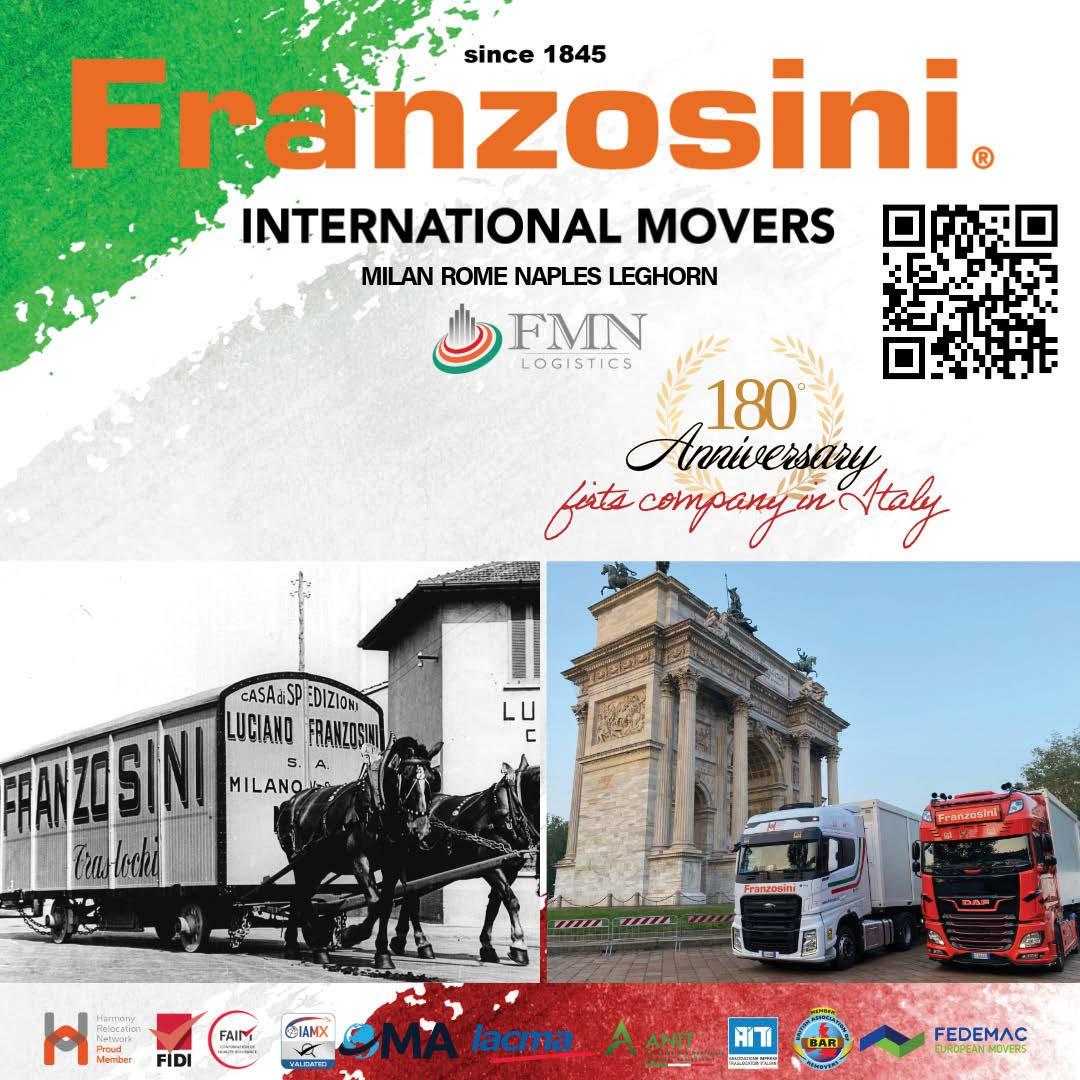
as well as intermodal transport, logistics for trade shows and events, relocation services, pet transport, and related services.
We are committed to the continuous improvement of our services, ensuring the best possible experience for our clients. This commitment to excellence is demonstrated by our ISO 9001, ISO 14001, and ISO 45001 certifications.
Franzosini’s history demonstrates how a small business, established during a time of economic hardship, can flourish through dedication and passion. This success story is proof that attention to detail, innovation and respect for the customer are values that never go out of style and that continue to guide the company towards new goals.


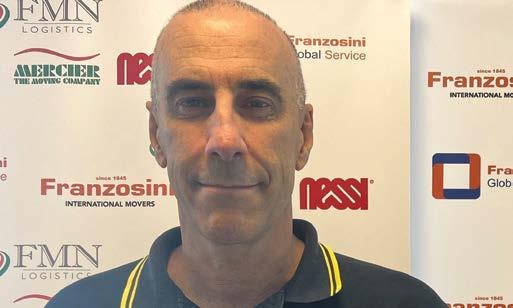
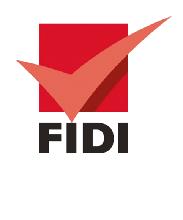



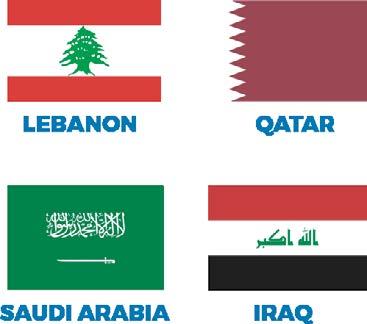

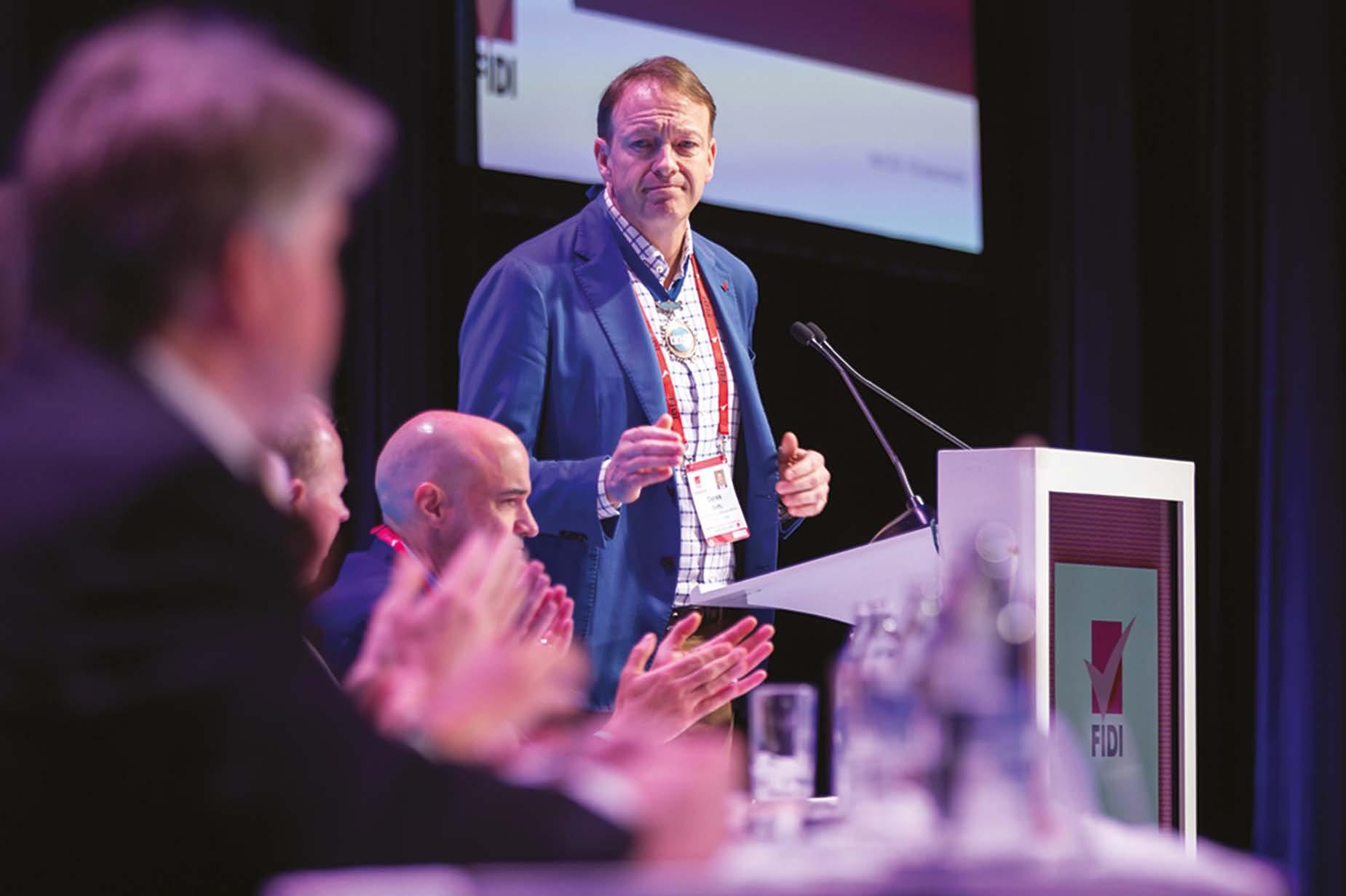
As Derek Duffy’s two-year tenure as FIDI President nears its end, Jesse van Sas reflects on his contributions and the vital role of the presidency in guiding the organisation
They say time flies when you’re having fun – or when you’re navigating the high-pressure, sometimes headache-inducing world of leading a global organisation such as FIDI. So here we are, preparing to thank our outgoing FIDI President, Derek Duffy, as his tenure comes to an end after two years.
To the untrained eye, being FIDI President might seem glamorous: meetings in great locations, a seat at the top table, and plenty of LinkedIn-worthy moments and pictures. Sure, there’s a bit of that, but behind it lies the reality: a job requiring strategic foresight, diplomacy, and an ability to roll with the punches – all on a voluntary basis, on top of the day-to-day responsibility of running a business.
Derek has spent two years leading FIDI through turbulent times marked by economic uncertainties, regulatory shifts, and rising compliance expectations. He has taken on the immense responsibility of rallying a diverse membership behind key decisions, despite differing interests and challenges. As any past President will confirm, pleasing everyone in this industry is an impossible task, but Derek embraced it head on.
As President, he has been the face of FIDI, a leader unafraid to take a stand. He played a crucial role in launching the DSP certification and the FIDI Netting project, supported members through difficult discussions, and gave his time and energy to serve the FIDI community. But leadership is never a solo act. Trust, honesty and fairness within the FIDI Board have been key to making the right calls and having each other’s backs. Through it all, Derek has helped foster a
Board dynamic that balances responsibility with camaraderie, ensuring that even the toughest challenges came with moments of good times and laughter. This role isn’t just about decisions and speeches; it’s about being present, accountable and, sometimes, the one who takes the heat.
FIDI Board members commit to eight years of service, including two years as President. That’s eight years of balancing professional, personal and FIDI commitments, tackling governance challenges, debating industry issues, and, yes, reading lengthy reports (we try to keep them exciting!).
Derek has navigated it all with humour, pragmatism and the ability to bring levity to tricky conversations. Whether discussing membership changes, complex compliance matters, or the all-important Board meeting catering (an underrated topic), he led with clarity, fairness and a well-placed joke.
As we approach the FIDI Conference in Dubrovnik, we prepare for the official handover to Cédric Castro. It’s a bittersweet moment: we say goodbye to Derek as President, but not entirely, as he remains on the Board for another two years. His close friendship with Cédric will make this transition even smoother. If tradition holds, we’ll mark the occasion with a few speeches and the clinking of a glass or two in celebration.
To Derek: on behalf of the FIDI community, Board and staff, thank you for your dedication, energy, and for keeping your sense of humour through it all. FIDI is stronger because of you.
And to Cédric – your seat at the head table awaits! We look forward to the journey ahead.
See you all in Dubrovnik!


FIDI Netting first phase a success; Putters wins major Belgian contract; tech key to immigration challenges; US trade tariffs bring China retaliation; FIDI advice on EU HHGs change; Italy introduces new HHGs changes
Andrew Bennett reports on the global risks that movers face today –and the steps they can take to avoid them
Long-established FIDI Affiliates on the changes they have seen in the business, including the foundation and development of FIDI
FIDI Focus Editor Dominic Weaver speaks to industry stalwart John Roller about the history and transformation of global mobility
After an unprecedented year of elections, Andrew Mourant speaks to movers about the upheaval caused to their businesses
Natasha Tavoukjian, President, FIDI Mediterranean, and Esa Niemi, President, FIDI ADA, welcome FIDI Conference Delegates to Croatia
24-28 FIDI CONFERENCE
How to make the most of your time at the 2025 FIDI Conference, by FIDI Sustainability and Strategic Communications Manager Magali Horbert
32-34 FIDI 39 CLUB
FIDI 39 Club Vice President Juan Diaz and board member José
Luis Tabuenca discuss building a personal brand
53 HOW NETTING WORKS
A guide to the ins and outs of FIDI’s new Netting system and how FIDI Affiliates are benefiting
66-67 FIDI ACADEMY
FIDI Academy Manager Chantal Fera gives an overview of FIDI and SMP Academy’s corporate sales training programme
74-75 FIDI SERVICES
FIDI Business Intelligence Manager Marie-Pascale Frix argues for robust payment conditions up front
76-77 MARCOMS
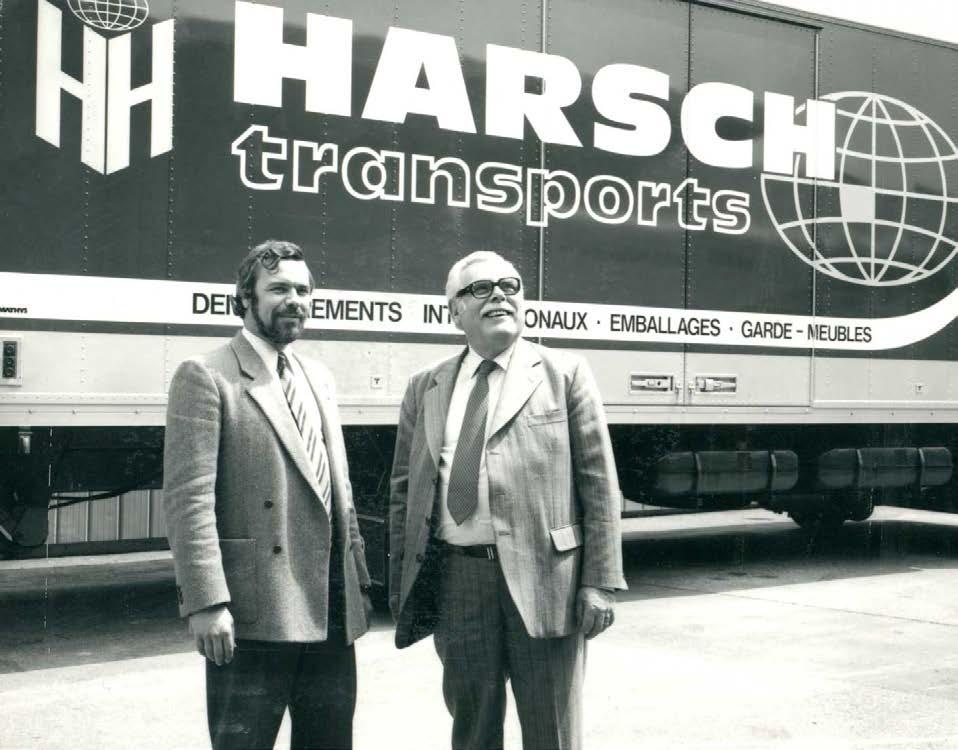
FIDI’s Communications and Marketing Officer, William Zamundu, and Marketing Coordinator Shola Gallard show us how to develop a brand across different service areas
AT A GLANCE
Statistics on the 2024 mega-year for elections
78-79 PEOPLE MOVES
Christina Chrisovergis new Celebrity CEO; De Haan promotions; Atlas appointments; pair move up at Gosselin; JK Moving names CEO; Bill Lloyd into OMNI
OBITUARIES
Ed Voerman; Ludwig Henk Senior and Marlene Henk






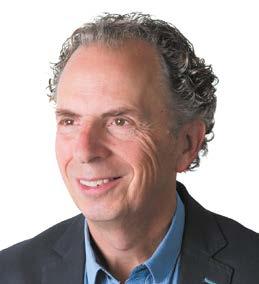
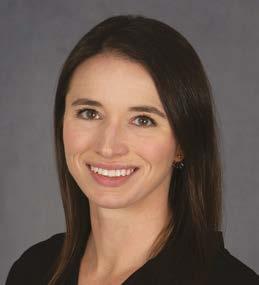

The FIDI office says goodbye and thank you to outgoing President Derek Duffy Page 5
FIDI Secretary General Jesse van Sas on how FIDI keeps its Affiliates informed and in shape to deal with difficult trading conditions Page 20
Jackie Stouffer, President of the FIDI 39 Club, looks at business succession ahead of chairing a conference panel on this topic
Page 30
Business diversification is now a must-have for movers, says Robert Cormier, of
Pages
+44 7305 911 889
Advertising
Manager: Chris Dixon email: sales@fidifocus.org telephone: +44 1223 378 012

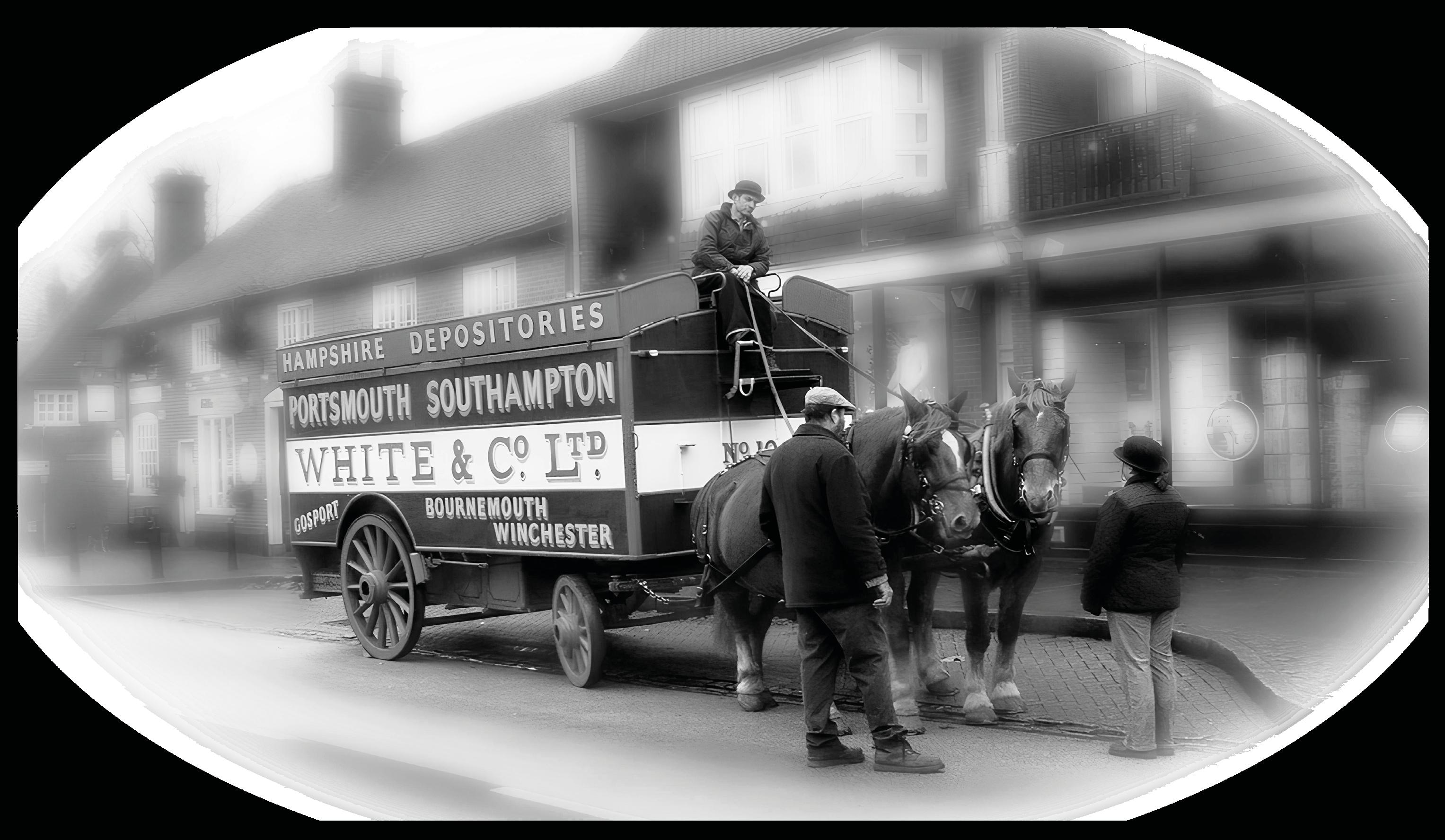
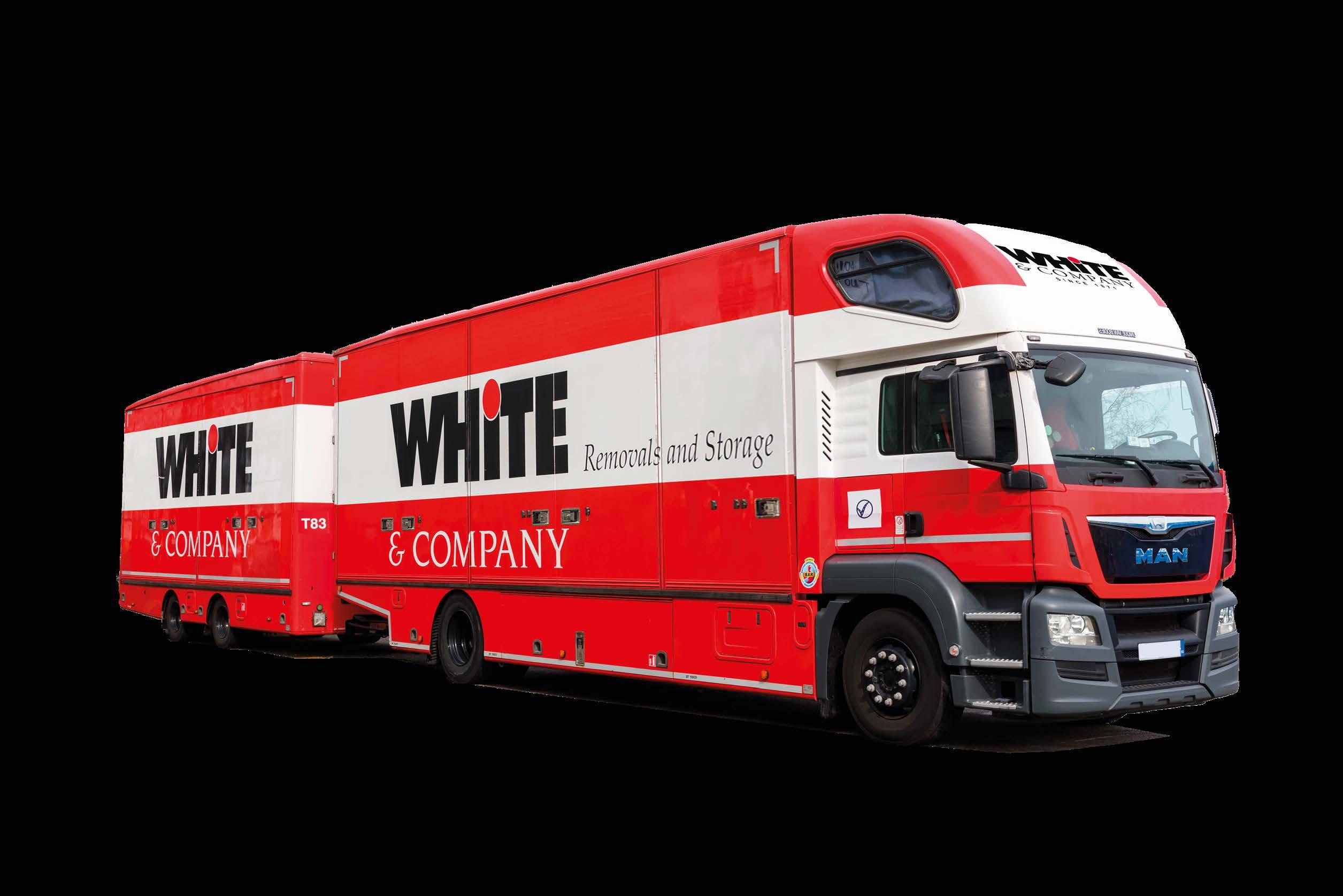
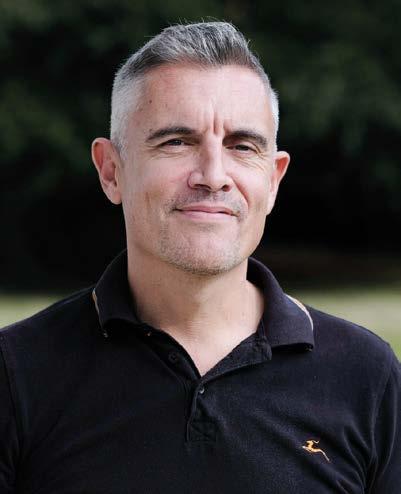
When you move goods long distances across international boundaries, risk is an inherent part of the job –from negotiating diverse customs regulations and the requirements of shipping paperwork, to the impact of fluctuating fuel costs, supply chain disruptions and evolving environmental regulations.
However, as the fifth anniversary of the start of the pandemic reminds us, businesses have had to cope with more than their fair share of risks in the past half-decade. These include COVID-19 itself, managing the scale of the bounce back when lockdowns ended, an ensuing lack of capacity and availability of materials – which then gave way to slackening demand – digital security threats, shifting trade alliances, and the increasing frequency of extreme weather events that disrupt global logistics. Security concerns in key regions add another layer of complexity, as do the unpredictable consequences of trade restrictions and sanctions, and new compliance requirements for sustainability regulations.
In short, there have never been so many hazards for the mobility industry to deal with. Add to this the
fact that, in 2024, there were 74 elections globally, involving around a quarter of the world’s population – plus European Parliamentary polls – and you begin to understand why business confidence remains shaky (see column, page 20, and our global election round-up on pages 56-64).
Yet, as we have come to understand through recent experiences, businesses that embrace responsive policies can survive and even thrive. So while, in this issue of FIDI Focus, we learn about the difficulties movers are enduring, we also hear about forward-thinking strategies – including adopting new technologies and diversifying into profitable areas –that are helping future-proof companies.
Risk and resilience are themes that recur in the packed programme for the 2025 FIDI Conference in Dubrovnik, which you can read about on pages 24-28. Our feature also includes a guide to making the most of the time we have together as an industry, embracing the sessions, but also the social schedule, to build the deep relationships that, during difficult times, give us the combined strength to succeed.
I’m looking forward to seeing you there.
DOMINIC WEAVER Editor, FIDI Focus
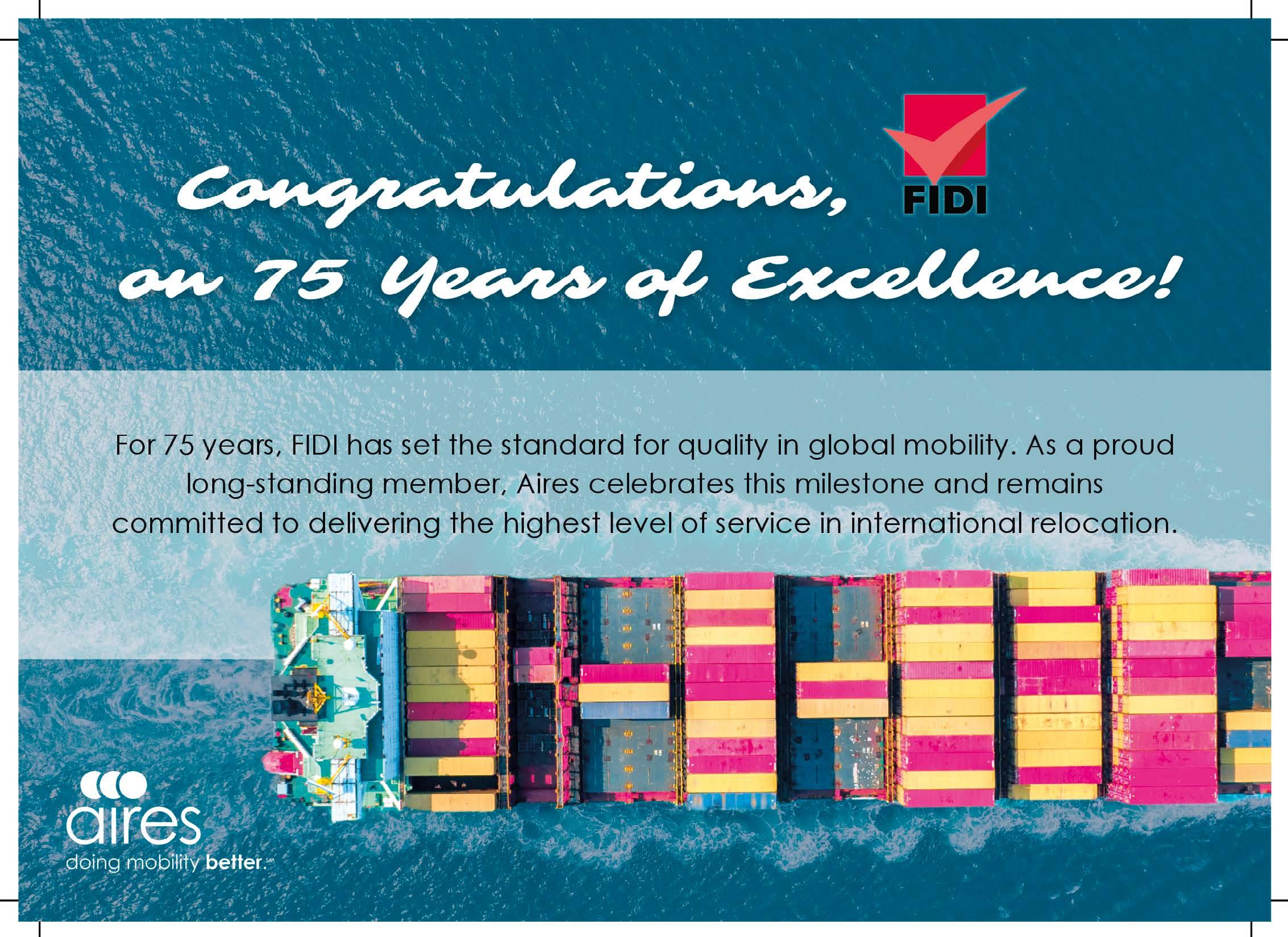

The Hasenkamp Group’s Polish partner company Euromove International Movers is now operating under the new name Hasenkamp Relocation Services Poland (Polska), a change the company hopes will strengthen its market presence in Eastern Europe.
Euromove has been part of the Hasenkamp Group since 2009 and is one of 11 partner companies of the international logistics and relocation services provider.
Marcin Rossa, Managing Director of Hasenkamp Poland, said: ‘We are very pleased that we can now operate under the name Hasenkamp Relocation Services Polska and so communicate our affiliation with the Hasenkamp Group even more clearly.
‘This gives us the opportunity to position our high-quality standards and comprehensive service offering even better in the market. The proximity to the Hasenkamp brand is an advantage in terms of trust for our customers.’
Markus Luthe, Managing Director of Hasenkamp Relocation, added: ‘By changing our name from Euromove to Hasenkamp, we are sending out a signal of our successful cooperation and our strategy for continued growth in the region. Our common goal is to further expand our removal, relocation and logistics services, and offer our customers – in Poland and beyond – the best possible service.’
As FIDI Focus went to press, FIDI said the second phase of its new Netting system is under way, after the ‘resounding success’ of the launch phase in January.
The organisation said the first round concluded smoothly, efficiently, and on time, on February 17, with the FIDI Netting Centre finalising payments to net-receivable participants.
The second cycle will conclude in March.
FIDI Netting allows Affiliates to consolidate money owed and payable into a single monthly transaction between companies.
Welcoming the successful launch of FIDI Netting, Jesse van Sas, Secretary General of FIDI, said: ‘Doing something very new for FIDI did test our
nerves in the past few weeks. But after seeing this first cycle completed flawlessly, the FIDI Board and I are ecstatic about the results.
‘Our FIDI Netting Centre team has been outstanding –true professionals.’
FIDI said participation in its new system is growing, with this first successful cycle demonstrating its ‘efficiency, security and costsaving potential’.
More members are encouraged to join and ‘benefit from simplified international payments, reduced bank fees and improved exchange rates’.
For more information on how to get started, visit the dedicated Netting page on FIDINET (only for FIDI members).
Brussels-based moving specialist Putters International NV has secured a four-year contract to handle international relocations for Belgium’s Federal Public Services, including the ministries of foreign affairs, defence, finance, justice and police.
The company will oversee all international moves for public service personnel, including diplomatic relocations to and from Belgium and between diplomatic posts around the world.
Luc Premereur, Director of Diplomatic Services at Putters International, said: ‘This agreement positions Putters Belgium as the exclusive provider for these crucial services, reinforcing our commitment to excellence in diplomatic relocation.’
Luc Putters, CEO of Putters International NV, added: ‘We are thrilled about this opportunity to showcase our expertise in diplomatic moving. With Brussels being one of the world’s most important diplomatic hubs, this win not only strengthens our reputation within the diplomatic community, but also enhances our position in the international moving industry.
‘Diplomatic relocations have always been a core part of our business, and this contract allows us to further develop this specialisation while growing our operations.’
Putters praised the efforts of his team in the bidding process, particularly Operations Manager Claudia Feskens, Sales Director Jaff Van Durme and the Harmony team. ‘We’re particularly proud that our sustainability initiatives and environmental commitments were recognised and appreciated by the federal services,’ he said.
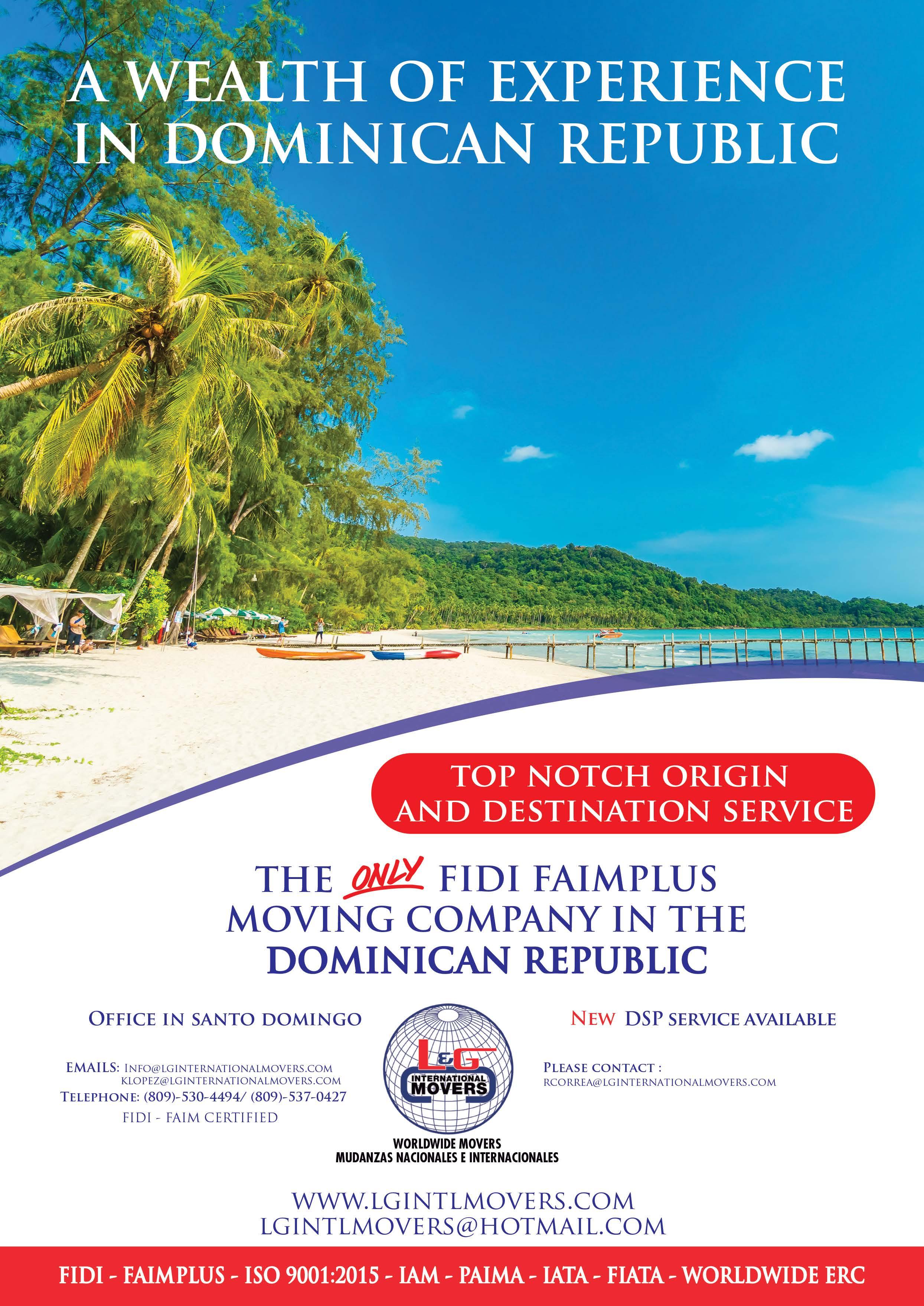
FIDI is warning its Affiliates about new regulations affecting sea-freighted consignments of household goods that could lead to disruptions, delays, nonshipment or sanctions.
The EU’s Import Control System 2 (ICS2) is effective immediately and imposes new reporting requirements for all shipments of goods to or through the EU, Northern Ireland, Norway or Switzerland, by sea and inland waterways. It is already being implemented by major carriers, including MSC, OOCL, One Line and Hapag-Lloyd. The new rules apply to businesses that supply goods or services, as well as companies handling or transporting goods.
Specifically, the description ‘Used personal and household effects’ is no longer recognised on an original bill of lading. Instead, shippers must use the code HS 9905 – with the description ‘Personal property belonging to natural person transferring their normal place of residence’, followed by five to 10 descriptions of the types of item (furniture, clothes, kitchenware, books, toys, paintings/pictures, and so on).
The new regulations will apply to rail and road movements from 1 April 2025.
A resource page on the ‘EU ISC2 Release 3 requirements’ is under construction on FIDINET. For more information, contact FIDI Business Intelligence Manager, Marie-Pascale Frix at Marie-Pascale.Frix@fidi.org
FIDI Focus is releasing a white paper on insurance and risk mitigation, in collaboration with international insurance specialist for the moving, self-storage and relocation industries Reason Global.
The publication will: give an overview of the challenges facing the sector, including increasing market volatility, geopolitical tensions and changing global trade dynamics; highlight the importance of fit-for-purpose insurance; and give best-practice tips for the moving and relocation industry.
The white paper will be downloadable as a PDF from the FIDI Focus website, with hard copies available at the 2025 FIDI Conference in Dubrovnik.
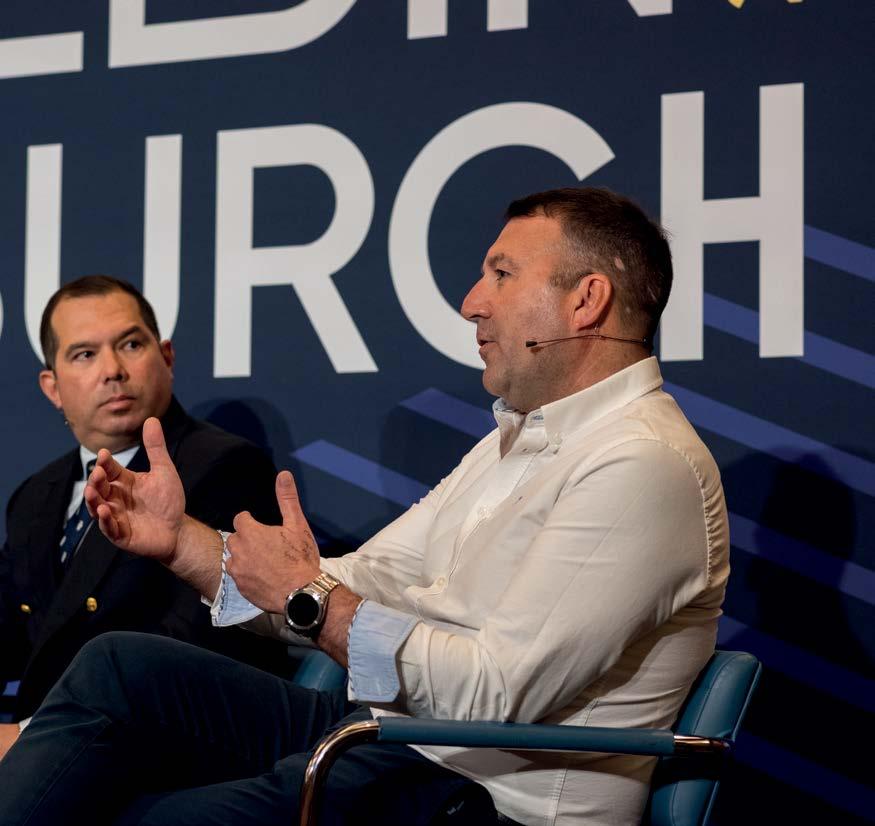
Trade tariffs on Chinese imports into the US have been implemented following an executive order by US President Donald Trump.
The 10 per cent tariffs were introduced on 4 February and were met with retaliatory measures, as China imposed a 15 per cent tax on imports of US energy and products from 10 February. President Trump doubled the initial tax on China to 20 per cent on 4 March.
He also introduced 25 per cent tariffs on imports from Canada and Mexico, because of what he says are concerns about drug trafficking and border security.
An article in independent academic news service The Conversation said potential impacts of the US tariffs include higher costs
of goods – including vehicles, construction materials, energy and food – supply chain disruptions, damage to the agricultural sector, and further retaliatory measures, plus generally heightened tension globally.
Meanwhile, President Trump may buy back the Panama Canal following legislation introduced in Congress at the start of January.
The Panama Canal Repurchase Act of 2025 would allow the President to start negotiations with the Panamanian government to reacquire the major shipping waterway, which links the Atlantic and Pacific oceans.
According to FreightWaves website, Trump suggested the buy back in December for ‘economic and security reasons’.
Get professional marine insurance solutions from experts with over 100 years combined experience. With fully automated online solutions for you, competitive rates from A rated insurers, and peace of mind claims handling for your clients.
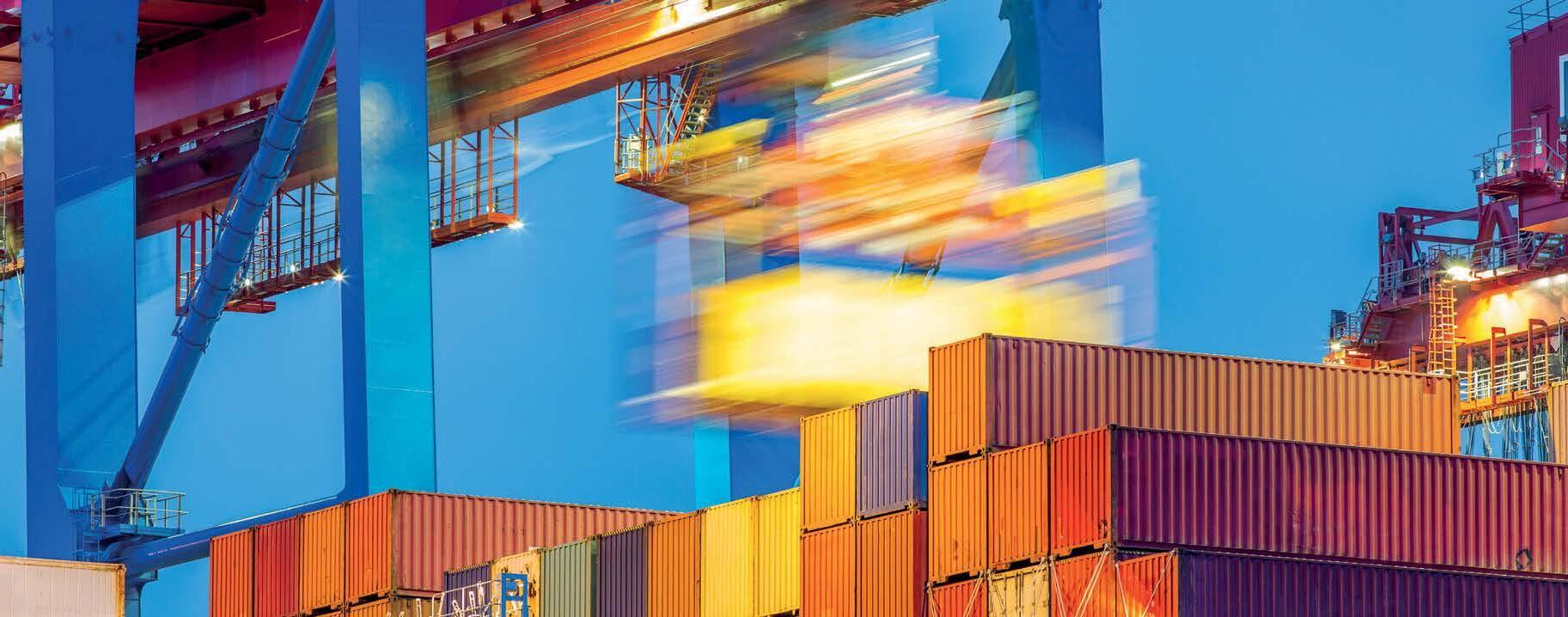
Atlas International Movers will acquire Sterling Lexicon’s Geneva operations as of 1 April 2025. The company says the deal strengthens its ‘commitment to providing top-tier moving and relocation services, while enhancing its local presence in the region’.
Dees Peters, President of FIDI Netherlands and CEO of Atlas International Movers, said: ‘This is a major milestone in our international growth strategy.
‘The opening of our second Swiss office in Geneva is a key step in strengthening our presence across Europe, underscoring our dedication to exceptional service.’
Atlas’s new Geneva office will officially open in April, and Peter Visser will continue as Managing Director of Switzerland, leading both the Zurich and Geneva offices.
Dominique Mundia will be the General Manager of the Geneva office, and will continue to be supported by her existing, experienced team.
The Geneva office will serve as the company’s exclusive relocation hub, complementing its existing offices in Amsterdam and Zurich.
According to the company, the Geneva team will ensure continuity of service and uphold the high standards clients have come to expect from them.
A new report from US-based immigration law practice Fragomen says adopting new technologies should be a priority to help businesses thrive in the year ahead.
The Worldwide Immigration Trends Report: Challenges and Opportunities for 2025 says tech solutions are now critical to giving firms the agility to remain competitive in an increasingly complex world. This includes artificial intelligence-driven solutions and data analytics, to streamline immigration processes, improve efficiency and enhance employee experiences.
The report identifies three key challenges that employers face, and a recommended approach to tackling them. They include the currently volatile global geopolitical conditions, where isolated events can


escalate quickly into disruptions that are international in scale, and which businesses must mitigate by having a ‘proactive crisismanagement team’.
Increasing bureaucracy, talent gaps and economic shifts are also issues.
‘While economic growth remains steady, uncertainty from trade disputes, high interest rates and other global challenges calls for caution and creative planning,’ says the report.
The third challenge, according to Fragomen, is for companies to stay on top of the growing regulatory risks, as governments are tracking and reporting better on immigration compliance.
Download the full Worldwide Immigration Trends Report at bit.ly/FF317news
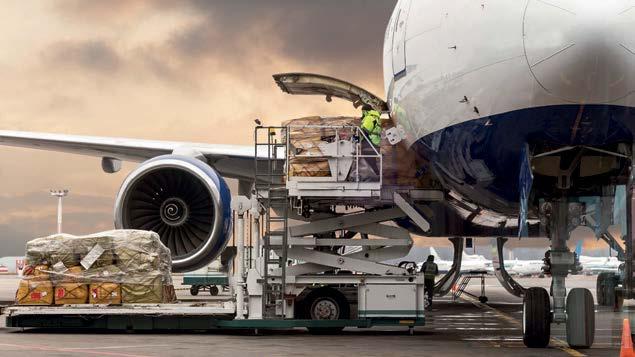
The International Air Transport Association (IATA) has announced record figures for the use of global air cargo during 2024.
Full-year demand for cargo to December 2024 increased by 11.3 per cent, and 12.2 per cent for international operations, on the previous year. Overall demand surpassed the record volumes attained in 2021.
Full-year capacity for the year increased 7.4 per cent on the previous year, and 9.6 per cent for international operations. Full-year yields averaged at 1.6 per cent lower than 2023, but were significantly higher than in 2019.
IATA Director General Willie Walsh said: ‘Air cargo was the standout performer in 2024. Importantly, it was a year of profitable growth. Demand was boosted by particularly strong e-commerce and various ocean shipping restrictions. This, combined with airspace restrictions that limited capacity on some key long-haul routes to Asia, helped to keep yields at exceptionally high levels.’
IATA estimates growth of 5.8 per cent for 2025. ‘Economic fundamentals point to another good year for air cargo,’ Walsh said. ‘There is no doubt, however, that the industry will be challenged to adapt to unfolding geopolitical shifts.’
Contact us or scan the QR code today, to learn how we can help you unlock the full value of your insurance and keep your clients protected with ease.
(0)1273
Italian movers association AITI has launched a new moving network to connect Italian and international businesses, and cut carbon emissions by reducing empty truckloads.
According to the organisation, Moveconnect ‘will be the reference point to optimise and simplify its members’ logistics and operational services. It will… help members grow their businesses and build relationships that matter with other companies in the industry.’
John Mason International was named Established Business of the Year 2024 at the Allica Bank Great British Entrepreneur Awards, held at London’s Grosvenor House Hotel. The accolade was given in recognition of the Merseyside-based organisation’s success since Simon Hood’s ownership began in 2021, including record-breaking profits despite the challenges of Brexit and the pandemic.
Hood said: ‘It’s an incredible honour to have the hard work and dedication of John Mason’s staff recognised by the Great British Entrepreneur Awards.’
Italian Affiliate Bliss Corporation has joined the OMNI network. The company was founded in 2008 by Francesco Argirò to specialise in worldwide moving, logistics, corporate relocation, immigration services and global pet relocation, and has operations in Milan and Rome. Giulio Argirò, Head of Legal and the company’s DSP-Relocation and Immigration Manager, said: ‘By joining OMNI, we are setting new benchmarks in service quality and fostering partnerships that enhance the global relocation experience.’
Santa Fe Hong Kong has also rejoined OMNI. The company’s Patrick Groth, General Manager for Hong Kong and Taiwan, said: ‘Rejoining allows us to collaborate more closely with some of the most experienced partners in the industry, ultimately benefiting our customers.’
Container shippers have slashed rates on Asia-Europe routes to boost business during the annual drop-off in trade following Chinese New Year. According to The Loadstar magazine, the Shanghai Containerized Freight Index and Korea Ocean Business Corporation’s Container Composite Index for Asia-Europe routes have shown a drop in prices of three per cent and four per cent, respectively. These figures could be early signs of ‘an emerging rate war’, it added. The drops were initiated by Maersk, which cut prices to less than US$4,000 for a 40ft container for shipments in late January, and followed by MSC, which is now offering rates of US$3,840.
Denmark has replaced the Europe-wide Eurovignette roaduser charge system with a kilometre-based toll system. Introduced on 1 January 2025, the new Danish toll includes a CO2 tariff, and applies to vehicles weighing 12 tonnes or more, except for buses, across the country’s network of almost 11,000km of road. The toll varies depending on the weight of the vehicle, its CO2 emissions class and the number of low-emission zones crossed.
Swiss mover Welti-Furrer has secured FIDI accreditation for a Basel branch, following the acquisition of former FIDI Affiliate Settelen, a local business with more than 3,000m2 of storage space, its own carpentry workshop and more than 20 removal vehicles.
Group CEO Markus Maushart said: ‘As Welti-Furrer, we have been active in Basel for many years, but until now without our own business location,’ he said. ‘The acquisition of Settelen will enable us to respond even more flexibly to local customer needs.
‘Basel will offer all the services of the Welti-Furrer Group, including our headquarters in Zurich. These include domestic and international removals with origin and destination service, fine-art transport and storage, and mobile cranes and heavy transport.
‘Settelen and Welti-Furrer share the same vision of a sustainable and long-term business policy. Customers of both companies can therefore expect us to provide a top-class service, with a truly Swiss quality standard.’
Asian Tigers Indonesia took preventative measures to limit the impact of its email server being ‘potentially compromised’. In an email to customers on 19 February, the company said it was working closely with its provider ‘to investigate and resolve the issue’, and that it had taken its email system offline to prevent any further risk.
The company advised clients and partners not to respond to emails from @asiantigers-indonesia.com, and has provided WhatsApp details for key contacts by way of an alternative.
As FIDI Focus went to press, Bill Lloyd, Managing Director of Asian Tigers Indonesia, said: ‘We appreciate your patience as we work to restore our email system’, adding that there would be further updates once its system was secured and back online.
The European Union’s (EU’s) new carbon-intensity regulation FuelEU Maritime took effect on 1 January. It requires shippers to report on their operations’ emissions and mitigate them through higher taxes, lowering fuel consumption or switching to greener sources of fuel.
The measures are part of the EU’s plans to bring down overall shipping emissions by 80 per cent by 2050, against 2020 levels.
Shipowners must report on the ‘well to wake’ emissions of their vessels. This measures

the total impact, from fuel production to end use in a ship. Emissions over the compliance limit are now charged at €2,400 (approximately US$2,470) per tonne of Very Low Sulphur Fuel Oil energy equivalent, around three times the price of bunker fuel.

Italy has introduced a new rule for household goods (HHGs) shipments entering, leaving or passing through the country.
FIDI Italy has advised its members that, since 1 December 2024, shippers and importers must provide customs with a valid, registered Economic Operators Registration and Identification (EORI) number. The new requirement, which was only announced in mid-November, applies even to individuals who are not considered to be ‘economic operators’.
Similar requirements were introduced across the EU several years ago. However, Italian customs had previously accepted customers’ Italian fiscal code (codice fiscale) for non-commercial operations involving HHGs. Now, this code must be prefixed with ‘IT’ and validated by customs, too.
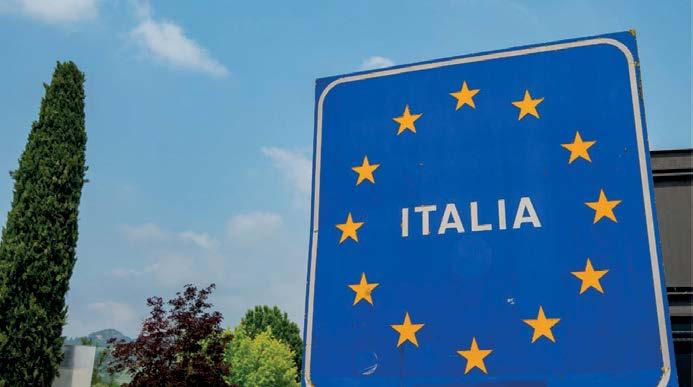
The aim of the EORI requirement
To give EU customs authorities easy and reliable access to operators’ registration and identification data. A centralised electronic system has been developed to store and exchange EORI data across EU member states.
How to get an EORI number
Customers can apply for an EORI number at the customs office nearest to their area of residence. However, this might not be straightforward, and some
The Young Movers Conference (YMC) 2025 will focus on the moving industry’s sustainability credentials, as European movers prepare for the introduction of new packaging regulations.
The FEDEMAC event will take place from 10-13 April in Warsaw, Poland, with ‘Recyclable by 2030 – Transforming the Moving Industry One Package at a Time’ as its theme. It will address the implications of the upcoming EU Packaging Waste Regulation, which states that all packaging in Europe must be recyclable by 2030. The programme will feature a panel discussion with industry experts, and showcase companies that are developing more sustainable packaging for movers. There will also be a ‘speed networking’ session, and social events that take advantage of the local culture and venues.
Bertil Durieux, President of FEDEMAC, said: ‘YMC has proven to be a crucial platform for building long-term industry relationships and addressing pressing challenges in our sector. This year’s focus on sustainability reflects our industry’s commitment to meeting future environmental regulations while maintaining operational excellence.’
Meanwhile, FEDEMAC has declared 19 May 2025 to be International Movers’ Day – ‘a celebration of the skills and dedication of on-road moving staff and an acknowledgement of the excellent work they do’.
Durieux hopes all moving industry associations and their members will recognise the awareness day in some way, helping to communicate the difference between movers and the rest of the haulage industry. The organisation is setting up an online platform where companies can add their logo, comments and information about how they recognised the day.
offices may experience delays because of increased applications.
Alternatively, you should seek assistance from your Italian moving partner. The process typically involves:
1. Completing an application form.
2. Granting the Italian mover power of attorney to apply for and obtain the EORI on the customer’s behalf.
This service may incur additional costs, which should be confirmed directly with the partner.
While some cases may be resolved in one or two days, others could take one working week or longer, depending on the workload at customs offices. Since its implementation, an EORI code has only been required for export. It is unclear whether this will also be adopted for import in the near future.
Arpin International Movers has assumed the contracts of Walkboard Technologies, Inc., a transport and logistics start-up specialising in web and mobile software applications for the movement of household goods and storage.
The contracts were transferred as Walkboard closed its movemanagement subsidiary, Walkboard Express, ‘ensuring continued, uninterrupted domestic moving service for its existing customers’ said Arpin.
Company President Peter Arpin added: ‘As we welcome Walkboard’s customers into the Arpin system, we are committed to maintaining stability, minimising disruption and preserving trusted relationships.’
To help with the transition, Arpin has taken two Walkboard Move Coordinators onto its staff to provide expertise and knowledge of each client’s moving policies and procedures.
Walkboard CEO Greg Maczka said: ‘Walkboard has grown substantially over the past five years. With its experience and resources, Arpin was the ideal company to ensure Walkboard’s customers and relocating employees have the best relocation experience possible.’
German shipping carrier Hapag-Lloyd has warned customers that surcharges will increase by ‘roughly double’ after the scope of the EU Emissions Trading System charges were widened on 1 January. Carriers currently pay for 40 per cent of their vessel emissions; this has now been raised to 70 per cent. The extra fees will cover the cost of fuel bunkering arising from FuelEU regulations aimed at accelerating uptake of renewable and low-carbon fuels in shipping.

Momentous year of global elections... in numbers

1.65
3 billion
74 number of national elections in 2024 billion votes cast 61% – voter turnout billion population of India, most populous country to hold elections
approximate number of people with a chance to vote
1.4


After one of the toughest years the moving sector has faced in decades, and with ongoing geopolitical turmoil, the outlook for international business is still uncertain. FIDI Secretary General Jesse van Sas outlines how FIDI helps its Affiliates stay on top of latest developments, mitigate risk and stay resilient

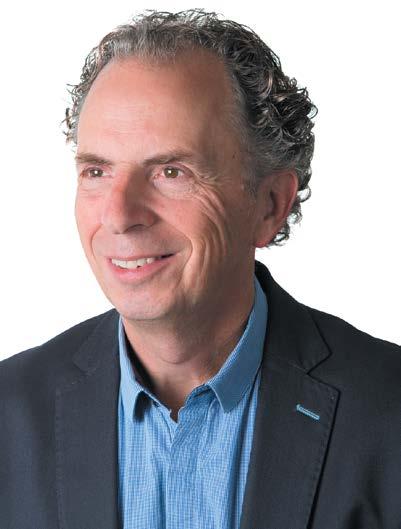
Having spoken to a lot of our Affiliates and other industry stakeholders in the past months, I think it is clear to everyone that 2024 was a year we’d rather forget.
Apart from the usual challenges, our business has seen one of the biggest drops in revenue ever recorded, provoked by complex economic and geopolitical circumstances.
The revenue drop was felt globally, with some regions hit harder than others. But as we are in a global business, a crisis in one continent almost always has ripple effects across the world.
Apart from our Business Confidence Barometer, which looks at the current climate and short-term outlook, FIDI has other instruments to measure the financial health of our Affiliates. Looking into the immediate past, we have our annual FAIM Financial Assessment of all members, measuring audited accounts on solvency, liquidity and profitability. FIDI has just published the latest FAIM Financial Assessment report of membership in 2024, which shows the continued overall good financial health of our members.
“As we are a global business, a crisis in one continent almost always has ripple effects across the world”
It may be a small comfort, but if you are feeling this difficult moment in our industry, you are certainly not alone. The FIDI Global Business Confidence Barometer (FGBCB), a tool measuring confidence that FIDI entrepreneurs have in the current business climate, went negative as from mid-2023, and showed a negative trend into 2024.
We did see a slightly more positive outlook in the last quarter of 2024 – mainly because of prices going up. Revenue-wise, most respondents are still expecting the same levels as in 2024 for this current year. No serious improvement though –at best a stagnation.
Which is probably the best we can hope for in the current, uncertain, geopolitical climate. Though our industry often thrives during local or regional crises, causing corporate and governmental customers to move their staff around, an uncertain international business climate puts a brake on foreign investments, immediately impacting our business negatively.
Perhaps it is a blessing that industries had to cope with the pandemic, turning many businesses into much leaner entities. Hopefully our Affiliates are now better prepared for this downturn in business than they might have been.
While solvency remains our top performance indicator, profitability is still an attention point. This is nothing new – we have seen this trend for many years. But perhaps this is why the FIDI Business Confidence Barometer forecasts increasing prices in 2025. I am curious to see how this will work out this year and next.
Another indicator of business health is our FASI reporting system. Surprisingly, the reporting of unpaid invoices has been very low throughout 2024, even at a record low. But we do see a steady increase of reported invoices since the beginning of this year.
Nothing dramatic yet, but it does show that the prolonged economic downturn is starting to affect even our members.
FIDI cannot improve the difficult business conditions of today, but we can help by: giving you information on the trends for yesterday, today and tomorrow, as well as the tools to mitigate the financial risks through our FASI programme; ensuring an overall healthy membership through the annual FAIM Financial Assessment; and, lastly, by offering our newest FIDI Netting service to reduce the cost of doing business with your FIDI peers.
FIDI’s financial scrutiny is there to offer real value to FIDI Affiliates.

FIND MORE OF OUR HUMANITARIAN WORK
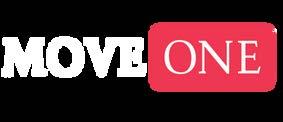




Natasha Tavoukjian, President, FIDI Mediterranean, and Esa Niemi, President, FIDI ADA, welcome Delegates to Croatia, as the FIDI Conference returns to the Mediterranean after more than a decade
The FIDI Mediterranean association, together with FIDI ADA, is excited to be welcoming you to Dubrovnik, Croatia, and hosting a wonderful evening for FIDI members attending the conference.

It has been many years since we held a conference in the Mediterranean region, the last one being in Athens in 2013, and Dubrovnik is the perfect destination for FIDI’s flagship annual event.
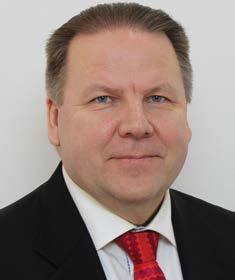
Many members ask me, as FIDI ADA President, what ‘ADA’ stands for. Historically, it stood for the Association of Direct Affiliates, and the name has stuck. As the FIDI federation is legally an association of associations, ADA is required to give Affiliates with few members a FIDI Association to represent them in FIDI’s governance.
“Known
as the
‘Pearl
of the Adriatic’, Dubrovnik’s ancient city walls, crystalclear waters and vibrant history make it a
top
destination for travellers”
Known as the ‘Pearl of the Adriatic’, it is a stunning coastal city, renowned for its medieval architecture and UNESCO World Heritage status. Its ancient city walls, crystal-clear waters and vibrant history make it a top destination for travellers.
The FIDI Mediterranean association was established in 2010 and has Cyprus, Greece, Bulgaria, Turkey and Israel under its umbrella. Initially known as ADA, the association was split into the two organisations that exist today, FIDI ADA and FIDI Mediterranean. While there is no FIDI member in Croatia, the two associations were delighted with FIDI’s suggestion to host the conference in Dubrovnik.
As with our event in Athens, you can expect another unforgettable night – and a conference you will remember for many years to come.
Natasha Tavoukjian, President, FIDI Mediterranean
FIDI ADA incorporates mainly Northern and Eastern European countries, as well as Affiliates from Russia, Kazakhstan and Uzbekistan, where no local or regional association exists.
Together with FIDI Mediterranean (FIDI Med), we are very much looking forward to co-hosting the FIDI Conference in the beautiful city of Dubrovnik. Croatia features in FIDI ADA’s territory, but while FIDI ADA doesn’t yet have a member in Croatia, we understand there is a firm in the country currently undergoing the process of preparing for its FAIM audit.
The boards of FIDI Mediterranean and FIDI ADA have been working behind the scenes to arrange a fantastic evening at the Banje Beach Club in Dubrovnik. This wonderful local hot spot will give us the chance to relax, with traditional cuisine, good music and beautiful views. Make sure to get the first coach down to the venue from the conference hotel for a chance to see the breathtaking sunset.
Enjoy your time at the conference.
Esa Niemi, President, FIDI ADA




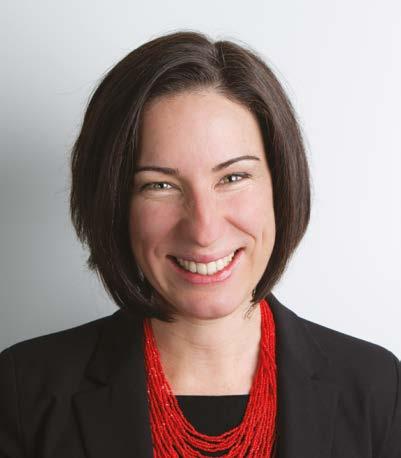
The 2025 FIDI Conference will give you plenty of conventional networking opportunities, and maximising your time at the annual flagship event is all about immersing yourself in the shared experiences and events. FIDI’s Sustainability and Strategic Communications Manager, Magali Horbert , explains
The 2025 FIDI Conference is just a few weeks away, and for many attendees – especially first-timers – making the most of this unique event requires a different approach to networking. Taking place in the stunning city of Dubrovnik, Croatia, this year’s conference will be hosted at the Valamar Lacroma Dubrovnik Hotel, where all the key activities will take place – from the traditional roll call and keynote presentation, to expert panels, workshops and the much-anticipated gala dinner.
So, it’s time to fine-tune your strategy to ensure you get maximum value from your conference experience.
The FIDI Conference is not just another industry event. Unlike other conferences, where attendees fill their schedules with innumerable one-toone meetings, the FIDI Conference experience is built on deep networking focused on developing meaningful business relationships that extend beyond a single transaction.
With 80 per cent of attendees being business owners, CEOs or senior management, the FIDI Conference presents an unmatched opportunity to connect with industry leaders on a deeper and
With nearly two decades of experience in cybersecurity, Jo Dalton is a recognised expert in helping businesses understand and mitigate digital risks. As Head of Pen Test Partners – Europe, Jo works with companies across industries to identify vulnerabilities in their systems and strengthen their defences against cyber threats.
Whether you’re looking to boost your brand, network with industry colleagues or showcase your services, our tailored sponsorship options can amplify your impact. Contact Chris Dixon at sales@fidifocus.org if you are interested. Thank you to our sponsors for their valuable support.
more strategic level. Rather than trying to squeeze in as many short meetings as possible, embracing the FIDI networking culture means immersing yourself in social events, interactive workshops and high-level business discussions – this is where real connections happen.
How to network smarter
Over the past few years, we have seen that, too often, conference attendees prioritise quantity over quality, trying to schedule an overwhelming number of individual meetings. While direct meetings are valuable, the real added value of the FIDI network comes from shared experiences –whether at a business session, a workshop or an informal social event.
1. Prioritise quality over quantity
At the FIDI Conference, the best connections happen organically, over a panel discussion, at a networking lunch or during one of the many social activities. Instead of focusing on ticking off names from a meeting list, engage in meaningful conversations and allow relationships to develop naturally.
2. Take advantage of social events
Events such as the Tour4All and the social tours are not just about relaxation and discovery; they are prime networking opportunities. These moments provide the chance to bond with peers in a casual, pressure-free setting, where you can get to know the person behind the business card and make long-lasting memories together.
3. Engage in high-level business discussions
This year’s FIDI Conference offers a compelling lineup of business sessions that tackle some of the biggest challenges facing the industry. These sessions are where the real business value of the conference lies. They provide insights that can directly impact your company, while also serving as discussion points to spark conversations with fellow attendees.

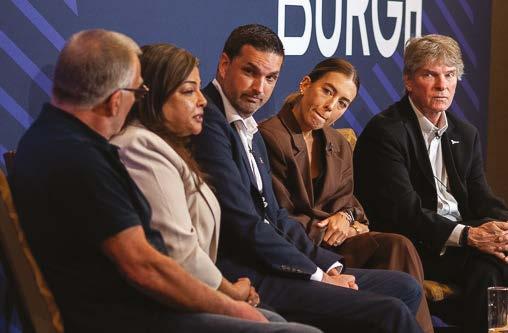
Keynote presentation: Threats and breaches: when the real world comes crashing in
Monday 28 April, from 11.15 to 12.30
For companies in the global mobility sector - handling sensitive customer data, managing international relocations and working with global partnerscybersecurity risks are a major concern (and if they are not, they really should be). From supply chain vulnerabilities to the challenges of remote-work security, this keynote will be a wake-up call to get an action plan in place, and fast.
Jo Dalton, Head of Pen Test Partners Europe, will deliver an essential keynote on the rising cybersecurity threats facing businesses today. This session will explore practical ways to prepare for
cyberattacks, not just in prevention, but in response.
Following the keynote presentation, Jo will lead a hands-on workshop on Threat Modelling, giving attendees the chance to apply what they have learned to real-world risk-management scenarios.
Panel 1: Policy, trade and talent: how the changing US political landscape affects global mobility
Tuesday 29 April, from 09.30 to 11.00
With the return of economic protectionist policies, the global mobility sector is facing new trade barriers, increased tariffs and restrictions on foreign movement. This panel discussion will explore the impact of these shifts on international moving and relocation businesses, with insights from industry leaders on how to navigate the evolving landscape.
For professionals working in the global mobility sector, where international operations, cross-border relocations and complex regulations are everyday realities, this session will provide crucial insights to help navigate and adapt to these challenges effectively.
Panel 2: The succession challenge: how (and why) to pass the torch to the next generation
Wednesday 30 April, from 08.45 to 10.00
Succession planning is a critical issue for many businesses in the moving industry, and not only for family-owned companies. This panel, led by Jackie Stouffer, FIDI 39 Club President, will explore why senior leaders often find it difficult to step aside,
“Social events provide the chance to bond with peers in a casual, pressure-free setting, where you can make long-lasting memories”
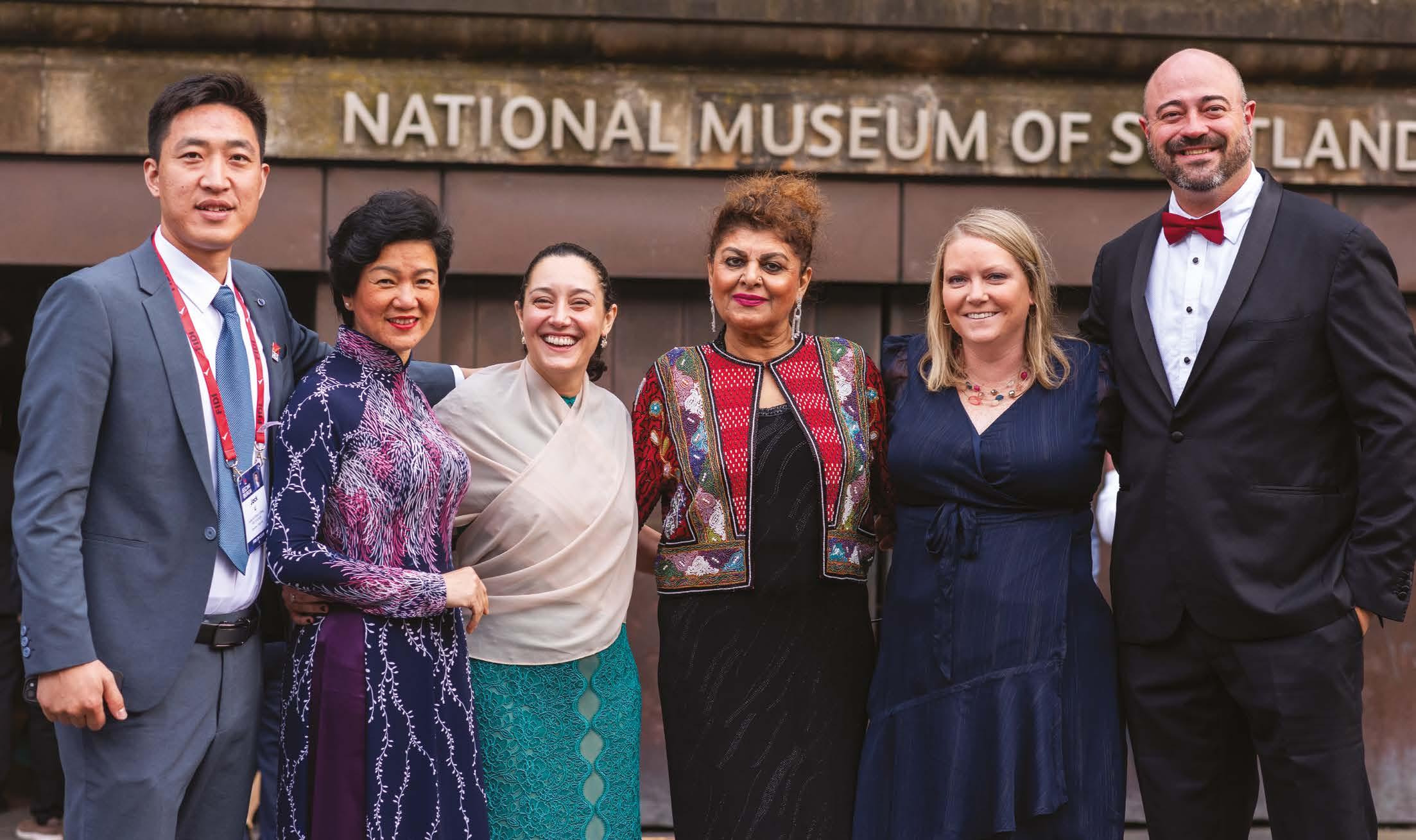
“Some of the most valuable connections happen spontaneously – over coffee, during a lunch break, or on a social tour”
how companies can prepare their next generation of executives, and what strategies can help bridge generational gaps while maintaining business stability.
The discussion will offer insights into the emotional and operational aspects of leadership transition, focusing on mentorship, structured succession planning and managing generational differences to ensure business continuity.
Whether you’re a company leader looking to plan for the future or an emerging professional seeking to understand leadership pathways, this session will offer invaluable perspectives and guidelines.
The FIDI Conference is not just about networking and business insights; it’s also where key decisions about the future of FIDI are made. With sessions such as the FIDI Delegates Meeting, the General Assembly and regional FIDI Association meetings, these governance meetings play a crucial role in shaping our organisation’s strategy and direction.
For many Affiliates, understanding how decisions are made and how to get involved can feel overwhelming. That’s why the FIDI Board invites all conference participants to an informal Town Hall meeting. This is your opportunity to ask questions directly to the FIDI Board, whether you’re curious about governance processes, future projects, or how FIDI represents its members on key industry issues.
There’s no fixed agenda, just an open and welcoming space to discuss what matters most to you. Whether you’re a long-time Affiliate or new to the FIDI community, this session is a great way to understand how your voice can shape the future of our industry.
Workshop: Third-Party risk management in practice
Wednesday 30 April, from 10.00 to 11.15
Understanding and mitigating risks associated with third-party suppliers and agents is crucial for compliance and business continuity. Thijs Deweerdt, Executive Director at EY Consulting, has extensive experience of the FAIM Compliance Procedure, and will introduce best practices in third-party risk management, providing practical steps for evaluating financial, geopolitical, corporate sustainability and data-privacy risks.
Netting workshop: Learn how FIDI Netting benefits your business
Monday 28 April, from 15.30 to 17.00
Tuesday 29 April, from 11.30 to 12.45
These workshops, led by Jesse van Sas, FIDI’s Secretary General, will provide an in-depth introduction to the FIDI Netting system, which was launched in January 2025 and is designed to simplify payment processes and improve cash-flow management.
Participants will gain practical insights on how the system works, its benefits, and how to integrate it into their company’s financial processes. Attendees will also hear from FIDI members already using the system, providing real-world perspectives on its impact.
Sustainability workshop: How to get started with sustainability reporting
Tuesday 29 April, from 11.30 to 12.45
Wednesday 30 April, from 10.00 to 11.15
Despite current political developments suggesting otherwise, sustainability remains a top compliance issue for businesses. Legislative requirements, particularly


“It’s about more than just business transactions: it’s about building a strong, high-quality
network
of industry professionals who support and learn from each other”
in Europe, continue to advance, and customer expectations for sustainable products and services are stronger than ever. This workshop will provide a stepby-step guide for relocation companies to start their sustainability reporting journey, using practical tools such as the FIDI x Worldfavor CO2e platform and other industry initiatives.
To fully benefit from the FIDI Conference, it is important to strike a balance between attending business sessions and engaging in networking opportunities. While the workshops and panel discussions provide essential industry insights, social events create the perfect setting for building stronger relationships.
Beyond scheduled meetings, some of the most valuable connections happen spontaneously – over
Spread the word: promote your participation at the FIDI Conference
Maximise your FIDI Conference experience by letting your network know you’ll be attending! Promoting your participation early helps you connect with fellow attendees in advance, spark conversations and make the most of your time in Dubrovnik.
To make it easy, we’ve put together the FIDI Conference Marketing Toolkit, filled with ready-to-use social media graphics, banners and templates to share on LinkedIn, Twitter and other platforms. Whether you’re an attendee, a speaker or a sponsor, you’ll find everything you need to showcase your presence and boost your engagement.
Download the assets and start sharing today! Access the toolkit here: www.fidiconference.org/marketing-toolkit. Don’t forget to use #2025FIDIconference to join the conversation!

coffee, during a lunch break, or in the relaxed setting of a social tour. Taking a well-rounded approach will ensure you leave Dubrovnik with not only new knowledge, but also a stronger professional network.
The FIDI Conference is about more than just business transactions: it’s all about building a strong, high-quality network of industry professionals who support and learn from each other. By focusing on deep networking, engaging in meaningful discussions and embracing the unique FIDI Conference culture, you’ll maximise the value of your time in Dubrovnik.
So, as you prepare for the 2025 FIDI Conference, remember: network smarter, not harder. Prioritise the moments that will create lasting relationships and provide real business value – not just for this year, but for many years to come.
We look forward to seeing you in Dubrovnik!
For detailed information about the FIDI Conference programme, please visit fidiconference.org or email the FIDI Conference team at admin@fidievents.org



Robust succession planning is essential for business continuity, talent retention and protecting legacies. Jackie Stouffer, President of FIDI’s 39 Club, looks at why leaders must take a
proactive role in shaping the future of their businesses
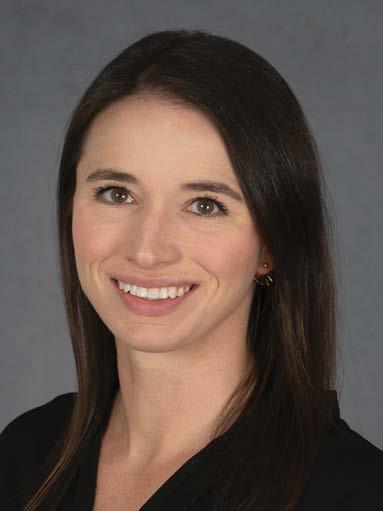
Succession – in life or business – should never be assumed or taken for granted. You cannot predict the future, so a leader’s responsibility is to plan for multiple versions of what lies ahead and be ready to pivot if even their best-laid plans do not work out.
Why? Because to do anything less than that exposes you to risk.
Put simply, succession planning is a form of risk management. A solid succession plan should involve layers – a bench, if you will – and should span years. I am 35 and am actively working on a succession plan for the role that I took on just over a year ago, and have plans for just about every position in my organisation for which I am responsible. This isn’t because I intend to go anywhere in the immediate future, but because I owe it to my team, my company and myself to have a plan.
A leader and company that takes succession planning seriously is more likely to retain its talent. By planning actively, you show your employees that there is a path for them within the organisation, sending a clear signal about investing and promoting from within. As a leader, having a plan is my responsibility. It is not a ‘nice to have’; it is essential.
Now, to the second part of my previous statement: ‘I owe it to myself’ to plan. For the sake of this article, I am going to assume that people in a leadership role have worked hard to get where
they are in their career, and have changed and improved the companies for which they work. When you fail to plan for succession, you run the risk of taking all that you’ve worked for in your hard-earned career and setting it on fire. There are generally two types of leaders to which this happens: the one who willfully ignores the need for planning and believes ‘things will just work out’; and the one who thinks no-one can do the job better than they can, so need to stay in their role as long as humanly possible. Both trains of thought are dangerous to business continuity.
To the leader who just doesn’t see planning as a priority, I have two questions: Are you proud of the work you’ve done? Would you like to ensure it is carried on, and expanded upon in the future? If the answer to either of these is ‘yes’, then you need a plan. Now.
To the leader who can’t let go, I ask: What drives you to hold on and fear letting go? How many bright employees have you lost over the years because the ceiling to their personal development was so glaringly obvious? You are clearly proud of the legacy you’ve built in your role (and so you should be), but isn’t the best way to preserve your life’s work to plan for the next generation to take over? The key to this is to plan with them, ideally even handing over responsibility while you are still there to mentor and guide them. The company will go on without you at some point in time; another person will be able to do the job you are doing. This is a fact. You should consider being the architect of this change, rather than a speed bump on the road to progress. This is not a sign of weakness; it is a strength.
I am passionate about this topic, having been an active participant in a successfully executed plan for my own future and now the driver responsible for planning for the futures of a growing team of talent.
I’ll be covering what I’ve touched on here, and more, in the upcoming panel session that I will be moderating at the FIDI Conference in Dubrovnik, and I hope to see some readers of this article there. Until then, my key takeaway would be this – succession planning should be an internal choice, made by a company and its leaders, not left to be forced upon you by external factors.
Navigating and welcoming change is a key theme of the FIDI 39 Club, and absolutely vital to the continued health of our industry. It may be difficult to navigate change across generational divides, but it’s not impossible. It is up to us all to ‘mind the gap’ - and, if we do, we will be collectively stronger for it.




As the FIDI 39 Club takes building a personal brand as one of its themes for 2025, club Vice President Juan Díaz and board member José Luis Tabuenca discuss what this means in practice – and ask if it is the same for introvert and extrovert personality types

When we think of personal branding, we often picture high-profile influencers, constant social media updates, and the never-ending pursuit of visibility. But what if you’re a naturally reserved person? What if self-promotion feels unnatural to you?
In international mobility – an industry that is built on relationships, expertise and strategic problem-solving – should we be seeking maximum exposure to be a leader?
The answer is, there isn’t only one path to success. Whether you are naturally outgoing or more reserved, personal branding is about making an authentic and
meaningful impact. A strong personal brand isn’t about being the loudest voice in the room. It’s about being trusted, offering insight, and impact – however you do it.
That doesn’t mean extroverted professionals don’t have an advantage in terms of visibility; rather that the key to success is aligning your personal brand with your natural strengths. Whether you’re an industry veteran or an emerging leader, crafting a brand that reflects your expertise and leadership can open new doors without forcing you into a mould that doesn’t fit.
So, what is the foundation of a powerful personal brand in our industry? Building a personal brand that reflects leadership in international mobility requires more than just an online presence. It’s about creating a lasting impression through trust, expertise and strategic communication.
To start, you must identify what makes you unique. Are you an expert in simplifying complex international regulations? Do you have a special ability to navigate cross-cultural communication – or perhaps your strength lies in executing seamless relocation projects? How have you navigated complicated clients? Understanding your value will help shape how you present yourself to the industry.
Crafting a leadership narrative is essential. People remember stories, not lists of accomplishments. Instead of simply stating your expertise, share experiences that highlight your ability to solve problems, lead diverse teams and deliver exceptional service –or even share those moments when you thought a shipment was flying to Paris and ended up in New York (hypothetically, this never happens). Your journey should be relatable and compelling, helping others see the impact of your leadership beyond just a title or a job description.
Visibility is another key factor, but it doesn’t mean constant self-promotion. Instead, focus on providing meaningful insights. Engaging on digital platforms such as LinkedIn or Instagram allows you to share thought leadership, contribute to industry discussions, and connect with key decision-makers. Thoughtful contributions to industry conversations will position you as a leader without requiring you to be the most outspoken person in the room.
At the same time, for those who thrive in the spotlight, using public speaking, video content and frequent engagement can be equally effective. The best personal brands are built by playing to one’s strengths; just be natural – what’s the worst that can happen? That people don’t click on your follow button? Well, yes, it can happen. It is, of course, better to try and ‘fail’ (whatever that means) than to never try at all.
LinkedIn is an invaluable tool for professionals in our industry. To establish yourself as a leader, it is crucial to optimise your profile. A professional photo, a compelling headline, and a well-crafted summary that highlights your expertise and leadership philosophy make a strong first impression.
Once your profile is polished, regularly sharing valuable content helps sustain your presence. Posting
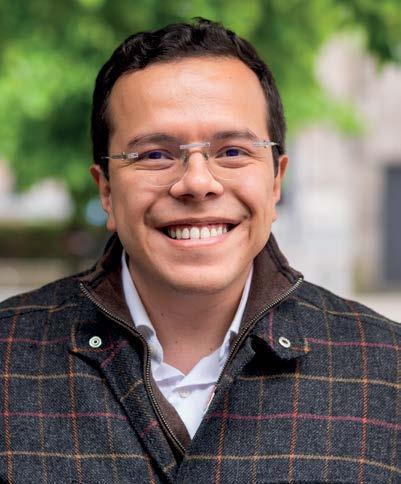
“A strong personal brand isn’t about being the loudest voice in the room. It’s about being trusted, offering insight, and impact –however you do it”


“Instead of chasing visibility for the sake of exposure, focus on credibility, authenticity and strategic engagement”
about industry trends, challenges and best practices creates engagement, while case studies, success stories and personal insights make your contributions more impactful. However, engagement is not just about posting; it’s about participation. Joining industry groups, commenting on discussions, and supporting colleagues and peers enhance your visibility and credibility.
Publishing in-depth articles through LinkedIn’s platform can further solidify your authority in the industry. Writing about topics such as global mobility strategies, cultural adaptation and relocation trends provides deeper insights that resonate with industry professionals. Hosting interactive sessions through LinkedIn Live also offers a real-time opportunity to share expertise, answer questions, and connect with a broader audience in a more personal way.
One of the biggest challenges in personal branding is maintaining professionalism while staying authentic. Defining your brand voice helps navigate this balance. Are you analytical and structured, or conversational and engaging? Your tone should reflect your leadership style and the audience with which you want to connect.
Blending professional and personal content keeps your brand relatable. While it’s important to highlight major achievements, incorporating personal experiences, such as cultural adaptation or leadership lessons learned from global projects, adds depth to your narrative. Authenticity, however, does not mean oversharing. It’s important to curate your online presence carefully, ensuring that your posts align with the professional image you want to project. Regularly reviewing your LinkedIn and social media profiles ensures consistency and relevance, allowing you to maintain credibility while staying true to yourself.
Personal branding is not just about visibility; it’s about relationships. Networking goes beyond adding connections, it involves fostering meaningful professional relationships. Engaging with key industry figures by following their content, commenting thoughtfully and initiating discussions can help build rapport and establish connections that matter.
Attending industry events such as conferences, webinars and networking sessions provides valuable face-to-face interactions that enhance your credibility. However, making connections is just the first step; following up with personalised messages, acknowledging professional milestones, and staying engaged with contacts’ posts ensure that relationships grow over time.
Collaboration is another effective strategy for building influence.
Participating in the FIDI 39 Club’s
programmes, including mentorship and scholarship, also positions you as a leader who values community and professional development.
The content you share plays a significant role in reinforcing your authority in our club and community. Expert opinion pieces that explore challenges such as remote-work transitions or the importance of cultural intelligence in business further cement your expertise.
Personal stories add a human element to your brand. Sharing anecdotes about navigating complex clients, leading diverse teams, or overcoming industry challenges allows your audience to connect with you on a deeper level. Interactive posts – such as polls, openended questions or discussion starters – encourage engagement and demonstrate your ability to facilitate conversations. These are powerful examples that can be used in more relaxed virtual environments such as Instagram or TikTok.
This year, the FIDI 39 Club will focus on personal branding: a crucial skill set for the next generation of young professionals in international mobility. Whether or not you’re attending the convention in Croatia this April, our club will dedicate efforts to helping members develop their professional presence. This initiative is about more than just visibility; it’s about crafting a brand that reflects expertise, credibility and authenticity – something that can influence not only our generation, but also those who come after us.
To support this effort, we are offering virtual and convention activities designed to help members step out of their comfort zones and dare to try new approaches. Whether through interactive workshops, live discussions or guided exercises, these opportunities will empower professionals to build confidence in their personal branding journey.

believe that you don’t need to be a natural self-promoter to build a strong personal brand, but those who enjoy the spotlight can equally use it to their advantage. Instead of chasing visibility for the sake of exposure, focus on credibility, authenticity and strategic engagement. Whether you are an extroverted speaker or a thoughtful strategist, your personal brand should play to your strengths. By consistently sharing valuable insights, participating in industry discussions and fostering professional relationships, you can establish yourself as a respected leader. Thoughtful and consistent efforts will grow your influence organically, ensuring you make a lasting impact in your industry, no matter your approach to visibility.
We invite every young professional in our FIDI community to join the FIDI 39 Club. This year we opened our virtual membership, and we welcome you, your experiences and willingness to grow in our industry. Let’s break the dimension of connection that our generation has to offer and engage on a different level.
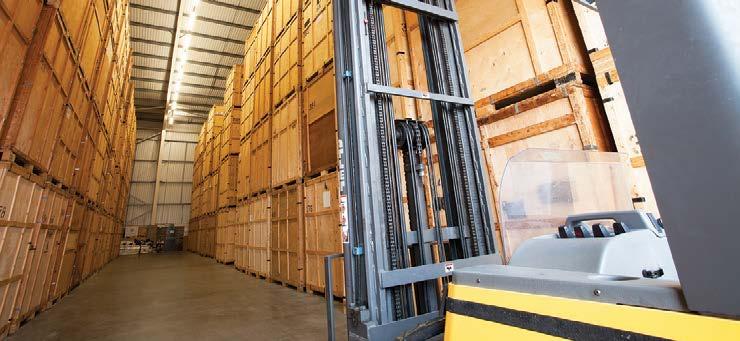






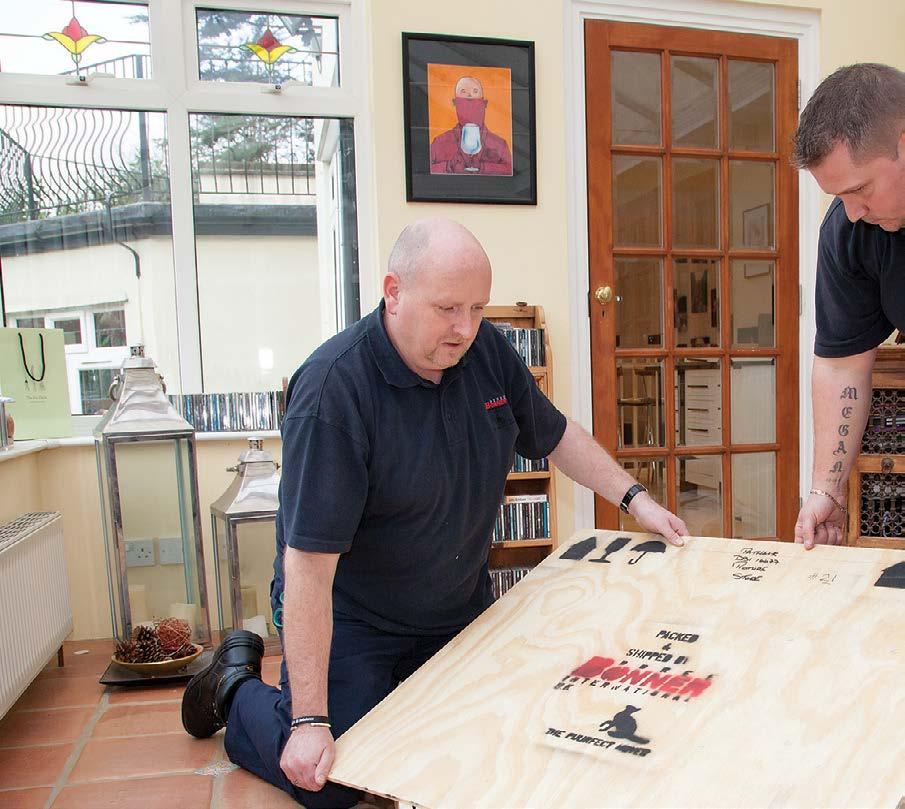
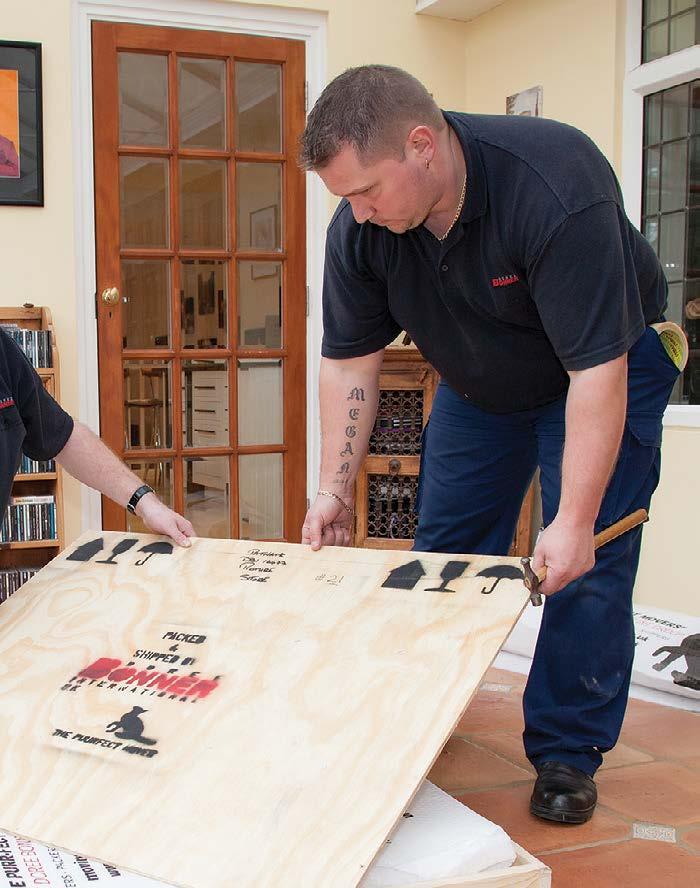




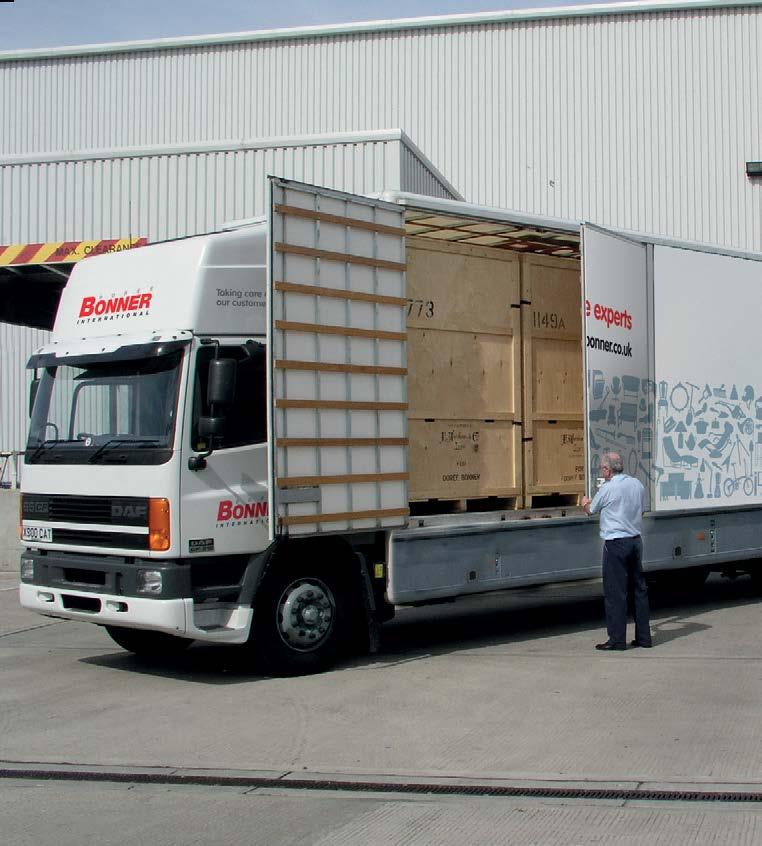

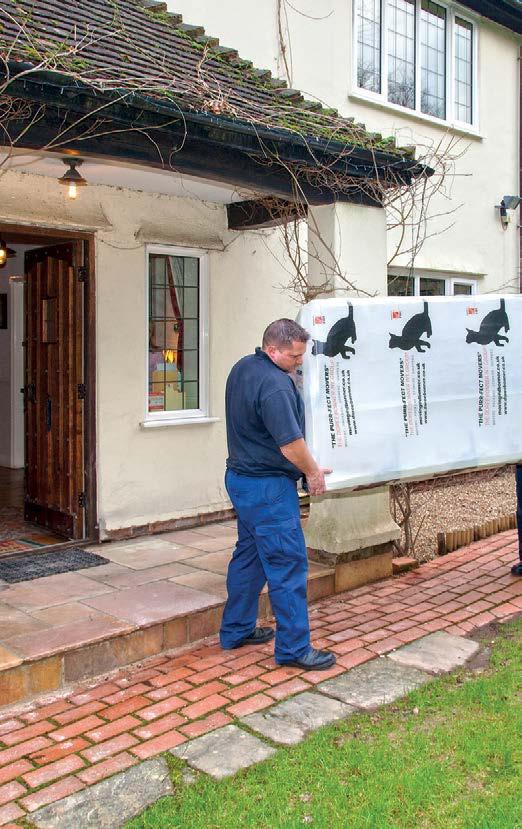
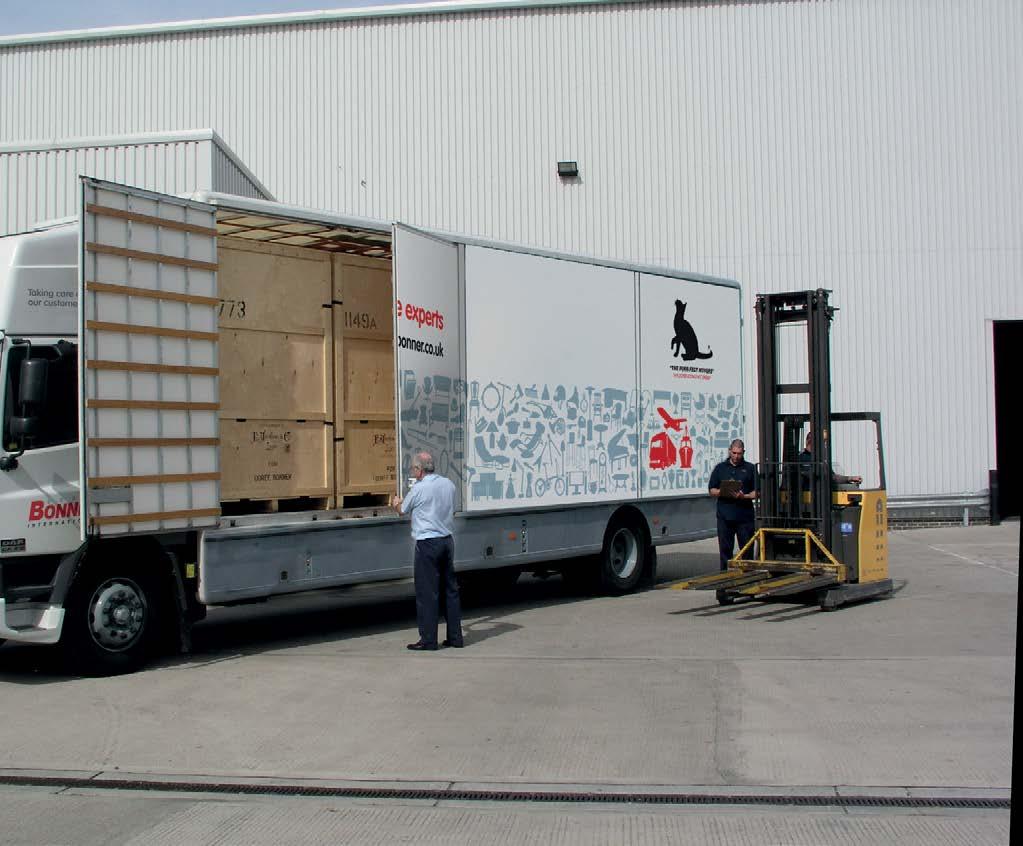

From whole house contents to cars, single items or pieces of art, no one is more careful than Doree Bonner International. We’ve been moving our customers’ possessions around the world for over 90 years - providing the highest standards of service at sensible prices.
For a free origin survey or destination rate, email us and get your clients move off to the ‘Purr-fect’ start. email: imports@dbonner.co.uk website: www.doreebonner.co.uk
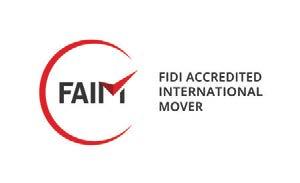

Whether it’s the increasing threat to operations posed by climate change, a growing burden of regulation and compliance, cybersecurity threats or political upheaval, there is plenty to keep FIDI Affiliate CEOs awake at night. While international relocation companies are experienced in dealing with challenges, there are potentially more risks to global mobility than ever before. Andrew Bennett looks at what companies can do to avert a crisis

The threat of COVID-19 may have receded around the world, but doing business across international borders is as tough as ever –some would say even tougher.
At the World Economic Forum’s (WEF’s) annual meeting in Davos in January, experts on risk confirmed armed conflicts and extreme weather among the leading global perils for the year ahead.
Misinformation and disinformation, including cyberattacks, were named as the top risks over a two-year timescale within the WEF Global Risks Report, according to NBC New York. However, environmental concerns, including extreme weather events and ecosystem collapse, dominated the risk rankings for the next 10 years.
The weather events cited by the WEF include heatwaves, tornadoes and floods, which featured strongly in its short-term and long-term rankings.
Odin Kloppers is Environmental, Social and Governance (ESG) Coordinator at the Mobilitas Group, and suggests that moving companies rank risks according to how they might directly impact on their bottom line.
He says: ‘The effects of climate change are clear; wildfires in California have been in the news and, last year, Valencia in Spain was hit by flooding. Adverse weather events have happened in almost every country in the world over the past five years, and are becoming stronger and more frequent.’
Adriel Lubarsky, CEO at Beehive, a company that helps businesses, including movers, measure and report on climate-related financial risks, adds: ‘Moving companies are particularly vulnerable to extreme weather events disrupting transport routes, infrastructure damage at warehouses, and increased costs because of fuel-price volatility or carbon




taxes. You can’t control the weather, but that doesn’t mean you should shrug it off as the cost of doing business.’
‘There is increasing demand for compliance with international sustainability standards, which creates a burden for companies – and, in terms of governance, non-compliance with legislative requirements creates the biggest risk,’ says Kloppers.
‘This can include financial penalties for companies who fail to report on sustainability topics, such as the CSRD [Corporate Sustainability Reporting Directive] in Europe, or certain city centres that ban non-electric or low-emissions vehicles.
‘To reduce the financial risk of the topics covered under ESG, planning ahead really is key.’
“Adverse weather events have happened in almost every country in the world over the past five years”
In the Netherlands, plans were announced to introduce low- and zero-emission zones in key towns and cities by 2025, only to be put on hold. ‘This change in policy impacts companies that invested in new electric vehicles (EVs) only to find the initiative had been cancelled,’ says Kloppers.
‘As well as investing in the vehicles themselves, transport companies have invested in training staff to adjust to using an EV.
‘Over the past 10 years, the trend is that companies have started to gain more insight into their sustainability performance and report that to their main stakeholders.’
Beehive’s Lubarsky believes the relocation
industry has started to make positive steps towards becoming more sustainable. He says: ‘Many companies are switching to more fuel-efficient or electric vehicles, partnering with green logistics providers, and incorporating sustainability into their business models. Some are also investing in weather-tracking systems and scenario planning to anticipate disruptions.’
The Mobilitas Group operates in more than 100 countries, each with varying sustainability needs. To help each branch prepare for crises, they are required to complete a risk-analysis plan on an annual basis.
‘Using flood data from a variety of sources, including the World Bank, branches above a certain threshold need to complete a section on flood mitigation,’ explains Kloppers.
Thijs Deweerdt, from EY Consulting, has considerable experience in risk management. He has travelled to more than 100 FIDI Affiliates for EY, to conduct FIDI FAIM audits on all continents, and now manages the EY auditing team as Director for Risk Consulting. He believes cybersecurity is one of the most serious risks facing Affiliates.
‘There are direct risks (to a business), such as ransomware, fraud and phishing of information, and indirectly there are risks posed by data-privacy legislation such as GDPR [General Data Protection Regulation],’ he says.
We Solve the Puzzle of Global Moving, One Piece at a Time.

From the UK to the World, Let Eurogroup Handle your Moves. At Eurogroup, we’ve perfected the art of problem-solving in the moving industry. With decades of experience and FIDI accreditation, we’re your trusted partner for seamless origin and destination services in the UK. Master UK removals with Eurogroup. Partner with us. www.the-eurogroup.com or call+ 44 (0)1638 515 335
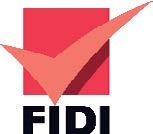

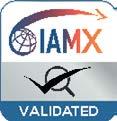

“Moving companies are particularly vulnerable to extreme weather events disrupting transport routes, infrastructure damage, and increased costs”

‘Movers hold a lot of confidential information, such as clients’ passport and bank account numbers. If your system goes down because of a cyberattack, that is a substantial risk to business continuity.’
Moving companies may also be in the firing line because of potential supply chain disruption caused by political instability in various countries and the stability of companies themselves.
‘International movers are very interrelated with each other and dependent on the supply chain, including shipping lines and agents with which they are working, so there is always a risk in that regard.’
l Think long term. ‘Scan the horizon’ for threats (and opportunities) that could affect your business in the next two years, five years – even a decade away.
l Prepare contingency plans. What would happen, for instance, if a flood or earthquake meant your warehouse was out of operation? What about another pandemic? No-one wants to imagine these scenarios, but how would you continue business if the worst happened?
l How safe is your supply chain? Do you have alternative suppliers you can turn to if needed, to ensure your clients’ moves are completed smoothly?
l Keep tuned in to what’s happening in the moving world and with your moving partners around the world. If possible, attend the FIDI Conference and join the educational sessions, talk to other agents, join the FIDI Academy and – of course – keep reading FIDI Focus.
l Don’t underestimate cybersecurity. Cyberattacks are not just confined to large global corporations and big government departments, and the industry has already fallen victim.
l Keep track of the financial health of companies in your supply chain by checking publicly held information on them.
l Ensure you have the right level of insurance cover.
The need to meet tougher compliance measures is becoming more marked, and Deweerdt sees another trend emerging.
‘We are seeing a trend of protectionism and “deglobalisation”. It is becoming more difficult to work across borders,’ he says. ‘From a compliance perspective, I see that requirement expanding, and the average FIDI Affiliate is a medium-sized company. Therefore, most will not be able to assign 10 lawyers to do a deep dive into compliance.’
Much of the legal requirements relating to customs are in addition to the minimum requirements in the FAIM audit, so movers may be stretched to meet the compliance workload.
Deweerdt adds: ‘With every risk comes an opportunity. Weather-related risks may create a potential opportunity for movers in terms of people wanting to leave certain locations.’
While being concerned about the impact of climate change, Harmony Relocation’s Sustainability Manager, Dominic Offer, sees another threat to the industry –the problems many movers experience in attracting talent, especially from the younger generation.
‘Our industry is quite traditional; we have technology in terms of doing household good surveys online, but everything else has been done in a similar way as before,’ he says. ‘It’s hard to attract young people into a traditional model. They may not see it as a dynamic industry that is pushing forward.’
Especially with Generation Z and Millennial employees, who are in their 20s and 30s and



“With
every risk comes an opportunity. Weatherrelated risks, for example, may lead to people wanting to leave certain locations”

used to high levels of technology, dwell time at any one company may be shorter.
‘The career span has changed; people used to go into a job and stay for 20 years,’ Offer adds.
He believes adopting a sustainable culture and way of working may be a good recruiting proposition for the younger generations, who tend to prefer buying goods and services provided by companies that prioritise ESG.
CEOs who think long term and about the needs of their companies’ future leaders are more likely to succeed, Offer believes. ‘The most positive thing companies can do is think long term (about sustainability) and do it for themselves,’ he says.
While the rise of artificial intelligence [AI] and automation may pose a threat to administrative roles at moving companies, it could allow firms to streamline themselves. However, ‘[AI] is not going to remove the moving crews any time soon’, he believes.
While FIDI movers have made strides to monitor and mitigate risks – driven partly by the changing requirements of the FAIM audit – EY’s Deweerdt encourages them to do more, especially in terms
Risk management: a part of FAIM
Managing risk is embedded in the industry’s most stringent quality standard, FIDI FAIM. The FAIM 2022 standard, in effect since 2023, gives explicit requirements for Affiliates in terms of risk management and mitigating risk.
Minimum requirements under FIDI FAIM are for Affiliates to have a riskmanagement programme, conduct risk evaluation, monitor risk, and have a risk treatment/remediation plan. To pass the FAIM audit, companies need to demonstrate to auditors that they assess internal and external risks to their business.
In previous versions of the FAIM programmes, before 2023, FAIM indirectly included risk-management principles, such as anti-bribery and corruption and anti-trust requirements, and the requirement to have appropriate insurance policies. FAIM also includes fire-prevention standards for Affiliates’ premises and there is a pre-requirement for digital readiness. FIDI Affiliates can find more information and guidelines in the FAIM Library on FIDINET.
of developing business continuity plans. Models for identifying and scoring risks and action plans were provided by EY at the FIDI Conference in Edinburgh, in 2024.
Deweerdt also advises Affiliates to manage risk within their supply chains by considering working with two or three different third-party suppliers, rather than limiting their options by always choosing the same supplier.

Affiliates can leverage tools such as weathermonitoring systems, regulatory trackers and riskanalysis platforms. Regular scenario-planning exercises and reviews of supply chain vulnerabilities will also help anticipate and manage risks before they escalate, according to Beehive’s Lubarsky.
As business owners know well, however, playing it too safe can also create problems.
‘Just trying to do business as you have always done in the past carries a risk of its own,’ says Deweerdt. ‘There are a lot of new trends and events happening in the world; people are changing – as is the world – so taking only a limited amount of risk may not work.’
Affiliates are being encouraged to scan the horizon for emerging trends and threats that may affect their businesses, ideally on a quarterly basis.
‘Think about legislation that is changing and how that will impact on you. Do that on a systematic basis,’ advises Deweerdt.
He adds that Affiliates should keep an eye on trends in other regions the world, particularly those more advanced in areas such as immigration, housing, and mobility. They may provide advanced warning of changes that will occur elsewhere.
‘Train your employees on how to carry out risk management and mitigation, and have a culture of vigilance on cybersecurity,’ says Deweerdt. ‘You may have the best system in the world, but if your employees are not aware of it and have not been trained, you will still fail.
‘I would rather spend budget on training people and raising awareness than on the next technology project.’

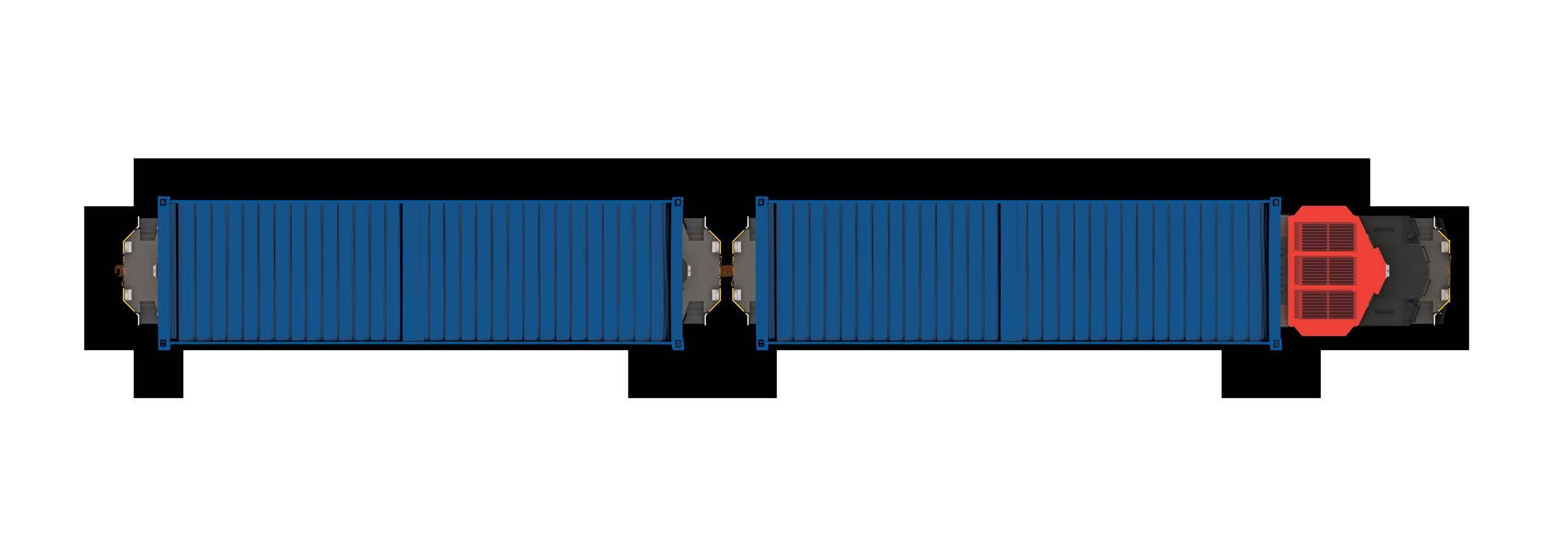
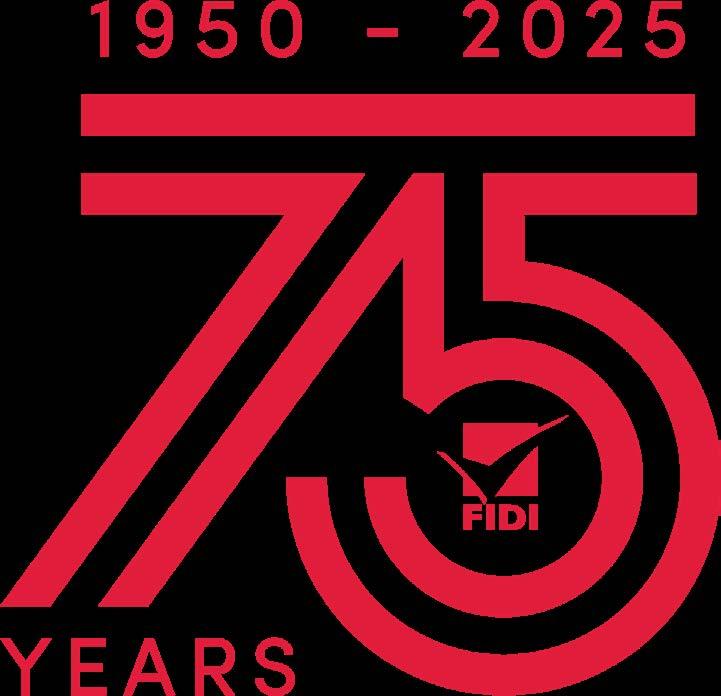
As FIDI’s 75th anniversary celebrations continue, we hear from long-established Affiliates about the role FIDI has played in their development – and how they have helped shaped FIDI, too
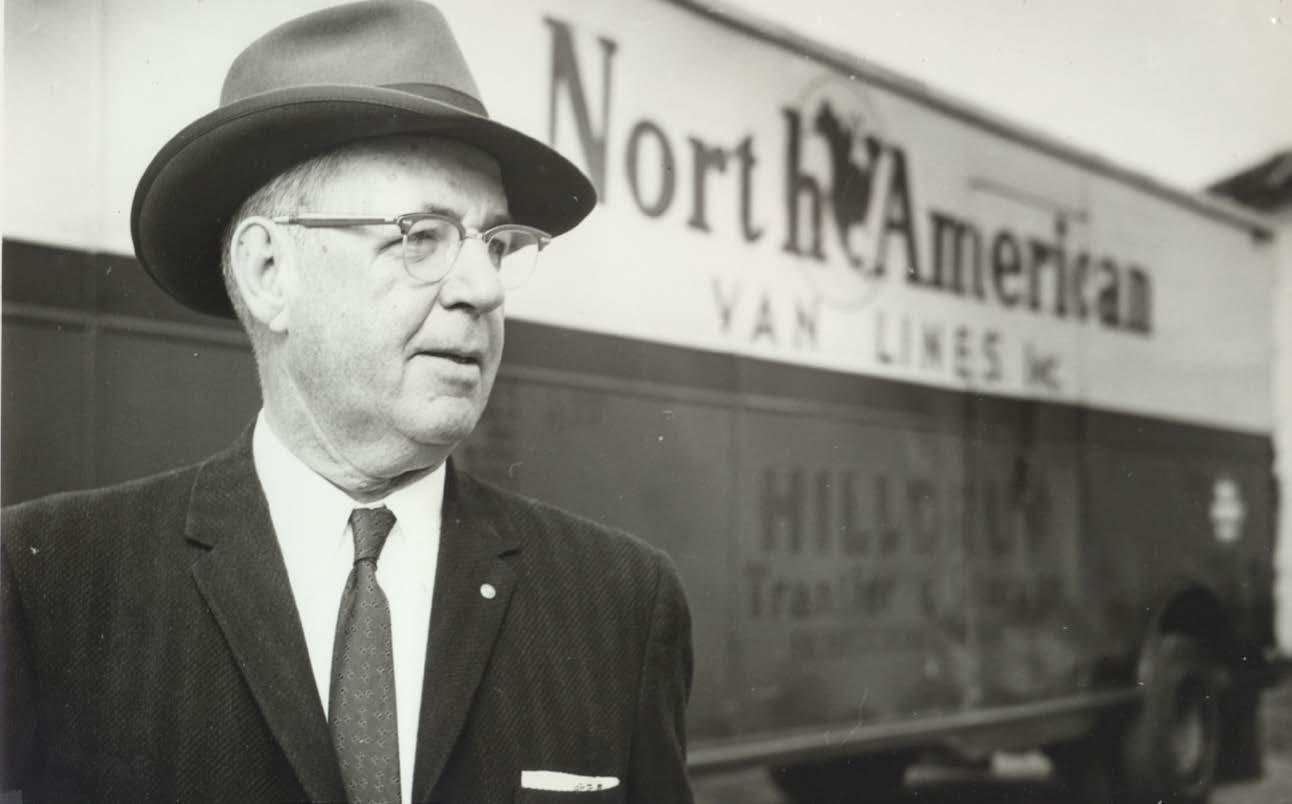
Founded in 1903, Hilldrup was already nearly half a century old when FIDI was established, in 1950.
The company has been led by the McDaniel family since the 1940s: Charles B (CB) McDaniel served as President and CEO of Hilldrup
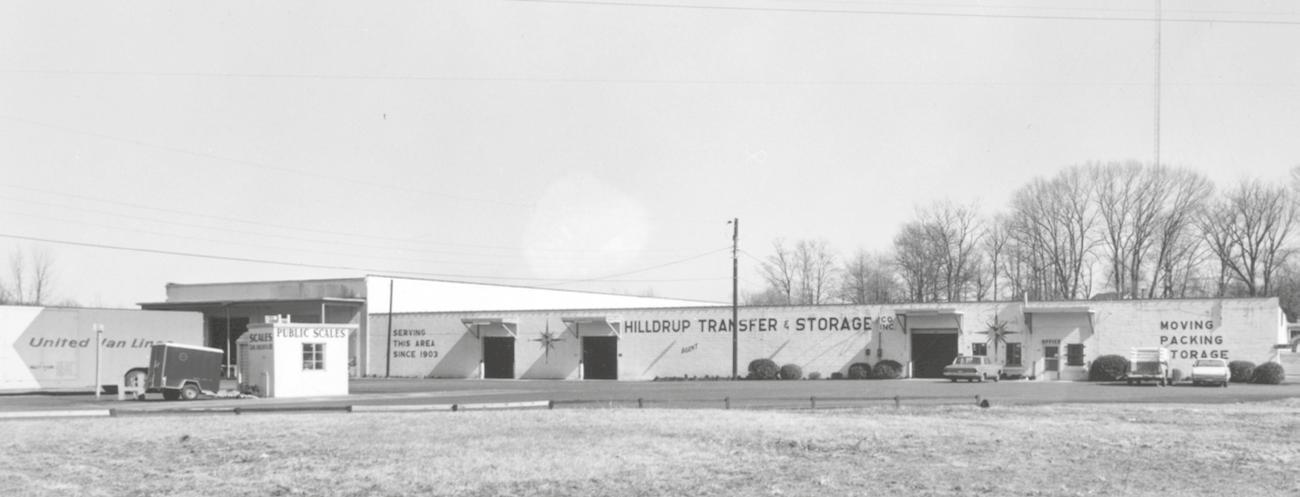
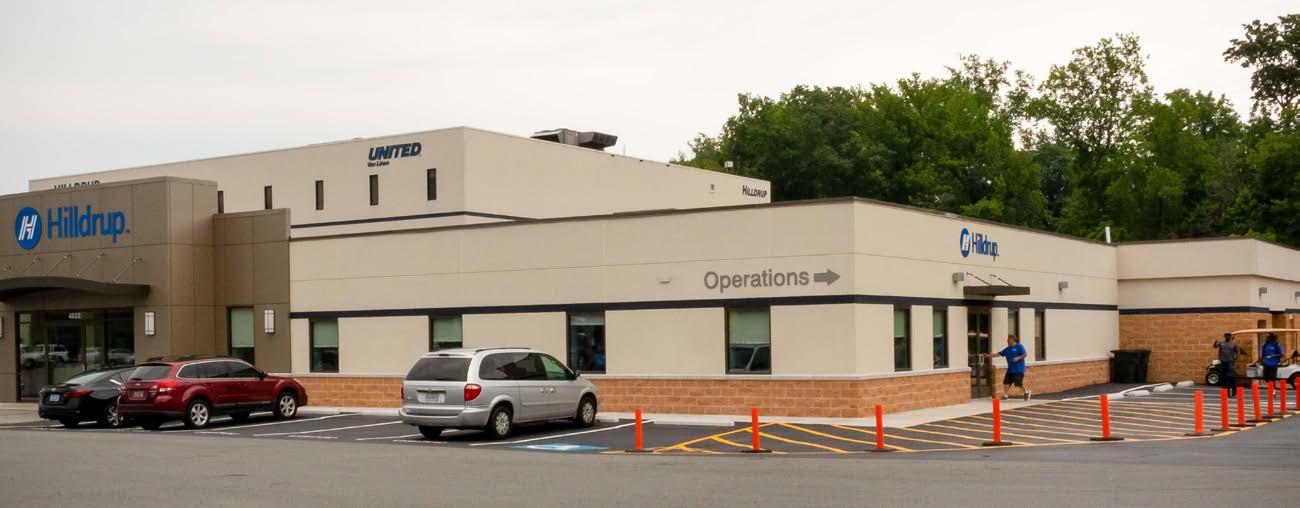
from the 1940s until 1976, when Charles G McDaniel, its current Chairman, took over the business.
Under CB McDaniel’s tenure, Hilldrup opened its facility in Midway, Stafford County, Virginia, originally a 16,000 sq ft warehouse built to serve the moving needs of Quantico’s Marines and their families. Today, the company’s warehousing in Stafford covers 585,000 sq ft, including 100,000 sq ft (1,486m2) of climate-controlled storage space. In the 1950s, apart from some military moves, Hilldrup was yet to start its international business. The company became affiliated with United Van Lines in 1964.
Industry firsts in which Hilldrup was involved include:
l Establishing a 10,000 sq ft centre for employee training and development, which includes a moving van and staged home for service teams to practise packing, loading and unloading
l In the same centre, hosting the FIDI Academy’s Essentials in International Moving (EiM) course
l Early adoption of virtual surveys and virtual quality checks
l Using electronic logging devices and Samsara AI dashcams, real-time incident detection and preventative in-cab coaching technology within our fleet, keeping our drivers accountable and safe on the road.
Hilldrup has been proud to be a member of FIDI for the past 25 years. The Association sets the quality standard for the industry, particularly through the FIDI FAIM quality programme and, more recently, the Professional Cooperation Guidelines (FIDI PCGs), which create the framework for conducting business with international partners.
Hilldrup has been honoured to participate in the FIDI Academy, which provides unrivalled industryfocused training on pertinent topics that greatly benefit its members around the world.
To Hilldrup, FIDI is the premier industry association, supporting its members to develop strong business and personal relationships, and making international moving a seamless experience for its customers around the globe.
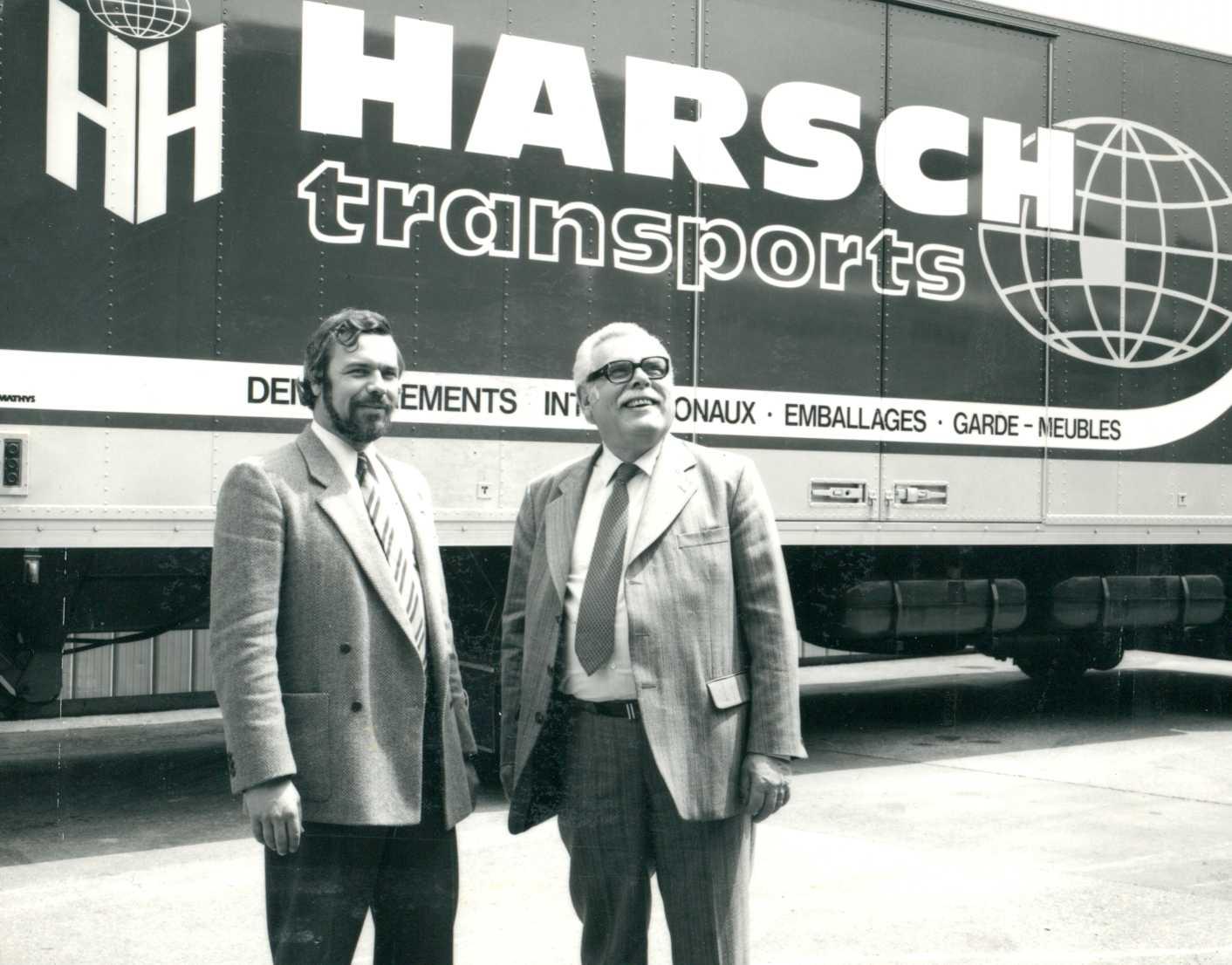
When my grandfather, Henri Harsch, founded Harsch, The Art of Moving Forward in 1957, he built the company on values of precision, trust and excellence, writes Isabelle Harsch. Initially focused on fine art services, our commitment to meticulous care naturally extended into the moving industry. These core principles became the foundation of our company’s ethos and continue to guide us today.
In 1973, under the leadership of my father, Bertrand Harsch, we expanded into international moving. Bringing Swiss quality to relocations worldwide, we embraced the challenge of global logistics while maintaining the highest standards of service. It was a time when international moving was a complex endeavour, requiring extensive coordination. The establishment of FIDI, in 1950, had already begun to transform the industry, introducing global standards that ensured reliability and professionalism – values that aligned perfectly with Harsch’s mission.
One of the most significant developments in our industry was the introduction of the FAIM Standard, which remains the highest in our field. Meeting its rigorous criteria gives clients confidence that every move is handled with the utmost care and expertise.
Today, as the third generation leading Harsch, I am honoured to continue this legacy while driving the company forward with innovation. We are among the first to incorporate sustainable, eco-friendly packing materials and processes, responding early to the growing need for environmental responsibility. Additionally, we brought fine art handling techniques
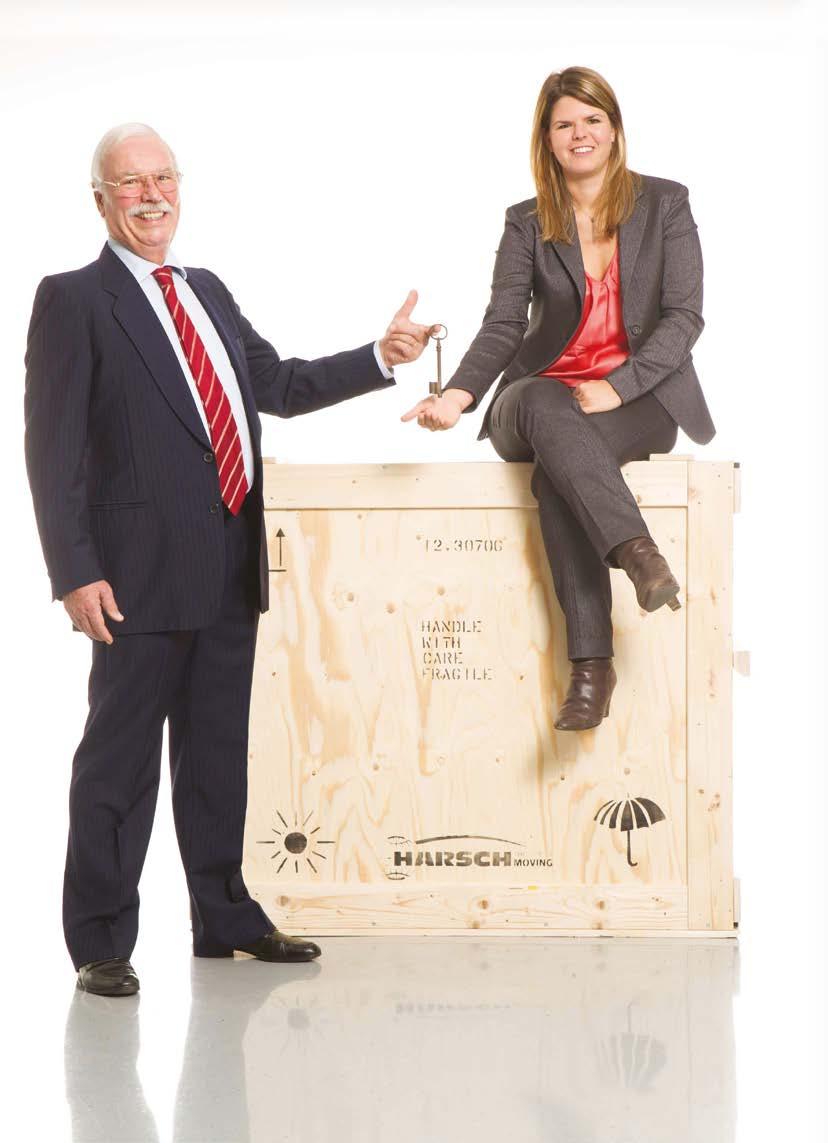
into our international moving services, offering clients specialised care for high-value items.
For us, FIDI represents a commitment to integrity, professionalism and continual improvement. It has helped shape a global community of high-standard providers, giving us a network of reliable partners who share our values. As Harsch continues to innovate and uphold the highest standards, we are proud to carry forward a legacy of excellence that honours both our clients and the industry we represent.
“As Harsch continues to innovate and uphold the highest standards, we are proud to carry forward a legacy of excellence that honours both our clients and the industry we represent”
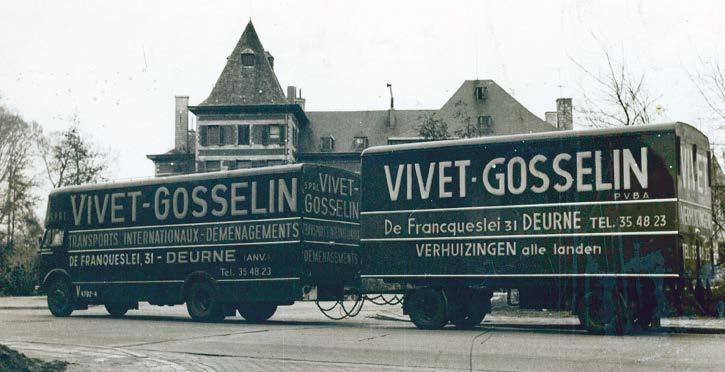
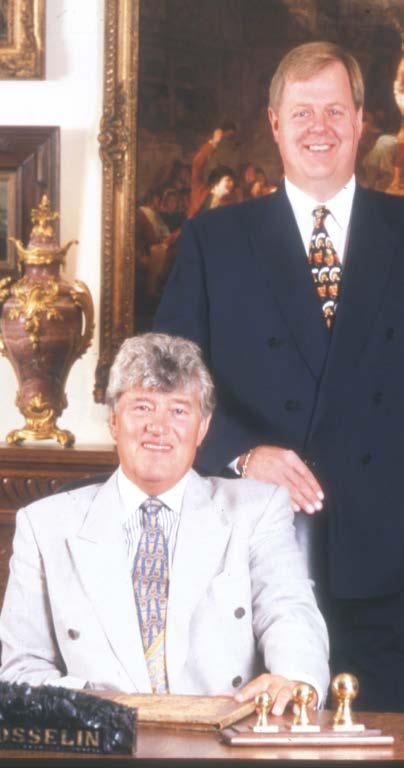
Gosselin and FIDI go back a long way.
The Gosselin family has expanded geographically over the years, incorporating early FIDI adopters DT Moving and Packimpex some time ago, with Frey & Klein internationale Spedition becoming the latest addition to the group.
Gosselin Belgium was the first Belgian moving company to be FAIM-ISO (now FAIMPLUS) certified. Today, Gosselin UK, France, Italy, the Netherlands, Russia and Switzerland, and Frey & Klein Germany, are all FAIM certified.
We have always taken an active role in FIDI, with Marcel Jörg currently on the FIDI Board, Lennert De Jong an Academy trainer and Jessica Deutschmann on the PCGs Committee.
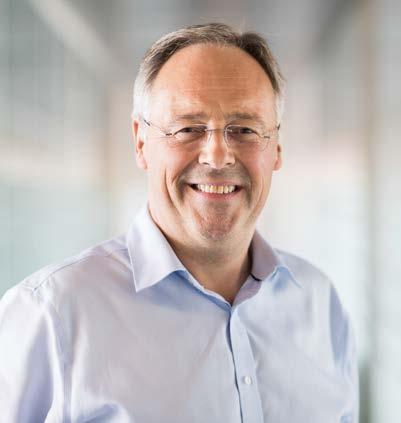
Davies Turner Removals (now Gosselin UK) was originally part of the Davies Turner Group, founded in 1870. Throughout the 1950s, the removals business was run by Harold Davies, son of the founder. The company joined FIDI in early 1954 – making it one FIDI's oldest members.
Today, the company continues as a major freight and logistics group, owned and operated by the founder’s great-grandsons and great grandchildren, while the household moving and storage division has been run separately since 1974, initially led by former FIDI President Tom Mitchell.
I took over the management in 1984, acquired the business, and eventually merged the DT Moving business with Gosselin in 2017.
FIDI developed rapidly after World War II, setting industry standards and norms across borders.
Countries without recognised trade associations organised themselves to join FIDI, allowing individual removal companies to join the Association and establish a presence in the international arena.
As FIDI grew in prominence, and intercontinental agent-to-agent relationships became more common, FIDI expanded its remit to include trade associations from around the world. The federation model continues to this day, ensuring that FIDI represents all types and sizes of member companies, with no one country or group dominating the organisation.
During my time at Davies Turner, Davies Turner Worldwide Movers became the first subsidiary outside the original 12 to achieve FAIM accreditation; this was quickly followed by it becoming the first affiliate to achieve FAIM-ISO (now FAIMPLUS) certification.
Since the mid-1980s, I have been fortunate enough to contribute to the organisation and continue to support it today. I chaired the FAIM Steering Committee for several years and, more recently, co-founded and chaired the Professional Cooperation Guidelines (PCGs) committee. I continue to support the PCGs committee and am a contributor to FIDI's Statutes Committee, as well as FIDI UK Chair.
Considering that 1950 was just five years after the end of the World War II, it was certainly a time of economic growth and increased mobility, before containerisation and crossborder activity.
Packimpex was founded in 1977, so we do not consider ourselves to be ‘pioneers’. The real pioneers of the industry were those around in the 1950s, the companies that started moving household goods. Our local village on Lake Murten, in Switzerland, attracted watchmakers in the second half of the



19th century by offering tax advantages – along with free removal of their household goods. These were the real pioneers.
Packimpex (now Gosselin) was the first moving company in Switzerland to focus exclusively on international moves, to open branches, and to be CO2 neutral. We were also among the first in Europe to build a fully automated container warehouse and provide an industry trainer for FIDI, as well as the first to pass the FAIM audit.
If FIDI has, indeed, changed the industry, it is through its focus on standards and education. FIDI has become a true service provider to its members. To achieve this, it has had to become more of an ‘association’ than a ‘federation’. While the structure of a federation still exists, the current pattern of behaviour is more like that of an association.
In the 1990s, the EU Commission ruled that FIDI had to create a level playing field for potential new candidates and that it was illegal to keep companies out of the organisation simply because their national
Maintain your values, but adapt to the ever-changing needs of the marketplace. Continue to focus on the needs of the Affiliates.
Question your structure. What was right for the past 75 years is not necessarily right for the next 75. Working together is essential. In a global environment, networking and collaboration are essential; you will not be able to do it all by yourself. Education and innovation have always been the drivers of development, growth and prosperity.
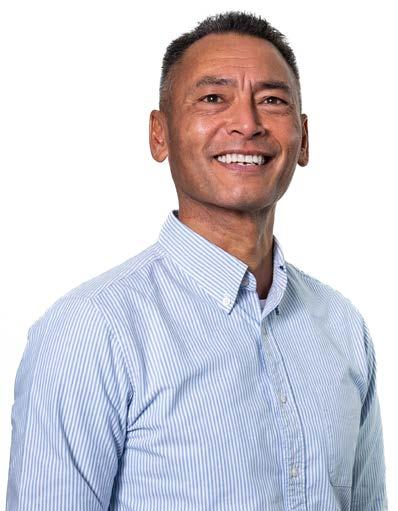
Branch Manager, Royal De Gruijter & Co
In 1950, Koninklijke De Gruijter & Co was already a well-established name in the moving industry.
Known for meticulous attention to detail and high-quality service that set us apart from our competitors, our focus was on providing seamless and stress-free relocations, domestically, in the Netherlands, and internationally.
The moving business of the time was quite different from today. Logistics were more challenging,

or regional association did not agree. This legal requirement led to the mandatory FAIM audit becoming the only criterion for becoming a FIDI company. This, and the increased provision of training services, has driven FIDI’s current role as a quality leader within international moving.
FIDI means the world to me. It has given me opportunities for personal growth and I feel privileged to be one of the first FIDI trainers and to have served on the FIDI board for eight years.
Working with talent from all over the world has inspired me and given me energy. Founding the FIDI Academy, becoming its Dean, training hundreds of people over several decades, brainstorming and developing new courses, adapting existing materials to the ever-changing environment, and spending time with fellow trainers are highlights of my career.
It has been highly rewarding to work with various Secretaries General, including Michael Scott, Karin Wouters and Jesse van Sas. Academy Managers such as Gwenda van Rompaey and Chantal Fera have been key to the success of the ever-increasing learning opportunities offered by FIDI. The staff in the FAIM Coordination Centre, marketing and communication, administration, finance and all other services are exemplary, professional and dedicated to this fine organisation. Last but not least are all the volunteers who dedicate their time and energy to the success of the quality leader in international removals.
I was recently inducted into IAM’s Hall of Fame –partly because of my involvement with FIDI. Thank you, FIDI.
communication was slower, and moving goods across borders required extensive paperwork and coordination. Despite these challenges, the industry was driven by a commitment to service and the excitement of connecting people with new opportunities around the world.
One of our proudest achievements was transporting the Royal Concertgebouw Orchestra, which required unique expertise, and meticulous planning and handling to ensure the safe and timely delivery of delicate instruments and equipment. Our involvement in this high-profile task set new standards in the industry for precision and care in the transportation of valuable and sensitive items.
FIDI has been instrumental in professionalising international moving, setting high standards and promoting best practices that have helped companies such as ours improve efficiency, reliability and customer satisfaction. Its focus on quality and training has raised the bar for the entire industry, ensuring that clients receive the best possible service.
FIDI represents a commitment to excellence and a community of like-minded professionals dedicated to advancing the moving industry.
Being a part of it means adhering to the highest standards of quality and ethics, which aligns perfectly with our own values. It also provides us with valuable resources and networking opportunities that help us improve and grow continually.
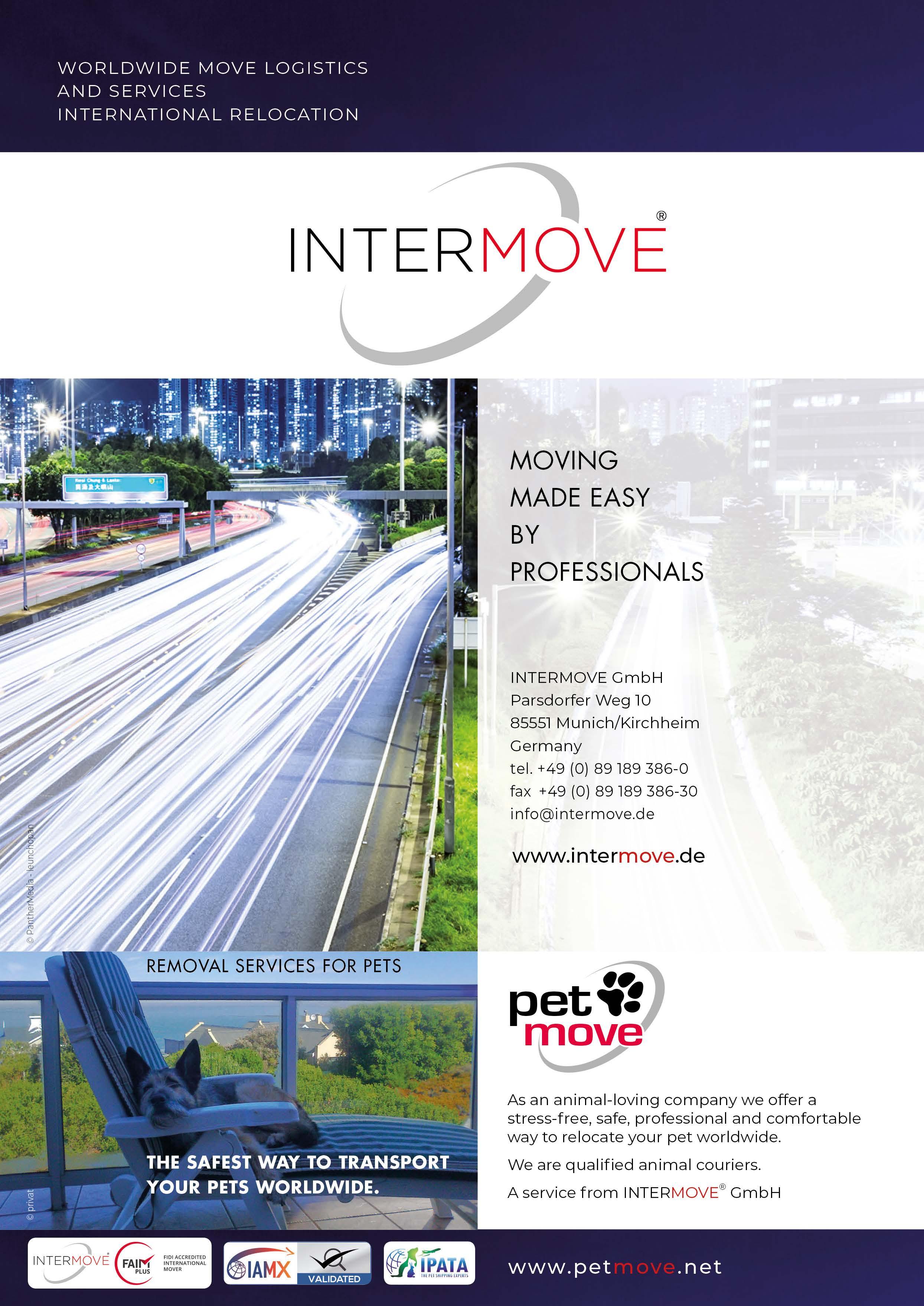
With more than half a century in the moving business, John Roller has witnessed and helped shape the transformation of the industry over time. Dominic Weaver spoke to him about deregulation, shifting ethics, technology – and his hopes for the future
Although nearing his 54th year in the moving industry, US-based transport consultant John Roller takes issue with being described as a pioneer, a moniker he says is more deserved by the preceding generation— ‘the ones who built the industry in the post-World War II reconstruction’.
‘Most of these good folks have passed on at this point, but I was lucky enough to know those people and to hear their stories, which, frankly, are far more fascinating than the ones I have.’
Part of a select group of ‘second generation’ movers, Roller – who is now consulting for US-based FIDI Affiliate Atlantic International – joined the moving industry in 1971, having taken sales roles after college that he hadn’t much enjoyed. He aimed to follow in the footsteps of his uncle, who started out sweeping a warehouse floor for a large industrial supply company in Texas and worked his way up to become its president.
‘I always admired the man, so I made the decision to start at the bottom somewhere, learn an industry and stay with it. A friend of my brother-in-law gave me a shot at a moving company he managed,’ Roller
says. ‘I went to work as a casual labourer, which meant I wasn’t permanent but had to arrive at seven o’clock in the morning and hang around waiting to be called on the job for 90 cents an hour. Three years later, I was vice-president and general manager of a subsidiary of that company.’
Since then, Roller has worked in ‘all facets of the moving industry’, mostly on the international side – a particular passion – and has witnessed momentous changes. ‘The US transportation industry was heavily regulated by the federal government until 1980,’ he says. ‘If someone wanted to enter the moving business in 1960, they had to apply for an operating authority and demonstrate that the movers in their area of operation were not meeting the needs of the consumers, which was a very difficult thing to do.’
With mandatory tariffs making all rates equal, there was no competition on domestic business in the US at that time, says Roller. ‘This meant the business we did, whether with a private or corporate shipper, was built on personal relationships.’
While genuine friendships were forged in this atmosphere, it also gave rise to practices that, by today’s standards, would be considered ‘highly unethical’, he adds, with gifting and entertainment commonplace sweeteners in company-to-company transactions. ‘The practice was not limited to the transportation industry; it was found throughout the procurement process.’
By contrast, the international side of the business was largely unregulated; however, many US buyers assumed that it was and accepted invoices without question. Good money was made in the process. ‘There were a lot of firms who flew their own aeroplanes and built elaborate headquarters,’ says Roller. ‘The industry was a very interesting place.’
This influx of cash laid the foundation for the global expansion of some of the industry’s largest, but now absent, multinational players.
“I
decided to start at the bottom, learn an industry and stay with it… I went to work as a casual labourer… for 90 cents an hour. Three years later, I was vicepresident of a subsidiary of that company”
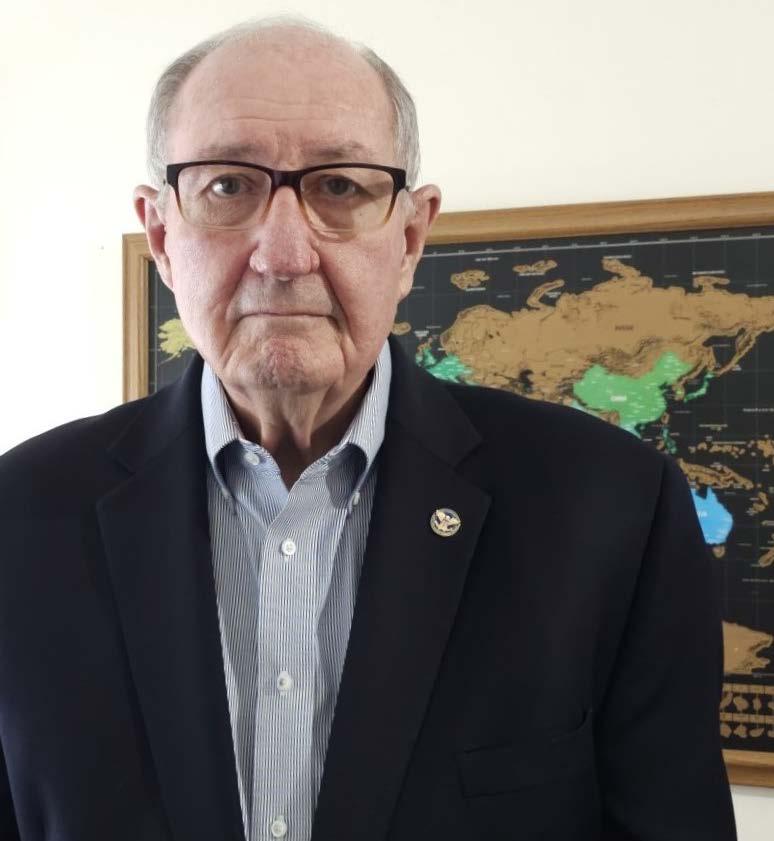
The advent of deregulation was a ‘monumental change’, according to Roller, switching competitiveness based on relationships for competitiveness based on price. It also changed procurement processes. ‘In the US, it began to shift from the traffic managers, mostly driven by men, to the human resources (HR) departments, which were mainly managed by women.’
HR also broadened the scope of a move, he says, ‘to include the housing, getting kids into school, rental furniture, and everything we see in destination service providers these days. Real estate firms saw an opportunity in connecting homes sales and moves. Move management companies sprung up to assist corporates in sorting through the new competitive landscape. That all evolved into the RMC concept. The post-war moving industry had gone through a radical change.’
Roller, the principal author of the Registered
International Mover (RIM) programme in the US and an early advocate for mover certification, says FIDI’s role in advancing the sector through certification was also monumental. ‘FIDI had the desire to become the certifying entity and raise professionalism in our business by creating the standards by which we would be measured,’ he says.
While the decision to limit its membership to only those able to attain FAIM certification was ‘difficult’, the shift from FIDI being an ‘association of associations’ to a global certifying body was huge, says Roller.
‘It had more to do with professionalising our industry than any other single event in our post-World War II history,’ he adds.
‘The people who saw the importance of this and

moved it forward brought incredible value to our industry. It changed who we were, and it changed how we do business. It continues to do so as it raises ethical standards, corporate responsibility and sustainability, and continues to address current and future challenges.’
Roller believes these challenges contain echoes of the past. ‘When deregulation occurred, all kinds of movers in the US went out of business – not only in moving, but in the transportation business as a whole. We saw airlines and trucking companies consolidate and well-known movers fold. The upshot is a further ramping up of the stakes, with the businesses that survive being those that focus on their quality, efficiency and application of technology.
‘We have to become yet more dynamic. We have to change the way we do our business to meet the
“The people who saw the importance of [FIDI becoming a global certifying body] and moved it forward brought incredible value to our industry”
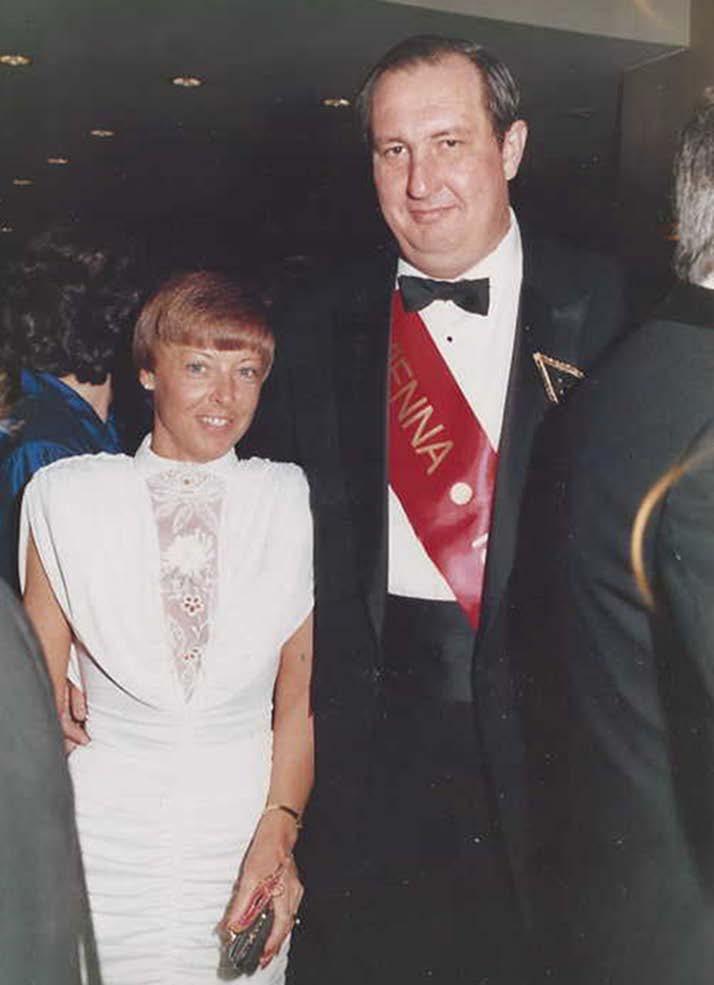
demographics of an ever-evolving clientele.’
He adds that technology is the industry’s biggest hurdle: ‘It’s been said a hundred times, but we don’t yet have the ability to communicate at the level we should throughout our supply chains.
‘We need to develop and implement AI [artificial intelligence] applications and develop a platform interface across segments of our industry, where the keystrokes diminish. So the same information the booker puts in gets pushed to all participants in the move process. This, in turn, requires alignment of paperwork and procedures across borders and industries.
‘If this problem is addressed correctly, custom
service and efficiency will improve, resulting in lower costs and access to a broader customer base.
‘The truth is that what was once a reasonable purchase for a private transferee is becoming out of reach for the rising generation. As corporates expand their lump-sum programmes, many assignees opt for smaller shipments. We must learn how to handle smaller shipments far better than we do now.’
Roller adds that all of the above will require investment and collaboration, particularly between FIDI and IAM. ‘While global FIDI membership represents the world’s finest movers, much of the service provided in smaller US markets on an international shipment is rendered by companies without the requisite skills,’ he says.
‘As globalisation spreads, the procurement points, once largely in America, are now found around the world. However, a good percentage of international moves still begin or end in the US, which remains the weakest link in the service-provider side of the business. We must bring those non-FIDI US service providers in line with FIDI standards. But the expense of FIDI membership is prohibitive for movers in smaller, but often critical, markets.
‘IAM has taken major steps in representing US asset-based domestic movers. There is an opportunity for it to provide international training to US movers who are often providing international origin, destination and storage services as subcontractors to FIDI or IAM members, but who are not involved in arranging transportation and forwarding services.’
Roller’s deep connection to the international moving business has endured and continues to fuel his commitment to its ongoing success.
‘I love this industry,’ he says. ‘I dread the day that age forces me to leave it – but I don’t see that happening in the near future.’

FIDI’s new Netting system streamlines your company’s international payments, reducing costs and boosting financial security. Here’s why FIDI Affiliates are signing up
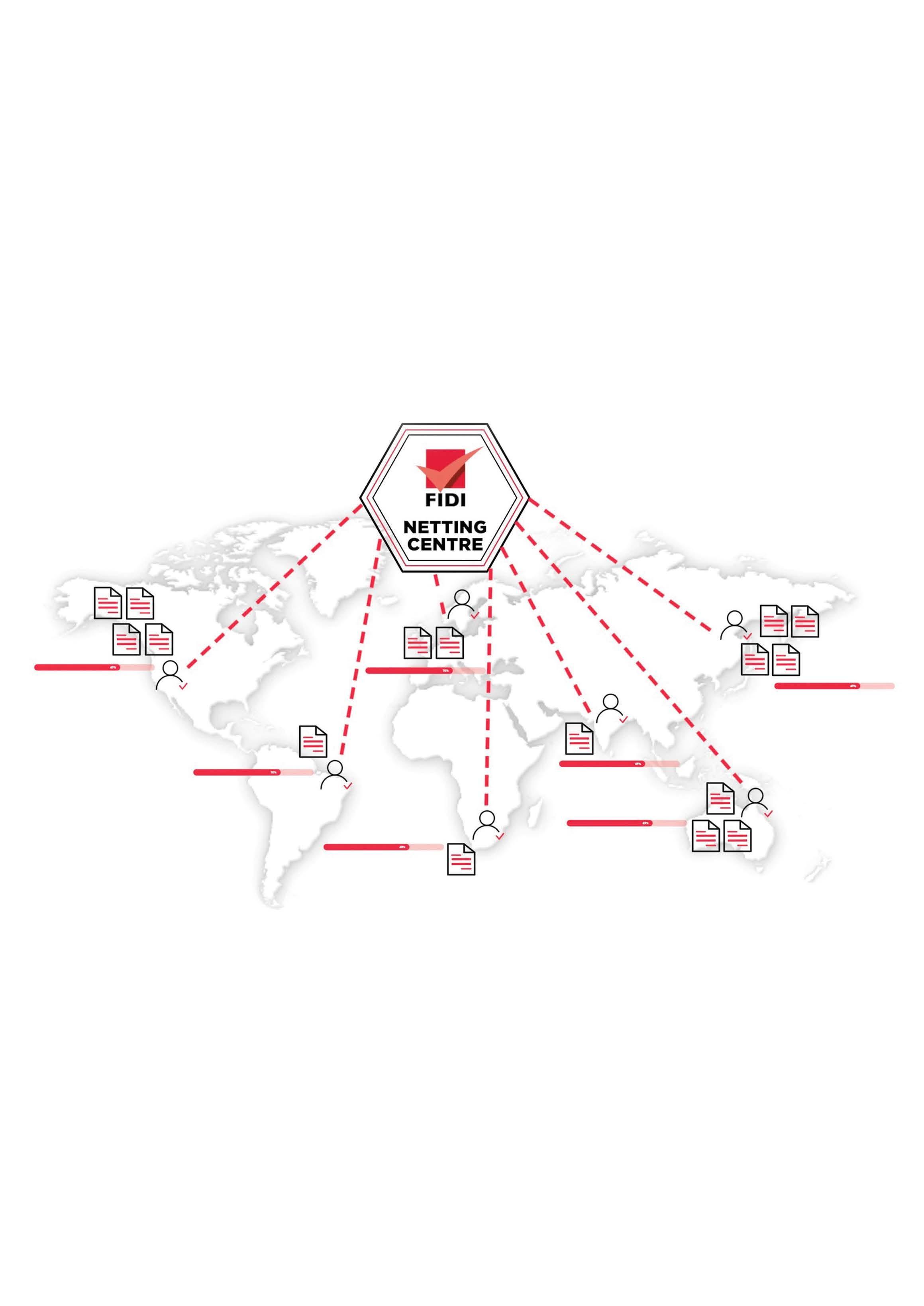
Managing international payments between multiple partners can be costly, slow and vulnerable to cyberattacks.
The FIDI Netting system simplifies the process for your company, helping you save money, receive payments faster, and improve financial security all round.
l You save on exchange rates and bank fees – Reduce costs by consolidating multiple international payments into one, benefiting from better exchange rates and lower bank charges.
l Payments are made easier and faster – Get paid quickly and securely, with a streamlined payment process that reduces administrative work on your side.
l Netting improves cash-flow management – Know exactly when payments are due and received, so you can plan your finances with more confidence.
l Strengthened security – All payments go through one central, highly secure system, reducing the risk of fraud or cyberattacks. By avoiding
multiple individual transactions and invoices, you minimise the chances of phishing and hacking attempts.
l Stronger FIDI partnerships – Reliable payments build trust and better business relationships with fellow FIDI Members.
The FIDI Netting system is payable-driven. This means:
✔ Companies upload invoices they need to pay, not the ones they expect to receive.
✔ If your company is not in the system, your FIDI partners cannot pay you through Netting.
✔ You only benefit from joining – even if you don’t plan to use it for your own payments right away, being in the system ensures you get paid by those who do.
By registering your company, you open the door to faster, more secure and cost-effective payments from your FIDI partners. For more information and a full explanation of how FIDI Netting works, please visit the dedicated Netting page on FIDINET (only for FIDI Affiliates)
BAFA International Movers has built a strong reputation for delivering high-quality relocation services out of Istanbul, Turkiye. Backed by a strong network and its new affiliation to FIDI, the company is now looking to capitalise on new opportunities at home and internationally. Managing Director Silvia Ciubotaru tells us more
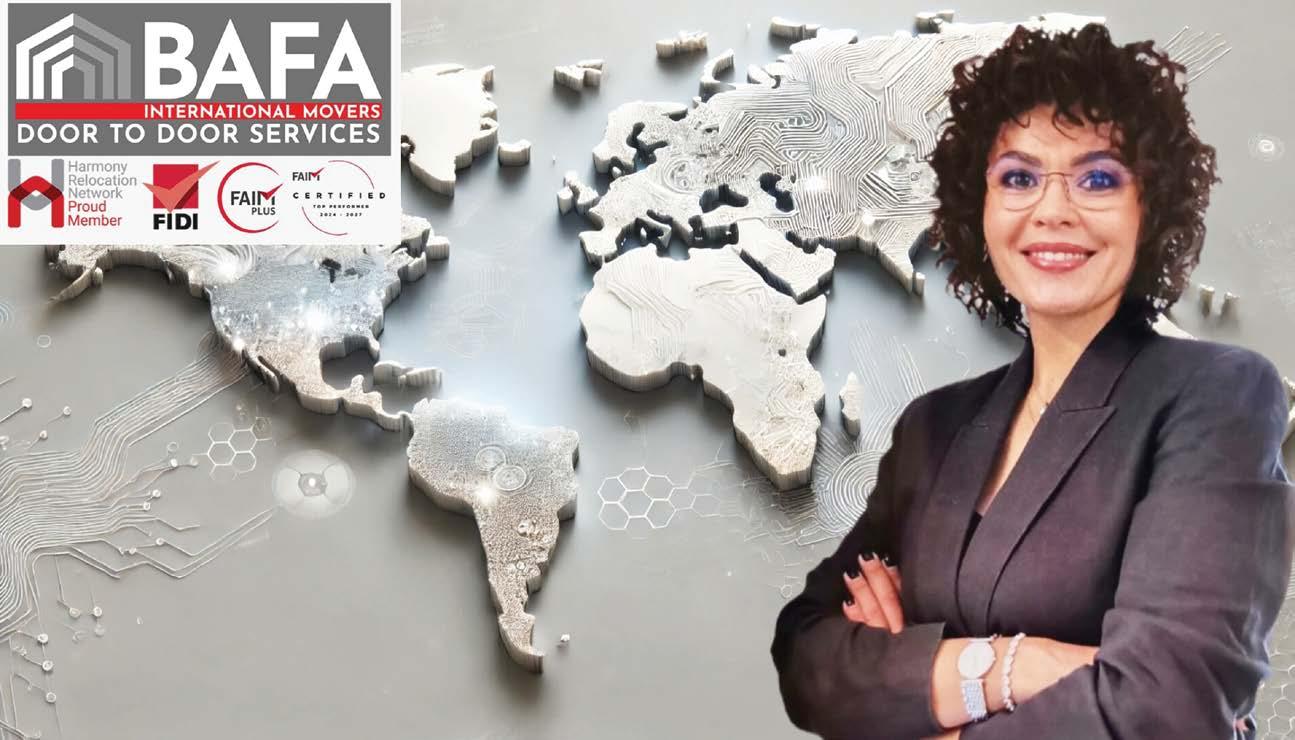
FIDI Focus (FF): Tell us about BAFA International.
Silvia Ciubotaru (SC): Founded in 1997 and based in Istanbul, Turkiye, BAFA International Movers specialises in international relocation services for a diverse range of clients. With a dedicated team of 50 professionals, we provide door-to-door services, secure storage solutions, and pet and vehicle transportation. Our fleet of licensed international trucks offers significant value to both customers and partners.
We are now a proud member of the FIDI Global Alliance and the Harmony Relocation Network, and a recipient of the Harmony Quality Award. BAFA upholds the highest international standards, delivering consistent and high-quality service worldwide.
As a company, we are committed to environmental sustainability, using eco-friendly packing materials and low carbon-emission trucks, ensuring we align with both market demands and environmental protection efforts.
FF: What markets do you serve?
SC: Over the past decade, Istanbul and Turkiye’s domestic moving services markets have undergone significant transformations, driven by urbanisation, economic growth and technological advancements. As Turkiye’s largest city, Istanbul is now home to almost 16 million residents, fuelling an increasing demand for residential moving services within the city.
Turkiye’s growing economy has further bolstered the moving services sector. The country’s freight and logistics market, which includes moving services, was valued at US$65.19bn in 2025 and is projected to reach US$79.59bn by 2030.
Technological advancements, including AI and the internet of things, are reshaping the industry, improving operational efficiency through better route planning, inventory management and customer service.
FF: What are the most popular destinations for BAFA’s transferees and why?
SC: Domestically, major cities such as Ankara, Izmir, Bursa and Antalya are popular destinations, driven by factors such as employment prospects, educational opportunities and lifestyle preferences.
Internationally, we facilitate relocations to all European countries, with Germany, the United Kingdom, Benelux, Switzerland and Southern Europe being particularly sought after. These regions are home to vibrant Turkish communities and maintain strong ties with Turkiye, making them appealing for individuals and businesses seeking new opportunities.
FF: Where do you see the biggest opportunities for growth?
SC: Turkiye’s strategic investments in logistics infrastructure, such as the establishment of intermodal logistics centres along the Trans-Asian Railway Network, aim to reduce costs and enhance efficiency. We can benefit from these developments by integrating our resources into their operations, optimising domestic transportation routes and improving service delivery.
Turkiye’s unique position bridging Europe and Asia offers BAFA a competitive advantage, and by strengthening our partnerships within the Harmony Relocation Network and the FIDI Global Alliance, BAFA can enhance its global reach and service offerings.
Significant investments, such as BYD’s US$1bn electric vehicle plant in Turkiye, signal a growing influx of international firms. BAFA has the ambition to target these by providing tailored relocation services for expatriate employees and corporate office moves.
FF: Why has BAFA joined FIDI?
SC: BAFA International Movers wants to align with the highest standards in the international moving industry – and the FIDI FAIM Quality Management programme is recognised as the most rigorous certification in the sector. By joining FIDI, BAFA is demonstrating its dedication to maintaining these high standards, thereby enhancing its reputation and credibility in the global moving market.
FF: What are your immediate plans?
SC: We are planning to open three new offices across Turkiye, strengthen our global partner network, and improve the quality and efficiency of our services. Furthermore, we aim to attract more corporate clients, leveraging the significant opportunities the market currently offers. Lastly, we intend to expand our international truck fleet, which will bring substantial advantages to our operations.
With a commitment to quality, customer satisfaction and innovation, and staff already well versed in the high standards demanded of a FAIM-accredited business, becoming a new FIDI Affiliate is a natural next step for Expat Relocation Solutions. We hear from the company’s President, Chris Hood
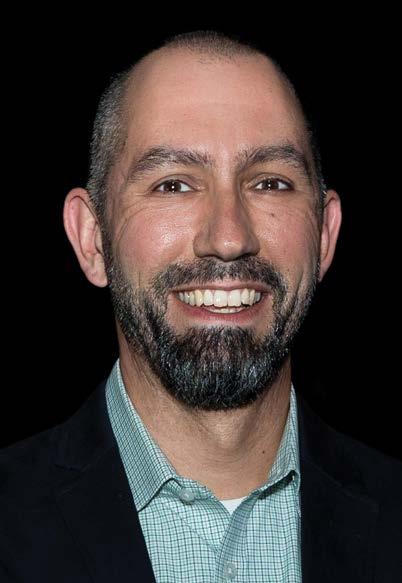
Expat Relocation Solutions is an independent international and domestic household goods mover that draws on trusted partners to provide cost-effective moving services whenever and wherever our customers need them. We offer a global network and industry-leading expertise.
Our experienced relocation specialists direct professionally trained and fully vetted crews, who use a wide array of home-protection methods to safeguard walls, floors, doors and railings against damage during packing, loading and unloading. In addition, high-quality packing materials ensure personal belongings receive proper protection for domestic and international moves and storage.
Our staff’s comprehensive industry expertise, combined with our global network of service providers, ensures the very best services, experience and practical assistance that individuals and families need when transferring to their new homes in the US or abroad.
We operate in all major global markets and numerous hardto-reach locations. Over the years, our customers have expanded their operations into areas that many forwarding companies do not typically service – however, the expertise of our corporate and government teams allows us to assist in situations where others may not be able to.
incorporate these emerging policies into FAIM, ensuring that members remain ahead of the curve.
FIDI offers a framework that enables Affiliates to meet the demands of new initiatives, such as sustainability, diversity, equity and inclusion, and cybersecurity. Additionally, it provides timely information on emerging trends and unexpected changes in the geopolitical landscape that can impact global mobility. Given the significant changes the world has experienced in recent years, the information provided by FIDI is invaluable to companies.
As an incoming FIDI Affiliate, we are excited to engage with the association and explore its benefits. With our commitment to excellence and global reach, Expat Relocation Solutions is well equipped to meet the evolving needs of our clients in international and domestic relocation. Our dedication to quality, innovation and customer satisfaction allows us to stay at the forefront of the industry, providing seamless, cost-effective and reliable moving services for individuals, families and corporations worldwide.
“Customers have expanded into areas that many forwarding companies do not typically service – our corporate and government teams allow us to assist where others may not be able to”
Many of our senior employees have previous experience of working for FIDI Affiliates (two staff members are pictured below), so it is a natural fit for Expat Relocation Solutions to join the association. The standards set by FAIM are crucial for maintaining service levels during a company’s growth cycle.
Achieving FIDI FAIM signifies that a company meets stringent requirements and can be relied upon to consistently provide its customers with a high-quality product. This established standard gives the international moving industry a benchmark by which universal excellence can be expected. Additionally, the FIDI Academy offers us the opportunity to train our staff and to further enhance their skills in the relocation industry.
FIDI is dedicated to continuous improvement and assists its members in navigating a changing market. Over the years, as our customers have introduced new initiatives and requirements, FIDI has adapted its programmes to
We draw on our extensive experience and longstanding relationships to evolve to meet new markets and opportunities. Domestically, more companies are seeking containerised options for relocating their employees: we are well positioned to meet this demand. Our specialised containerised domestic shipping programme enables us to offer shorter and more consistent transit times and stable pricing. Internationally, we will continue expanding our network while maintaining the high level of service we have established throughout the company’s history.
As we grow and adapt, Expat Relocation Solutions’ focus remains constant: to deliver exceptional relocation experiences that turn the stress of moving into an exciting journey toward a new chapter in life.


From historic elections to escalating conflicts, the past few months have reshaped global power dynamics. Andrew Mourant speaks to some FIDI Affiliates who are navigating the resulting upheaval
Citizens in countries containing almost half the world’s population went to the polls in 2024, with voters confirming democracies and autocracies alike. Not much changed in the latter, where outcomes were sometimes manipulated by dictators and a foregone conclusion. But ramifications in the free world – a relative term, dependent on what version of democracy prevails –may turn out to be profound.
A common theme was populist nationalism, where political figureheads promise to represent the interests of the prevailing culture and way of life of the country. This resounded from America to Europe. European Union (EU) parliamentary elections last June resulted in centrist parties losing ground and anti-EU right-wing parties making substantial gains. There were lurches to the right in France, Italy and in Germany, where conservatives won the February election, albeit with a lower share of the vote than expected.
Aside from trying to navigate post-election fallout, FIDI Affiliates in some countries must also battle to do business in conflict zones. For 2024 was not only a year of elections, but also one in which the number of armed conflicts surged – more than double the number in 2023. FIDI Focus hears from Affiliates who have been involved in Russia and Ukraine, where the sound of explosions and gunfire has long been built into daily life, and Lebanon, the small Mediterranean country that has often been rocked by war, terrorism and outside forces.
We also have insights from Venezuela, still wracked, post-election, by instability and lawlessness; and South Korea, where political convulsions late last year took most of the world by surprise – once more proving that the familiar world order can no longer be taken for granted.

Few electoral outcomes were more significant than the return of Donald Trump to the White House. Yet, amid the unpredictability, there are constants: junking commitments to net zero, and flagship policies such as the mass deportation of illegal immigrants and the imposition of tariffs. It’s hard for businesses to plan around all this.
The prospect of tariffs has unnerved economies worldwide. Last year, FIDI Focus reported the fears of Charles Haverfield, CEO of Arkansas-based US Packaging & Wrapping, that tariffs on all imports could rise by up to 20 per cent, and 60 per cent on Chinese goods. They could, he said, add ‘layers of complexity to cost management and logistics… a rush to beat tariff deadlines creating bottlenecks in warehouses and ports’.
Concerns expressed by the Dutch banking sector typify the unease felt across Europe. Major exporters to the US in the Netherlands include the chemicals, pharmaceuticals, vehicle parts and machinery industries. Rabobank estimates that a 10 per cent tariff could cause the Dutch economy to shrink by 0.9 per cent. Any trade war would result in American products becoming more expensive across Europe.
Then there are Trump’s foreign-policy shifts. ‘These could potentially reshape global mobility patterns,’ says Curt Clements, CEO of Move One Logistics, which operates in 50 countries. ‘With proposed reductions in US commitments to NATO, cuts to USAID [US Agency for International Development] funding, and potential withdrawals from organisations such as the WHO [World Health Organization], businesses operating across borders must
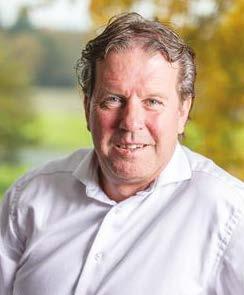
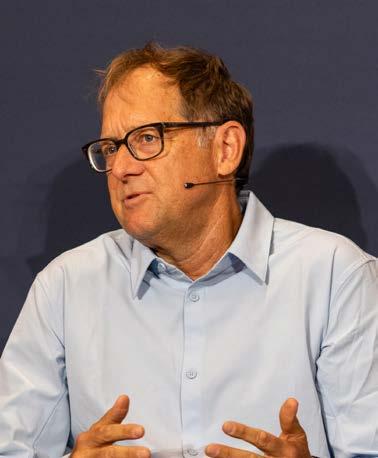
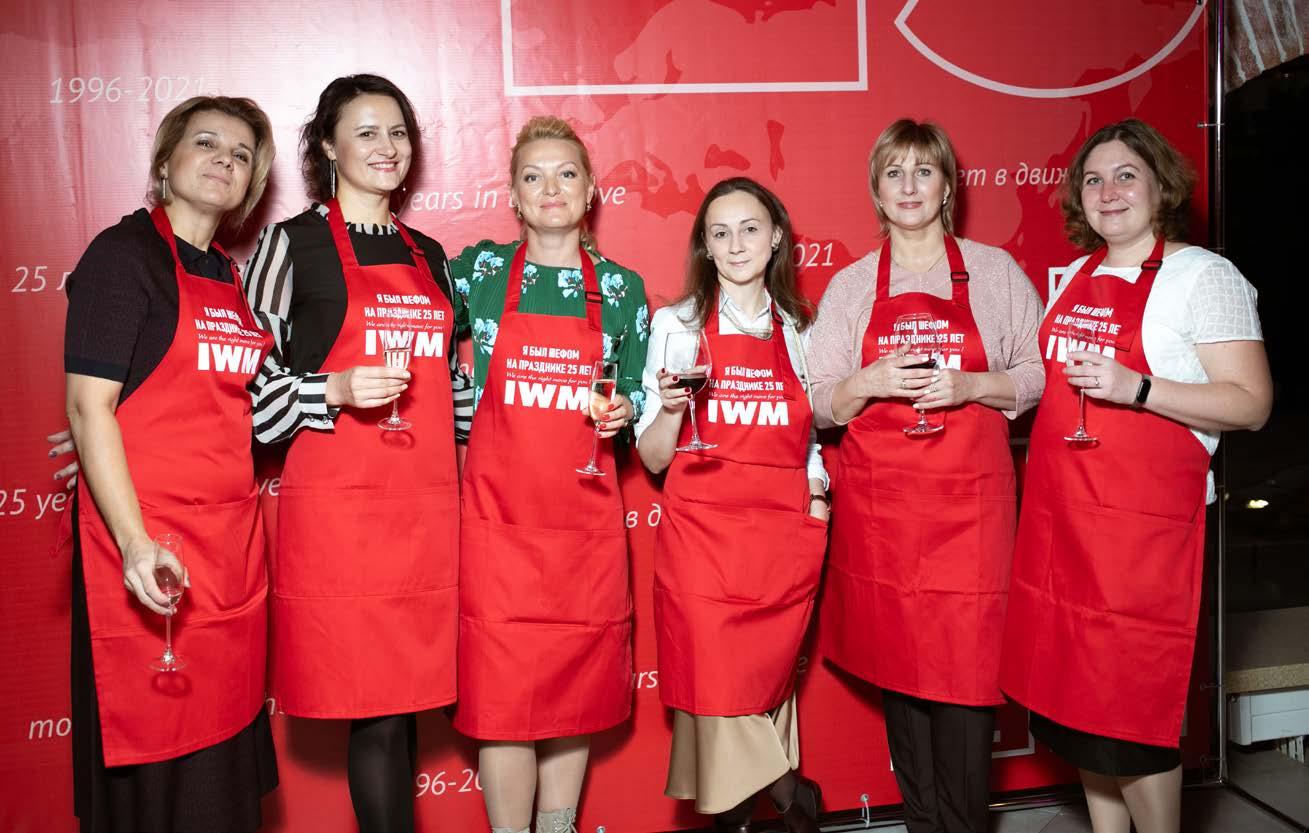
prepare for increased uncertainty,’ Clements adds. ‘Protectionist trade policies and shifting alliances could slow expat deployments and international investments, particularly in volatile regions. In just a few weeks since the Trump team has taken over, we’ve seen a big outflow of staff working on projects funded directly or indirectly by the US government. Operations are winding down and staff returning to their home countries. We expect much of this funding to not return and thus a much lower demand from these customers.’
The ongoing trade-war rivalry between the US and China adds further uncertainty. ‘Companies operating in the Indo-Pacific face a challenging environment as shifting trade policies and tariffs impact supply chains and investment decisions,’ says Clements. ‘This could slow the movement of expats into the region, as businesses reassess long-term strategies.’
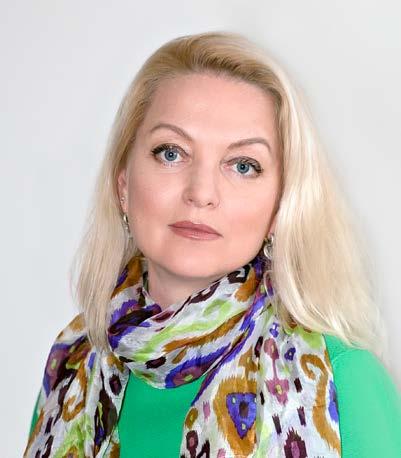


The international moving business in Russia has grown used to convulsions since the Soviet Union disintegrated.
‘Throughout our history, we’ve faced different threats and opportunities, including financial crises worldwide,’ says Victoria Chub, MD IWM Russia.
Her company has faced new economic sanctions, for which she says the company is ‘very well trained’.
‘The major challenge today is having to reconstruct our business by growing the domestic part and moving resources from international – a trend since the end of 2023, when international moves started to shrink dramatically.’
They have shrunk to only those in the private and diplomatic sectors, yet Chub remains upbeat. ‘The Russian domestic market is growing pretty fast now. We’ve been investing a lot into it. Our Russian corporate accounts portfolio has grown fast for the past couple of years.’
Since the conflict began, Russian trucks have been unable to cross into the EU, shipping container traffic has stopped, and EU airlines have stopped serving Russia. However, Chub says all of this is manageable.
‘With our strong international partners, we’ve managed
the changes pretty successfully, while moving thousands of expatriates and diplomats families out of the country since February 2022.’
But what of the future? ‘We know that, sooner or later, many multinationals who left behind the Russian market and lost billions will be back – but when? We’d like to get back to international business accounting for 50 per cent of our revenue, but, until then, we just need to wait and work hard on the domestic side.’
Since business from the EU and elsewhere retreated, countries from other parts of the world have begun moving in. ‘We’ve started to work more closely with agents in Asia, the Middle East, India and Latin America,’ says Chub, who expects these markets to grow rapidly. New logistics routes have been developed: railway routes through Asia; from the Middle East via Southern Russia and Commonwealth of Independent States (CIS) countries; for the east via Vladivostok port. IWM is exploring setting up in some CIS countries to further develop logistical alternatives.
Business may be down in Russia, but it is far from out. Meanwhile, Europe faces economic pressures created by its commitment to Ukraine’s war effort and reconstruction thereafter. Move One Logistics’ Curt Clements believes the prospect of higher taxes, particularly on high-networth individuals and corporations, will trigger a flow of professionals and executives relocating to regions such as the Middle East, which continues to attract investment because of its business-friendly policies and stable financial outlook.
‘The Gulf region is benefiting from Europe’s shift away from Russian energy sources,’ he says. ‘This redirection of energy demand is strengthening Gulf economies, ensuring a steady flow of investment and creating opportunities for corporate expansion and workforce mobility. Should regional conflicts deescalate, the Middle East could see further economic growth - and a boom as they finance the reconstruction of Gaza and Syria.’

Lebanon is usually viewed through a prism of destructive conflict and economic chaos. Business success stories, achieved against the odds, tend to go unnoticed. Yet they exist, and among these is that of FIDI Affiliate BCC, which was formed in 1993 and is a major presence in the country’s logistics market.
The company has a staff of 400 across offices in Lebanon, Saudi Arabia, Qatar and Iraq. Locally, BCC employs more than 200 and has a fleet of more than 80 vehicles. Services range from freight forwarding (air, sea, land, clearance and delivery), warehousing and distribution, fine art handling, and heavy lifts.
‘Operating in a small country such as Lebanon requires diversification and adaptation,’ says Ziad Harb, BCC’s President and CEO. ‘Despite ongoing political instability, we’ve embraced aggressive sales strategies and expanded our offer.’
Remarkably, despite all the disruption in its midst, Harb says BCC has sustained an average annual growth rate of 20 per cent. Diplomatic missions are core

United States – 5 November
Winning party: Republican Party
Political leaning: Centre-right
Mexico – 2 June
Winning party: National Regeneration Movement (Morena) Political leaning: Left-wing
El Salvador – 4 February
Winning party: Nuevas Ideas
Political leaning: Centre-right
France – 30 June and 7 July
Winning party: New Popular Front (NFP)
Political leaning: Left-wing coalition
Portugal – 10 March
Winning party: Socialist Party (PS)
Social Democratic Party (PSD), the Popular Party (CDS-PP), and the Portuguese Monarchical Party (PPM)
Political leaning: Centre-right coalition
Senegal – 17 November
Winning party: Alliance for the Republic (APR) PASTEF
Political leaning: Centre-left
Algeria – 7 September
Winning party: National Liberation Front (FLN) Political leaning: Left-wing
Moldova – 20 October
Winning party: Party of Action and Solidarity (PAS) Political leaning: Centre-right
South Africa – 29 May
Winning party: African National Congress (ANC) Political leaning: Centre-left
Pakistan – 8 February
Winning party: No majority – coalition
Political leaning: Centre/centre-right
India – 19 April – 1 June
Winning party: Bharatiya Janata Party (BJP)
Political leaning: Right-wing/far-right
European Union – 6-9 June
Winning party: European People’s Party (EPP) Political leaning: Centre-right
United Kingdom – 4 July
Winning party: Labour Party Political leaning: Centre-left
With approximately three billion people given the chance to take part in 74 regional elections during 2024 – and the European Parliamentary elections – it was a huge year for global politics. After the casting of 1.65 billion votes, here is a selection of some of the results from around the world
Georgia – 26 October
Winning party: Georgian Dream (GD) Political leaning: Centre-right
Belarus – 25 February
Winning party: Republican Party of Labour and Justice, the Communist Party of Belarus, and the Liberal Democratic Party of Belarus
Political leaning: Centre-right to right wing
Finland – 28 January and 11 February
Winning party: National Coalition Party Political leaning: Centre-right
Azerbaijan – 7 February
Winning party: New Azerbaijan Party (YAP)
Political leaning: Right-wing/centre-right
Iran – 1 March
Winning party: Conservative Faction Political leaning: Right-wing
Sri Lanka – 21 September and 14 November
Winning party: National People’s Power (NPP) Political leaning: Left-wing
Taiwan – 13 January
Winning party: Democratic Progressive Party (DPP) Political peaning: Centre-left
Indonesia – 14 February
Winning party: Great Indonesia Movement Party (Gerindra) Political leaning: Right-wing
Russia – 17 March (Presidential elections)
Winning party: United Russia Political leaning: Right-wing
South Korea – 10 April
Winning party: People Power Party (PPP) Democratic Party of Korea (DPK) Political leaning: Centre-left
Japan – 22 October and 27 October
Winning party: Liberal Democratic Party (LDP)
Political leaning: Centre-right
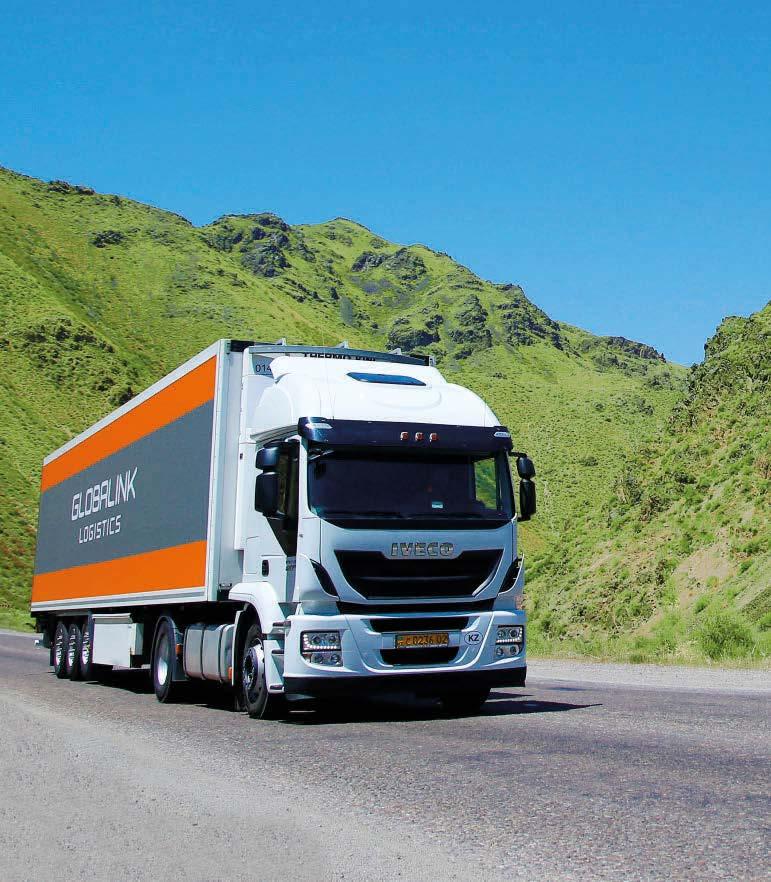

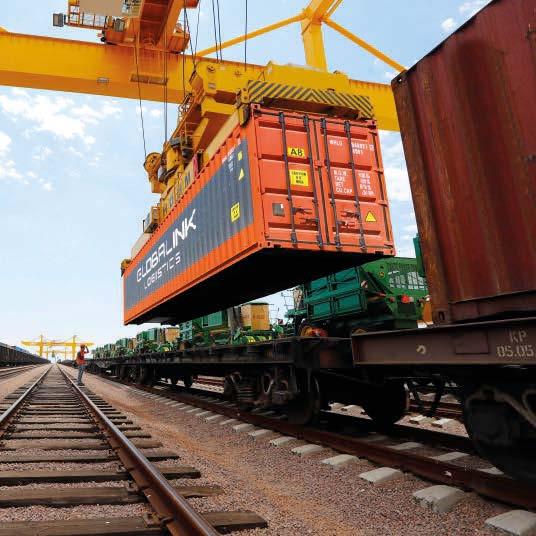
BEYOND BORDERS
BEYOND EXPECTATIONS
WE GO FURTHER


business, but the ‘extensive Lebanese diaspora’ provides plenty of individual moves. A handful of corporate accounts – multinational companies – remain.


It’s hard to imagine how BCC can operate around war-ravaged infrastructure. However, the firm is well embedded in its home country and can readily summon local expertise to find alternative routes and means of transportation and delivery. ‘Moreover, we’re able to handle moves through Beirut airport and seaport for diplomatic missions in Syria, which shows we can manage complex logistical needs in the region.’
Recruiting and retaining skilled employees in Lebanon is a challenge because of the economic uncertainties, Harb admits, but adds: ‘BCC offers competitive salaries and professional development opportunities. Safety remains our top priority – we implemented rigorous protocols during the recent war, to ensure employees feel secure. We ran mandatory safety training focused on emergency response, first aid and risk assessment; and our fleet was equipped with GPS tracking and monitored routes to avoid high-risk areas.
‘We believe every war prepares the ground for peace. Optimism drives our commitment to continued investment. We look forward to brighter days and a peaceful Middle East.’
When FIDI Focus rang Marina Chornokozha, Interdean’s Kyiv-based general manager –coincidentally on the day UK
Prime Minister Sir Keir Starmer arrived to sign a 100-year partnership treaty with Ukraine – the line soon broke up. We tried again and, this time, it rang out. There had been an air-raid alert. ‘When I arrived at the office after our failed attempt to talk, I was going out of the car and heard machinegun fire close to a drone flying over our district,’ she explained later.
Still, things could have been worse, as Chornokozha knows only too well. ‘During one attack around a year ago, when we all were in the office and didn’t have time to run to the shelter, a shock wave removed one of the air conditioners. We were lucky - no one was hurt. But sometimes they have been.’
Attack by drone and missile is a perpetual threat. Often, there’s no electricity – sometimes for hours; sometimes for days. Ukraine, whose resilience never ceases to amaze, manages as best it can. Local authorities try to publish schedules of power outage, so it’s possible for Interdean to plan activities to some degree. ‘We have a battery in our office that we charge when electricity is on, which we can use later. In winter, though, it is tougher, as we have electric heating in our office. Our activities are limited by both the capacity of our battery and the weather.’
Interdean’s trade has reduced drastically since Russia’s invasion three years ago. ‘The main challenge in business now is its absence,’ says Chornokozha. ‘There were almost no international moves last year, and prospects are not promising. Even if the war is over soon – which, in my opinion, is unlikely – people
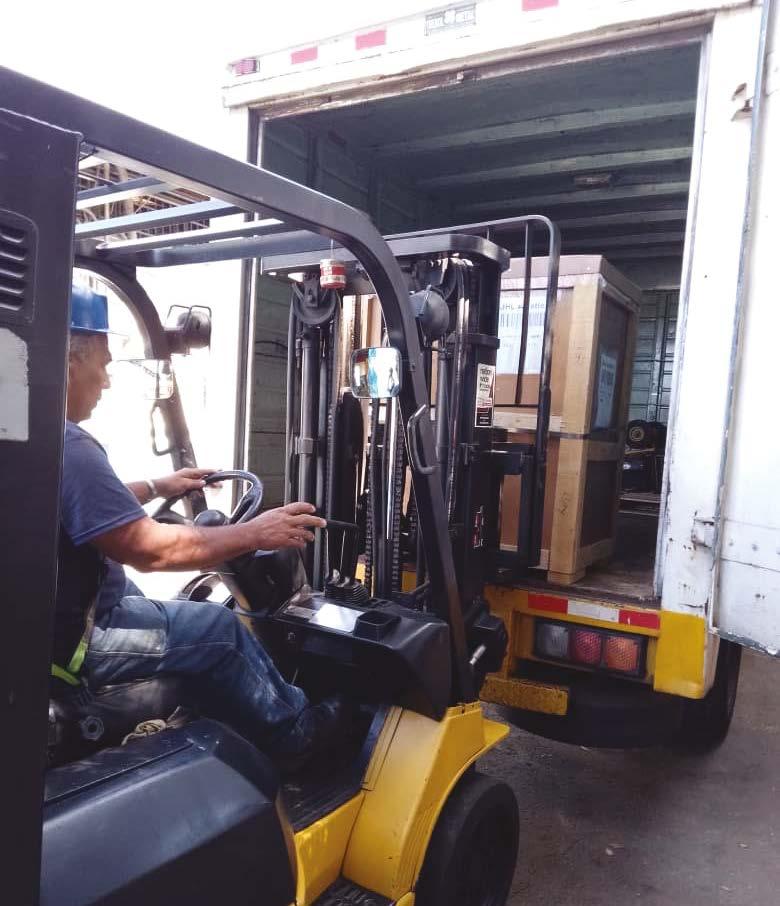
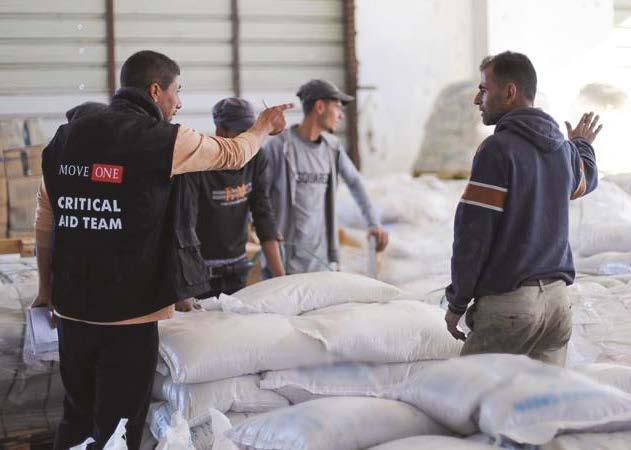
Voerman Group has long been used to working around geopolitical tensions worldwide, but leaving Russia in 2023 – after its invasion of Ukraine – was one of the firm’s most significant changes in recent years; a move driven by ‘operational challenges and moral considerations’.
‘The decision to withdraw was not made lightly,’ says Wiebe van Bockel, Voerman’s Chief Commercial Officer. The company had operated there for more than three decades, during two of which it was spearheaded by Dennis van Diemen. The Moscow branch was considered a ‘flagship operation’.
Instead of simply shutting down, however, Voerman transferred ownership of the operation to local staff, allowing them to continue under a new name, ProMovers. But it was a complex exit process, as European businesses faced restrictions on financial transactions and regulatory hurdles. Voerman, classified as an entity from an ‘unfriendly’ country, encountered banking limitations and additional tax controls. Moreover, Russian laws mandated that any foreign company wishing to quit must sell its stake to a Russian entity at a significant discount. Hence Voerman’s
choice to gift the business to employees, with the aim of preserving jobs and continuing to serve clients. The market has, inevitably, shrunk because of the war and economic sanctions, but ProMovers remains operational, and is adapting to the new landscape.
Despite leaving Russia, Voerman is expanding in Ukraine – where it expects post-war reconstruction to drive demand for logistics, general cargo and household goods services –and in Poland, which it sees as a key regional hub.
The firm feels a swift resurgence in Russia is unlikely, however, given the extensive rebuilding required and international sanctions. It does, though, remain open to re-engaging with the Russian market mid to long term, ‘provided it aligns with European regulatory frameworks and ethical business standards’.
Van Diemen feels it important to distinguish between the actions of a government and the sentiments of its people. ‘People mustn’t think all Russians are the same,’ he says. ‘Many are against the war and everything that costs human lives. The country has so much potential.’
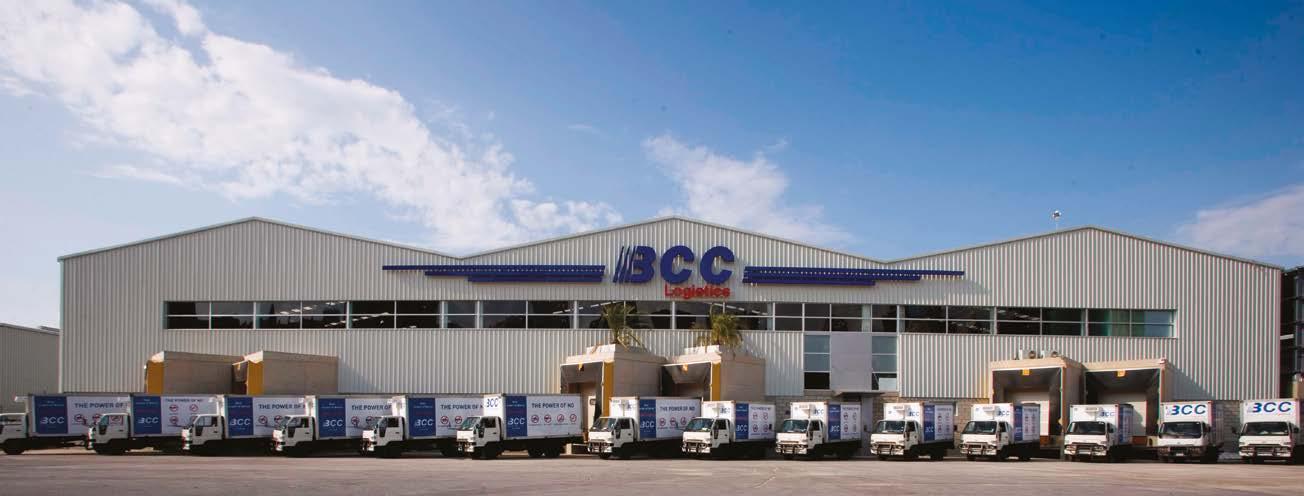
won’t start coming to Ukraine immediately and bring their families.
‘That means there will still be no shipments, other than the small numbers of suitcases that we mainly handle now. We have had to focus on diplomatic shipments and shipments other than household goods. Most embassies in Kyiv currently operate, although their foreign personnel are limited.

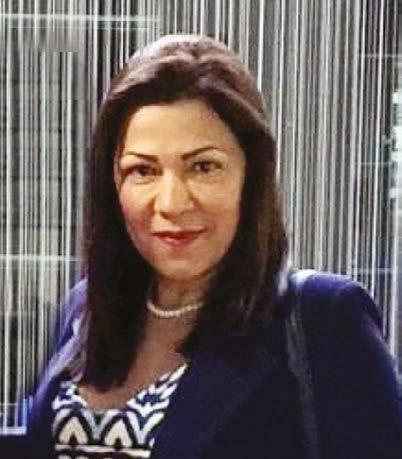
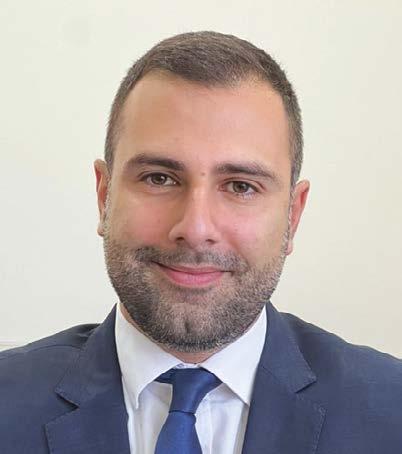
‘We hope for the best. This is why we’re trying to continue our efforts and to do what is needed to make our country stronger.’

Oil-rich, yet impoverished, Venezuela’s election last year failed to heal the country. Incumbent President Nicolás Maduro, after 11 years in power, was re-elected amid allegations of vote rigging by the opposition. The military remained loyal to Maduro and a violent crackdown followed.
Prospects for Venezuela’s economic future look bleak. Many may try to follow millions who have already fled the country, though – under Trump’s immigration policy – it will be harder to take refuge in the US. The fear of reimposed sanctions hangs in the air.
All this makes for a tough business environment. Last year, civil unrest drove Caracas-based Mudanzas Internacionales Global (MI Global) employees to work from home – ‘a direct response to growing concerns for personal safety’, says Zenaida Romero, MIG’s General Manager in Venezuela. With the country now seemingly more under control, staff felt able to return to officebased working in January – but Venezuela is still volatile.
‘Instability can cause interruptions in transportation and logistics, making it challenging to coordinate moves efficiently,’ Romero adds. This results in delays, increased client costs and, sometimes, the need to limit operations to keep staff safe.
MI Global has adopted various strategies to ensure its international business continues. It has expanded its offer to include storage, pricing is ‘competitive’, and there are special offers. ‘We’re open and honest with clients about potential challenges and changes in the process,’ says Romero. ‘We conduct regular risk assessments to identify potential threats and develop contingency plans. This promotes trust and loyalty, which is crucial in uncertain times.’
This uncertainty spurs some potential clients to relocate because of safety concerns, while others prefer to sit tight. Family ties or business opportunities in niche markets might draw people to her troubled country, but, Romero admits these are likely to be the exception. The The information in this feature was correct at the time of going to press at the end of February 2025
impact on overall demand for MIG services has caused the company to reduce staff and expenses, but ‘without compromising the quality of our work’.
Romero fears that changes in government policies, including immigration and customs regulations, could complicate life further. The headaches seem neverending, yet Romero still hopes for better days ahead: politics less fraught; the oil industry revived; and trade embargoes consigned to history.

South Korea is one of the great global hubs of digital technology and manufacturing, with Samsung and Hyundai among the names that chime. It is the ultimate contrast to its northerly neighbour: the vibrant capitalist democracy versus the grim authoritarian regime of Kim Jong Un. Beyond that contrast, however, few will have given South Korean politics much thought until last April’s election.
Its fallout made global headlines after the main opposition, the Democratic Party – along with its allies – won two thirds of the seats. The election was held amid allegations of corruption on all sides. President Yoon Suk Yeol, of the People Power Party, faced allegations that, in 2022, he and his wife sought to meddle with the selection process for a by-election. Meanwhile, Democratic Party leader Lee Jae-myung is facing trials for misusing public funds when he was governor of Gyeonggi Province from 2018-21. He awaits a final ruling from the Supreme Court.
Efforts to oust the president from office resulted in his impeachment, along with that of 11 government ministers. Symptomatic of the chaos was the president’s ill-conceived declaration of martial law in December, abandoned after six hours.
All of this has unsettled business. So has the outcome of the US election and the prospect of tariffs, according to FIDI Affiliate Bright Yoon, Managing Director of E-High Relo. ‘Korea is a strong ally of the US and maintains global competitiveness in areas where the US is lacking in technology, namely shipbuilding and semiconductor manufacturing,’ he says.
‘Because of its protectionist trade policy, many manufacturing companies are trying to avoid tariff barriers by directly investing in the US, which can be seen as a bad sign for the Korean economy. In the past, leading foreign companies have invested and collaborated with Korean companies in areas where we have strengths, but this is expected to decrease.’
According to the Korea Customs Service and E-High Relo’s own calculations, the number of overseas immigrants has increased about 5 per cent annually for the past 20 years, but Bright is anticipating a dip. ‘Ultimately, the number may decrease by 10 per cent,’ he says. ‘Multinational companies are seeking to reduce the cost of relocations.’
For movers across South Korea the immediate need is to tighten belts – ‘try to reduce costs and avoid the impending sales cliff through new additional services and improving work efficiency’. Times change – talk of a sales drop-off is the last thing many would expect this economic powerhouse to be confronting.
Their honeycomb is strong and reliable, just like our international moving, packing and delivery services

Int’l Moving


Relocation Services
DSP (V&I, Home finding, settle-in services)

Pet Transport


Automobile Transport
Global Logistics

y Int’l Moving
y Relocation Services
y Pet Transport
Our service scopes
y Automobile Transport
y Project Cargo
y Sea &Air Freight
y Storage (RMS)




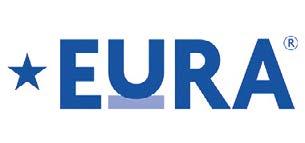
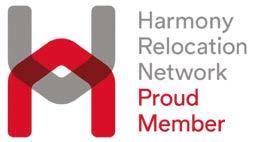

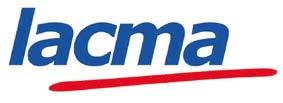

FIDI and SMP Academy have joined forces to launch a corporate sales training programme, designed to help FIDI members win business with corporate partners. FIDI Academy Manager Chantal Fera gives us an overview and hears feedback from some of those who are already putting their learnings into action
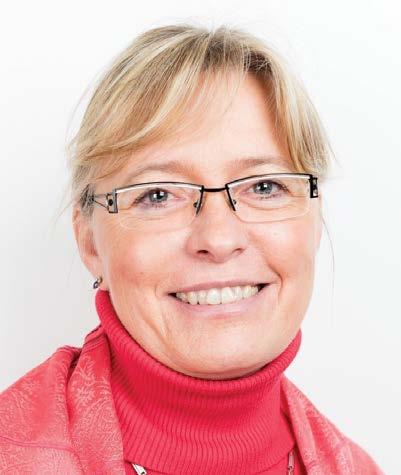
FIDI and SMP Academy have collaborated to introduce a corporate sales training programme aimed at supporting FIDI members to become more successful in their respective markets.
The programme is delivered by SMP Academy, a specialist in sales training and consulting, which has been working with moving and relocation clients for more than 10 years. It is tailored to FIDI members and focused on winning business with corporate partners. It was set up with the support of FIDI experts, with the lead taken by Andreas Eibel, of Sobolak in Austria.
The brief for the programme was to ensure that participants could learn skills to be more effective in their everyday work and to speak the language of corporate decision-makers. Participants were keen to see best practices from outside their industry, in addition to learning from their peers.
The programme is available online in half-day sessions, as well as in a face-to-face course in Brussels, Belgium.
Results so far
To date, feedback on the corporate sales course

has been excellent. Participants have been particularly interested in finding new ways to communicate with corporate HR, mobility, and procurement managers, moving discussions beyond simple tonnage and square metres and, instead, steering negotiations towards how movers and relocators can support HR and mobility teams in making their own product portfolios and services more valuable to their businesses.
Online workshops cover:
l Product portfolio presentations to corporate partners
l Negotiation
l Exploring and understanding the partner’s situation
l Benefit argumentation
l Handling objections
l Price communication and agreements.
Onsite workshops cover:
l Classic sales skills methods
l Key accounts management.
Key account management negotiations
The climate in the industry over the past few years
has not been easy for many movers. However, FIDI members are still focused on upholding the highest quality standards and providing outstanding service to their clients. As corporate mobility requirements and expectations continue to evolve, greater responsibility falls not only on the movers themselves, but also on their sales teams.
The focus of the course is on understanding and then providing attractive solutions to the challenges that HR and mobility managers face. One element that participants found especially valuable was ‘price communication’. This topic holds many challenges, including:
l When to introduce the price
l How to handle situations where the customer raises the subject of price early in a negotiation
l How to communicate pricing effectively once the client understands the services behind it
l How to negotiate price when the client pushes hard.
In summary, the programme has been well received by members and supports them in selling in a way that allows corporate clients to see their services as a real asset to their organisations.
A second round of online sessions are planned for March and in November a second round of on-site in Belgium workshops are planned. The aim is to ensure that great suppliers are recognised by mobility decisionmakers and corporate buyers.
“Really good, and it made me think of new ways to deal with objections from clients. This can be used by everyone. Even when you receive a rejection on a move quote, the structure can be applied to try to win the move/service back. Calum has good knowledge of our industry, and used examples and role-plays so that everything was tailored to our sector.”
Sara Lyrum Kronkjaer, Aspire Mobility
“The course was very challenging, in a positive way.”
Adrian Schütte, Hasenkamp
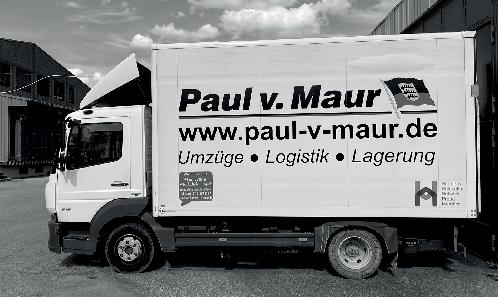

“I really enjoyed working in the small group, which was very interactive, so everyone was always involved in the lesson.”
Juri Bornträger, Rosebrock
“The programme was relevant to our industry. We can now apply everything learned during the programme to all situations, whether dealing with private customers, corporate clients, diplomatic services, or even industry partners.”
Martín Montes, Mercovan
“It is dynamic and proactive. Calum is a great speaker, so he delivers the session excellently.”
Julieta Vangeli, Santa Fe Group
“The course was engaging, practical, and far from boring! Time flew by.”
Esin Demirkapi, Rosebrock


Robert Cormier, Group Director, Strategic Development at Paramount Transportation Systems, investigates why diversification is a must for movers, how to approach it, and why investment in training and technology is vital for success


As headlines go, ‘Diversify or die’ may be overly dramatic, but the reality is that staying still in a fast-changing industry such as moving is incredibly risky. While I can almost hear you saying ‘but, Rob, our company offers household goods and personal effects moving’ (much like someone proudly claiming to enjoy country and western), it’s time to think even broader.
The household goods (HHG) moving industry is undergoing significant changes, driven by shifting customer preferences, economic pressures and sustainability concerns. For FIDI-affiliated international moving companies, these changes present challenges and opportunities.
The traditional model of focusing solely on HHG moving is no longer sufficient for sustainable growth. To remain competitive and thrive, moving companies must diversify their offerings – and into destination services (DSP) in particular.
Several factors have contributed to a steady decrease in HHG shipment volumes:
1. Changing corporate policies: many corporations now provide lump-sum relocation packages, leaving employees to manage their own moves – and often opting for smaller shipments.
2.Generational shifts: younger transferees tend to move fewer items, preferring to transport personal effects and purchase furniture locally at their destination.
3. Budget constraints: corporate accounts face tighter budgets, reducing allowances for comprehensive moving services.
4. Sustainability: growing concern about the carbon footprint associated with shipping has led to reduced reliance on large-scale HHG moves.
5. Economic uncertainty: global economic challenges have pressured companies to cut costs, which has impacted on relocation budgets.
Given these trends, it’s imperative that FIDI companies explore diversification so they can remain relevant and competitive.
For moving companies, diversification isn’t just a survival tactic, it’s an opportunity to grow and expand their scope of services. Offering DSP, which includes relocation support at both origin and destination, can complement HHG moving and provide additional revenue streams. Further potential areas for diversification include: visa and immigration; pet transport; fine art logistics; and long-term and flexible storage solutions.
By diversifying, companies can:
1. Attract new clients: broader service offerings appeal to a wider range of customers.
2. Enhance their value proposition: integrated services provide a seamless relocation experience, differentiating companies from competitors.
3. Mitigate risks: reducing dependency on HHG shipments helps buffer against market fluctuations.
structured
Paramount Transportation Systems (PTS) recognised the need for diversification early and began offering DSP services four years ago. This decision was implemented with a structured and deliberate strategy, as follows:
1. A customer-centric focus: We ensured our existing clients, including relocation management companies (RMCs), were fully informed about our expanded capabilities. Crucially, we reassured our RMC clients that PTS would not encroach on their core services, such as home purchase/sale and expense management.
2. Controlled growth: By scaling DSP services incrementally, we maintained quality and built a reputation for excellence.
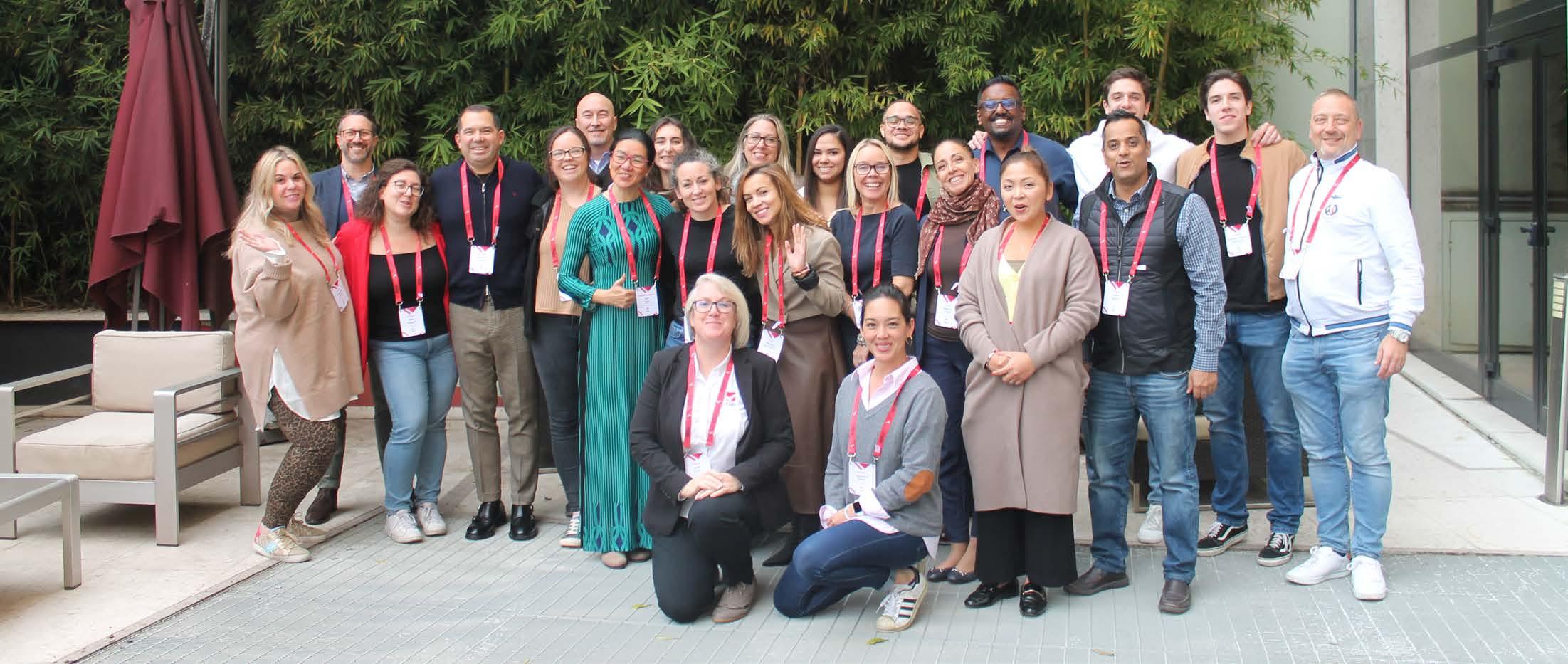
3. Investment in technology and training: We leveraged advanced technology to streamline our service delivery and invested heavily in training staff to ensure they had the skills to meet clients’ expectations.
The approach strengthened our relationships with existing clients, but also opened doors to new opportunities, helping us to achieve sustainable growth.
Successful diversification into DSP requires a commitment to excellence. Two critical areas for investment are technology and training: l Technology: robust digital platforms are essential for managing complex relocation processes and delivering real-time updates to clients. Technology differentiates companies in a competitive market by improving efficiency and enhancing the customer experience.
l Training: skilled and customer-focused employees are the backbone of any successful DSP operation. Training programmes, such as the new FIDI DSP seminar, equip employees with the knowledge and skills to deliver high-quality services. Participation in these programmes also helps companies build lasting connections within the global relocation industry.
I vividly remember attending FIDI’s Advanced Management training course in Amsterdam in 1999, while I was working in Hong Kong. My company’s decision to invest in me by sending me to this four-day course was life-changing.
For those considering diversification into DSP, sending representatives to FIDI’s DSP training is a game-changer. Yes, it is rigorous, but it’s also a lot of fun – and I’m not just saying this because I’m the lead trainer.
Participants work hard, elevate their understanding of the DSP industry, and forge
lifelong friendships with peers from around the globe. These bonds and shared experiences are what make our industry so unique and rewarding.
Speaking of fun, let me share a story from our inaugural DSP training in Milan. After a full day of sessions and a late dinner, we decided to take a night-time stroll – even though it was absolutely freezing. Despite the chill, these moments of shared laughter and camaraderie are what make the training experience unforgettable.
Employers who invest in this training send a powerful message to their employees: ‘We value you and your potential.’ It’s no secret that people stay with companies where they feel appreciated and heard. By enrolling highpotential leaders in DSP training, companies can cultivate loyalty, develop future management, and ensure their teams are equipped to deliver exceptional service.
The question for FIDI moving companies isn’t whether to diversify, but how to do so effectively. Here are some key tips:
l Assess market opportunities: identify complementary services that align with your company’s strengths and market demands.
l Develop a strategic plan: approach diversification systematically, ensuring you have the resources and expertise needed to succeed.
l Invest in people: enrol high-potential employees in programmes such as FIDI’s DSP training, to enhance their skills and prepare them for leadership roles.
l Leverage partnerships: collaborate with RMCs and other stakeholders to integrate services and create a seamless client experience.
As the industry evolves, diversification will be essential for growth and longevity. By expanding into DSP and investing in technology and training, FIDI companies can secure their place as leaders in the global relocation market. The time to act is now.
“The question for FIDI moving companies isn’t whether to diversify, but how to do so effectively”
As the Kuwaiti economy expands beyond oil into exciting new sectors, new Affiliate Easy Move Logistics has adapted its capabilities to service growing demand. The company’s CEO Ali Alawadhi talks to FIDI Focus about developments in the country
FIDI Focus (FF): Please briefly explain Easy Move Logistics’ business.
Ali Alawadhi (AA):
Based in Kuwait, and founded in 2016, Easy Move Logistics specialises in local and international moving services, custom clearance, warehousing and distribution/delivery.

We have two warehouse facilities, a fleet of GPS-monitored trucks and trained staff working to provide logistics services to companies from all types of industries.
Our in-house-built software supports all sectors of our business (local, international, warehousing, clearance and distribution); giving our clients real-time access to their inventories, details of their jobs and invoices.
FF: What are the characteristics of your market in Kuwait and beyond?
AA: Over the past 10 years, there has been a significant increase in logistics needs within the entire Arabian Gulf, and especially in Kuwait. Although the country’s focus was on oil in the past, the country has been diversifying recently, which has brought significant growth across many sectors, including healthcare, commerce and education. This is increasing the demand for moving and logistics services.
FF: What are the most popular domestic and international destinations for your transferees?
AA: The most popular domestic area is Kuwait City, the capital of Kuwait, where most businesses are based. For household goods, the most common destinations are the Kuwaiti governates of Ahmadi and Hawalli. International destinations, meanwhile, can be divided into two segments:
y Gulf Cooperation Council (GCC)
countries: there is high demand for moves to neighbouring countries, such as Saudi Arabia and the United Arab Emirates, because of job opportunities for locals and expats.
y US, UK and Canada: many expats are looking for moving services to or from these countries as they find employment within Kuwait.
FF: Where do you see the biggest opportunities for growth?
AA: Locally, there are great opportunities to expand corporate relocation services, partnerships with local businesses, and e-commerce logistics and last-mile delivery within Kuwait. Internationally, there is great opportunity to enhance international freight services, target expatriate relocations, and leverage technology for improved logistics management and customer experience.
FF: What are the most recent developments in Kuwait and at Easy Move Logistics?
AA: Within the Kuwaiti market there has been increased investment in infrastructure and urban development projects, while growth in the e-commerce sector has resulted in higher demand for logistics services.
Our in-house logistics software includes advanced inventory and delivery programs that track in real-time.
The development of the platform was necessary to manage operations, staff and admin, and ensures a more user-friendly platform for our customers to manage their logistics needs.
FF: Why did Easy Move decide to join FIDI?
AA: Easy Move joined FIDI to enhance its credibility and to be part of a high-quality network of international logistics providers. Being a member enables us to find the best partners from all over the world and to provide the highest-quality services to our clients.
FIDI and FAIM have been crucial in establishing trust and professionalism in the
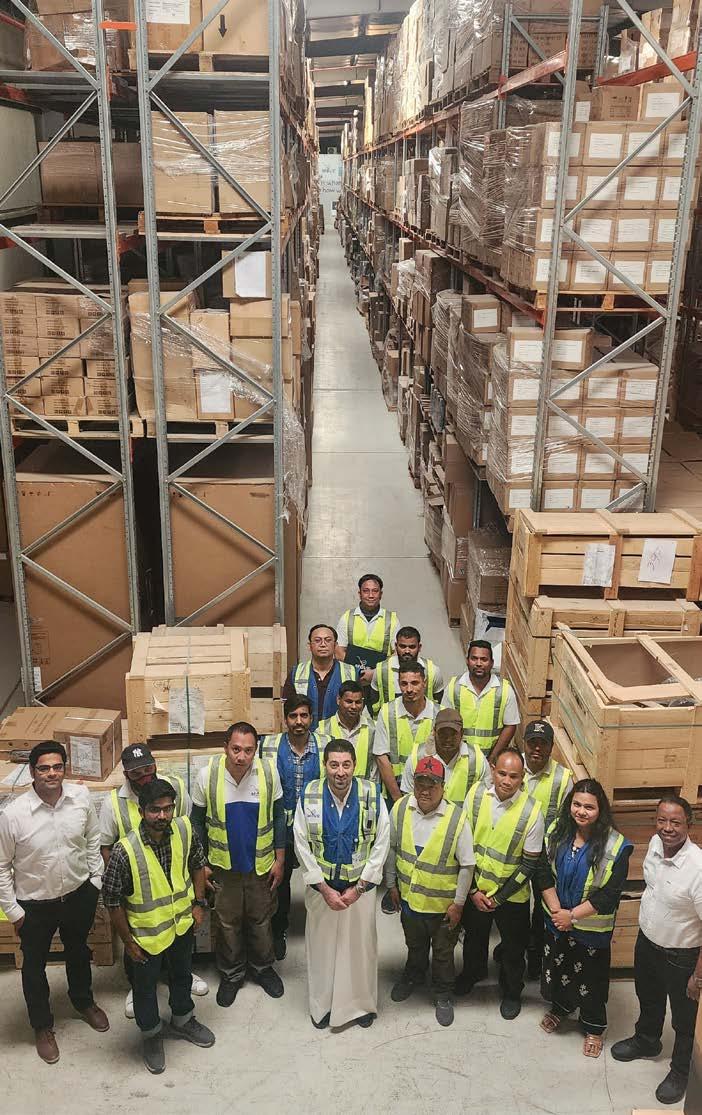
moving industry for 75 years, promoting best practices and ensuring high service standards globally. This has been important, because it provides a guarantee for clients and logistics businesses that the quality of the move is at a high standard.
FF: What are Easy Move Logistics’ plans for the immediate future?
AA: We aim to expand our services, particularly in corporate relocation and e-commerce logistics, and we’ll continue to invest in technology to enhance operational efficiency and improve customer experience.
We will also be focusing on increasing our market share in local and international moving services.
Easy Move remains dedicated to providing high-quality logistics solutions and exceptional customer service, while adapting to market changes and evolving customer needs, and ensuring sustainable growth and success for the future.
Washington DC-based Star Moving Solutions has joined FIDI, as part of its plans to strengthen and diversify its domestic and international operations. The company’s Miguel Cazares tells FIDI Focus about the company’s aspirations and plans for growth
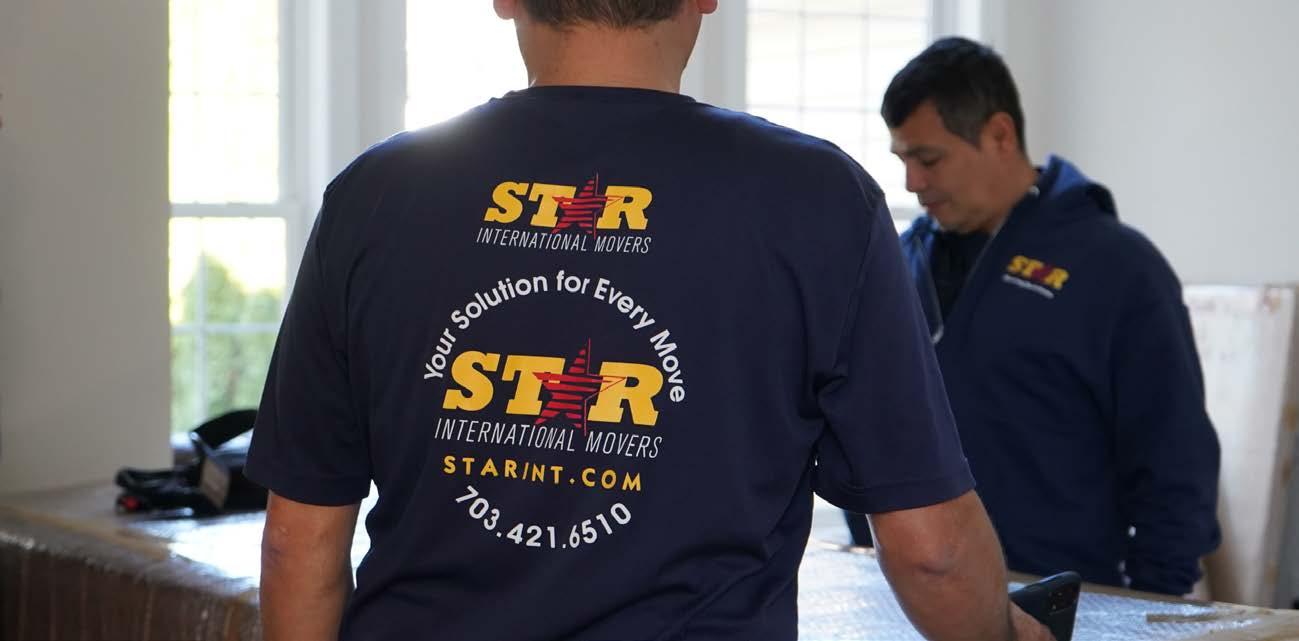


Since it was founded in 1998, Star Moving Solutions has established a reputation for excellence in the international moving sector, providing domestic and international relocation services to government contractors, US aid organisations, embassies, military TSPs, US agents shipping overseas, and international agents.
International moving services form one of the foundations of our operations, which handle moves from US and overseas origins, as well as thirdcountry relocations, servicing clients worldwide. This international focus has remained central to Star’s business strategy since its founding, and it continues to drive the company’s success.
Located in the Washington DC metropolitan area, Star is operating in one of the most saturated and dynamic regions for moving services in the US. The area is home to a significant number of government offices, embassies, military bases and corporate entities, driving continual demand for moving services.
As the region’s population and business activity continue to grow, so do the opportunities for Star to expand its services and client base.
Star’s most popular destinations include Germany, the UK, Italy, South Korea, Japan, Australia, and some Middle Eastern countries. Many of the company’s clients are military contractors working with the US government, who need to move around the world. Demand to these regions is driven by geopolitical considerations and the presence of key US military and defence operations.
On the domestic front, Star handles moves across all US states, serving the entire region through its fleet and the Bekins Van Lines network. Its reach and ability to manage local and international moves make it a preferred partner for clients with unique relocation needs.
Star sees considerable growth potential in both local and international markets. Locally, the continued expansion of the DC metro area presents opportunities to serve more clients in government, military, corporate and embassy sectors. Our recent Affiliation to FIDI positions us to pursue higher-profile corporate accounts, strengthening our international move portfolio and helping us secure opportunities for large-scale international moves – particularly with corporate clients, who require specialised services for employee relocations and other complex moves.
Our decision to join was motivated by a desire to align with a prestigious organisation that upholds high standards in the moving industry. FIDI’s requirements, tools and expectations foster an environment in which members are continually challenged to maintain excellent service levels, communication and collaboration with partners and customers. Affiliation ensures we remain at the forefront of industry standards, which will benefit us and our clients, and provides us with the tools we need to succeed in a competitive landscape.
Star recently attained IMO Hazmat certification, enabling us to handle in-house the shipping, preparation and documentation of electric vehicles and items with lithium batteries. This has allowed us to increase our provision, reduce internal costs and minimise reliance on third-party vendors, and we are now better positioned to meet the growing demand for these specialised services.
Star’s future revolves around further growth and development. We are committed to investing in new technologies, equipment, training and business development staff to expand operations. Star is looking to expand into new areas, such as government business, senior moves and data-centre relocations. These service expansions will allow the company to diversify its portfolio and capture opportunities in emerging sectors.
At the heart of all our operations is a commitment to exceptional customer service. We have a dedicated quality services team, whose primary focus is ensuring that every client’s relocation experience is seamless and stress-free. From extensive training for staff to regular job-site visits and proactive problem resolution, the quality services team work tirelessly to enhance the customer journey from start to finish. By focusing on quality and customer satisfaction, Star aims to continue building strong, long-term relationships with its clients.
We are dedicated to upholding high service standards and exploring new growth opportunities. Through innovation, partnership and commitment to quality, Star is prepared for continued success in the industry.
California-based NEDRAC has become a FIDI Affiliate as part of its development vision for the future, moving from a local operator to a business with truly global reach. FIDI Focus finds out more
Since NEDRAC was founded in 1987, it has grown from a small operation offering ocean and air freight services into a globally recognised freight forwarder, customs broker and relocation company.
Under the leadership of President David Carden, NEDRAC has embraced innovation, expanded its services and built a strong international presence, all while staying true to its core values. Known for its collaborative culture and forward-thinking approach, NEDRAC empowers its team with the tools and resources needed to deliver exceptional service across the freight forwarding, customs brokerage and relocation industries.
‘In California, the local relocation market reflects the state’s unique blend of economic opportunities, diverse demographics and environmental challenges,’ says the company’s Managing Director, Eric Carden. ‘As a hub for industries such as technology and entertainment, California experiences high demand for relocation services, both residential and commercial. However, over the past 10 years the state’s high cost of living, coupled with trends such as out-migration to more affordable states, such as Texas and Arizona, have shaped the needs of the market.’
States in the south-eastern US, including North Carolina, Florida, Tennessee and Texas, have become hot spots for transferees thanks to affordable housing, tax policies and strong job markets, adds Carden.
‘Cities including Charlotte, Raleigh and Nashville stand out for their economic growth and high quality of life. Internationally, countries such as Canada, Australia and Spain attract individuals with their welcoming immigration policies, strong economies and excellent living conditions,’ he says.
Locally, NEDRAC sees opportunities in emerging urban centres and the reshoring
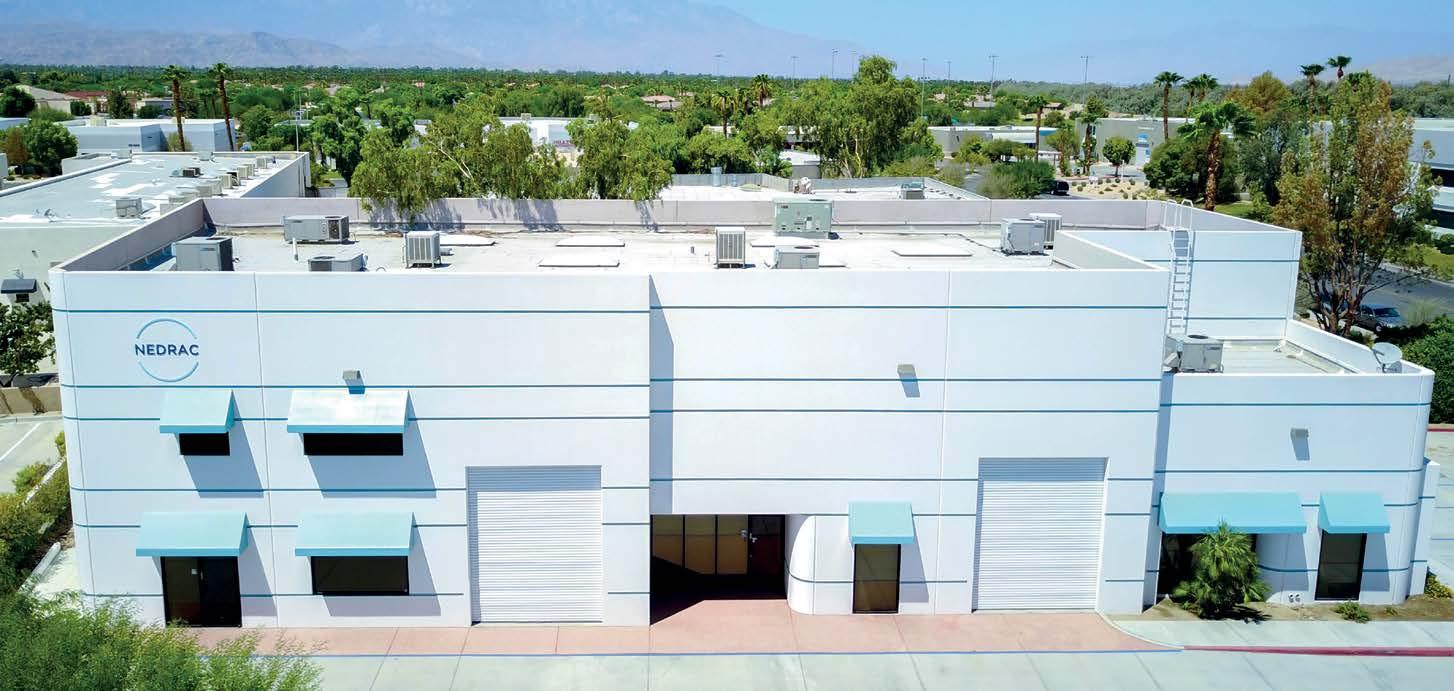
of manufacturing operations, both of which are driving demand for industrial relocation services. Internationally, the growing corporate relocation market and technological advancements such as artificial intelligence (AI) and predictive analytics present good potential for growth, with virtual relocation solutions and golden visa programmes also offering opportunities to develop new services for clients.
Nationwide, the US relocation market remains dynamic, driven by corporate globalisation, demographic shifts and lifestyle changes. Corporate relocations account for a significant proportion of NEDRAC’s activities, often involving tailored services such as temporary housing and immigration assistance. Additionally, says Carden, ‘technological advancements’ have transformed the industry, with digital platforms enabling seamless quotes, tracking, and so on.
‘Technological integration continues to play a pivotal role in our operations, ensuring efficient and transparent services. As part of this commitment, we are exploring the use of AI to further enhance our processes, improve efficiency, elevate our customers’ experience and continue to innovate in our practices.’
NEDRAC is committed to its peoplefocused approach, which prioritises building loyalty among its suppliers, customers and employees.
NEDRAC’s decision to join the FIDI network stems from a desire to strengthen relationships with suppliers and customers, while fostering new partnerships, says Carden.
‘The FIDI FAIM accreditation, recognised as the gold standard in the relocation industry, aligns with NEDRAC’s commitment to excellence,’ he adds. ‘For more than 70 years, FIDI has set the benchmark for quality, ensuring that members meet stringent standards in service delivery. NEDRAC looks forward to contributing to the network’s legacy of trust, innovation and collaboration.’
Alongside its new Affiliate status, Carden says NEDRAC will remain focused on delivering efficient, economical and timely solutions. ‘With our membership of the FIDI network and a commitment to innovation and service excellence, NEDRAC is well positioned to navigate the future of the freight forwarding, customs brokerage and relocation industries.’


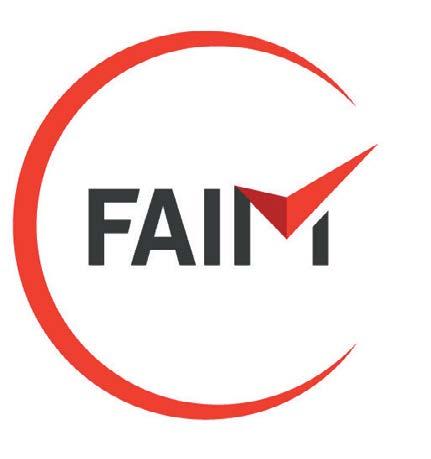
For almost three decades, FIDI FAIM has been the gold standard for quality and reliable movers worldwide. FIDI companies are regularly and rigorously audited to earn FAIM accreditation – they do not self-declare. This means a FAIM company can be trusted to take the best possible care of your shipments.
Unclear contractual terms can cause significant damage to business relationships and incur substantial costs. FIDI Business Intelligence Manager Marie-Pascale Frix discusses the importance of putting robust payment conditions in place up front and highlights the guidelines that FIDI’s PCGs Committee has put in place for its Affiliates
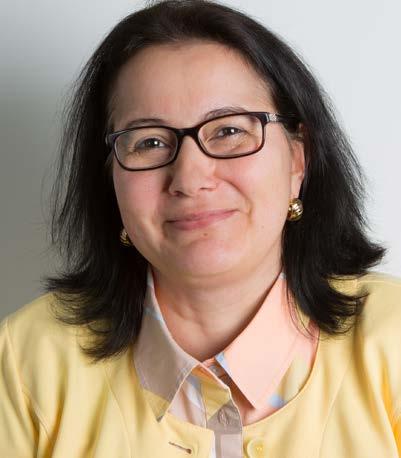
Marie-Pascale Frix, FIDI Business Intelligence Manager
The current economic climate poses significant challenges for our industry. With the global economy under pressure, maintaining healthy cash flows is a priority, particularly as payment terms have been strained by supply chain demands and corporate/RMC delays. Late payments are now a recurring issue, undermining financial stability and creating a domino effect that threatens the viability of supply chains. Trading partners shouldn’t be used as banks. Everyone in the supply chain needs to uphold financial integrity, because it benefits the entire industry.
FIDI has observed a marked increase in claims between agents that come from a lack of, unclear, noncompliant or ‘hijacked’ financial terms. These disputes can harm both agents and transferees.
Situation A: unclear terms or misperception
l A booker is informed that a shipment is cleared through customs and is asked to pay charges for clearance and delivery up front
l The booker contests the request, citing pre-agreed terms or that the so-called ‘FIDI 30-day credit terms’ automatically apply (which is a misconception, as the fact is that the 30 day ‘rule’ is in no way a rule, only a guideline. Every agent sets the payment term they see best fit).
Situation B: hijacked terms
l A shipment is delivered and a service invoice is issued
l The invoice is withheld because damage is reported, effectively holding the payment hostage until compensation is resolved.
Situation C: shipment withheld
l An agent withholds a shipment to enforce payment of unrelated overdue invoices.
Situation D: delay tactics or late contestation of an invoice
l Service invoices remain unpaid despite follow-ups and payment promises
l In some cases, invoices are disputed well after the due date has passed.
Analysis of cases reported to the FIDI Dispute Resolution Service and FASI highlight the need for better practices. Here are recommendations to help prevent disputes:
There is a widespread, but incorrect, belief within the FIDI community that FIDI imposes a 30-day credit term between Affiliates. However, this is not the case – FIDI states that agents must define and mutually agree financial terms with their trading partners.
“Agents may choose the FIDI Professional Cooperation Guidelines’ (the PCG) default terms or establish their own, provided the terms are documented clearly in writing and agreed in advance,” says Nicki French, PCG Committee Chair.
FIDI recommends doing the following:
l Go back to basics: define, agree, and document financial terms
l Clearly define and agree upon your financial terms –in writing and before service begins

l Ensure terms cover standard service elements and detail any exclusions (FIDI has developed a generic list to get you started – see the PCG document)
l If upfront payment is required for standard service elements and/or normal exclusions, this should be clearly outlined in the terms of your contractual agreements
l If no terms are set, the default expectation is payment within 30 days of invoice receipt
l A business must adhere to the terms agreed at the start of a job. Depending on your local laws, it may be illegal to change terms unilaterally for ongoing work. Changes should apply only to future agreements.
Look at your policy on credit terms and ensure the move was booked according to this:
l Ensure quotes, contracts and invoices clearly state payment terms
l Report consistent late payments or bad practices to your trade association
l Remind your trading partner regularly of the applicable booking and payment terms
l Apply PCG protocols – on potential or actual port storage/rent and demurrage liability, for example – and train your operations team
l Communication between parties is key!
l Using delay tactics to postpone payments until escalated to a trade association or collection agency
l Holding shipments to ransom for unrelated debts –this is illegal
l Failing to reference financial terms in contracts or quotations
l Using vague or unclear payment terms
l Ignoring payment reminders systematically.
Financial integrity is fundamental to trust and stability in our industry. To strengthen your business:
l Regularly review credit terms for corporate/RMC moves/your business partners
l Only work with firms affiliated with reputable trade associations, eg, FIDI or IAM, or ask for advance payments
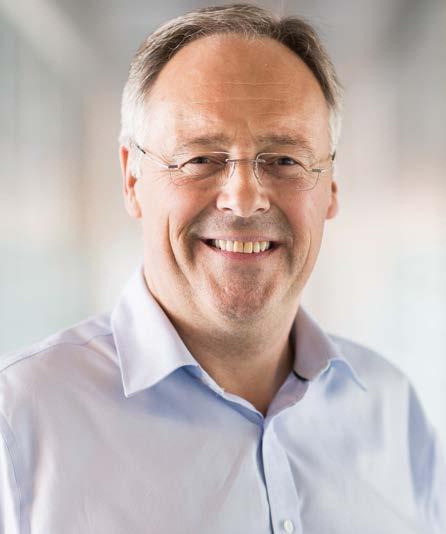
l Adjust payment terms to break the late-payment cycle and minimise risks
l Protect your business by using tools such as the FIDI netting system, FASI, the FAIM Financial Assessment, and FIDI Dispute Resolution Service
l Report unethical behaviours to your trade associations to maintain a healthy industry environment.
Make sure you are following this best practice, to protect your business, develop trust with your supply chain partners, and strengthen our industry overall.
Consult the FIDI Professional Cooperation Guidelines on FIDINET for further guidance. If you have any questions, please contact Marie-Pascale Frix at Marie-Pascale.Frix@fidi.org
According to the FIDI PCG, payment terms must be set out (with the quote or contract) by the agent servicing the booker; if the booker disagrees and proposes alternative (slower) payment terms, they must tell the service agent in advance, and it is incumbent on the service agent to confirm their agreement or not.
Either way, the parties must agree on payment terms, and if the service agent intends to impose different payment terms on extraneous services or outlay – such as demurrage or customs duty exclusions – those terms must also be clearly set out prior to the contract.
“Financial integrity is fundamental to trust and stability in our industry”
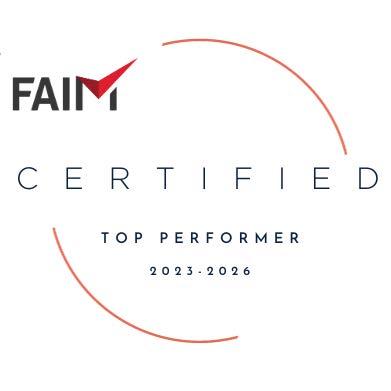

With marketing to corporate and private clients requiring distinctly different approaches, moving and relocation businesses must tailor their communications activities to appeal to each group, while keeping their brand consistent. FIDI’s Communications and Marketing Officer, William Zamundu, and Marketing Coordinator, Shola Gallard, show us how
When it comes to marketing a business, one of the significant challenges for international moving companies is how to simultaneously appeal to corporate clients (B2B) and private customers (B2C).
Balancing these two audiences requires a strategic, yet flexible approach – one that ensures a unified brand identity while tailoring messaging to different needs.
A strong brand identity is the foundation of a successful marketing strategy. While B2B and B2C customers both expect professionalism and trustworthiness, their motivations for choosing a moving company differ markedly.
For corporate clients, the focus is on efficiency, cost savings and expertise. These customers require a professional and data-driven approach that highlights a return on investment. They value reliability and detailed service offerings that align with their logistical and financial objectives. A corporate relocation manager, for instance, will prioritise companies that demonstrate solid operational capabilities, high compliance standards and measurable cost efficiencies.
Private customers, on the other hand, prioritise price, because they often don’t fully understand the complexity of a move. The challenge is to make them understand the stakes, without spooking them, and guaranteeing that you are the best option for a stress-free and hassle-free move.
They want a trusted partner to navigate an unfamiliar process. Storytelling plays a crucial role here – emphasising success stories, stress-free moves, and customer support that feels empathetic and responsive.
While the core brand message remains consistent, the key is adapting how you communicate it. Take FAIM certification. For moving and relocation companies, this represents the highest standard of industry accreditation. However, this does not necessarily translate into a clear unique selling point for private customers.
Instead, FAIM can be positioned as a seal of security, assuring customers that their belongings will reach their destination safely. Rather than framing it as a compliance standard, the message for B2C customers is: ‘Don’t rely on luck, rely on FAIM.’ The same certification, framed differently, ensures clarity for different audiences.
This concept of positioning also applies to your website, which must cater for both business clients and individual customers. A broader discussion of this aspect can be
found in our previous article, ‘Attracting private customers with a standout website’ in FIDI Focus issue 316.
A well-crafted content strategy ensures that your digital presence caters for both audiences effectively. Search engines and, increasingly, artificial intelligence (AI) tools prioritise high-quality and relevant content. Movers can improve their visibility by producing valuable insights for both B2B and B2C audiences.
For B2B audiences, content strategy should be centred on demonstrating expertise, industry knowledge and thought leadership. Creating valuable and informative materials will help position your company as a trusted industry partner. Some key content formats that can help achieve this include:
l Blog posts on industry trends that provide insights into market shifts, regulatory updates and best practices
l White papers and research reports that showcase in-depth analysis and expert recommendations on corporate relocation strategies
l Industry insights and case studies that highlight successful moves, detailing cost savings, efficiency improvements and logistical solutions
l Localised content that offers city- and country-specific relocation information, making it more relevant for businesses looking to move within certain regions.
For B2C audiences, content should be designed to engage customers on a more personal and emotional level.
Private customers often experience moving as a stressful life event, so content should aim to reassure, inform, and simplify the process for them. Some effective content formats include:
l Customer success stories that showcase real-life experiences of smooth and stress-free moves
l Practical guides and checklists that help customers plan and prepare for their relocation efficiently. See, as an example, the pros and cons blog articles FIDI publishes for different cities
l FAQs and expert tips that answer common concerns and provide reassurance on key moving challenges
l Video content demonstrating packing techniques, relocation hacks and walkthroughs of the moving process, to help customers feel more prepared and confident.
Social media is here to stay. As younger generations turn to TikTok and Instagram for local service searches, moving companies must evolve their strategies to remain visible. For B2B, LinkedIn and industry forums


offer valuable platforms for thought leadership and networking, enabling movers to establish credibility and build partnerships. B2C engagement thrives on visually driven platforms such as Instagram, Facebook, TikTok and YouTube, where storytelling and dynamic content can capture potential customers’ attention and build brand loyalty.
Social media success hinges on authenticity because audiences are more likely to engage with brands that feel genuine and relatable. Businesses that embrace transparency, showcase real people and interact with their followers in a meaningful way can build stronger trust and loyalty. Here’s how moving companies can stand out:
l Prioritise visual engagement: ditch long-winded text for infographics, carousels and short-form videos. A moving company timeline, behind-the-scenes footage, or before-

and-after transformations can be highly effective.
l Showcase your people: a familiar face builds trust. Feature a CEO or office manager in casual, behind-thescenes videos. Rotate social media takeovers between younger employees (for fresh content) and senior staff (for experience-based insights)
l Highlight company culture: what makes your team unique? Share office traditions, team-building activities, or a glimpse into how you celebrate milestones together. This humanises your brand and fosters connection.
Whether catering for businesses or individuals, moving companies must embrace digital transformation while maintaining a personal touch. By refining their messaging, optimising their online presence and leveraging social media effectively, they can remain relevant and attractive to B2B and B2C audiences.
Staying ahead in the industry isn’t just about moving people – it’s about moving with the times.


Atlas International CEO Dees Peters has been appointed President of FIDI Netherlands.
A company statement said: ‘This appointment highlights Atlas International Movers’ commitment to leadership in the industry and reflects the confidence in Dees’ capabilities and vision. In his new role at FIDI Netherlands, Dees will focus on enhancing collaboration within the industry and promoting best practices among members.’
Peters added: ‘I am honoured to take on this new responsibility and look forward to working with my colleagues at FIDI Netherlands to further develop our shared goals.’
Meanwhile, the Amsterdam-based
business – which has operations in Amsterdam, The Netherlands and Zurich and Geneva, Switzerland –promoted Mitch Verbraeken to the role of Manager of Sales and Business Development. Peters said: ‘Mitch joined Atlas in 2020 and has since then demonstrated exceptional sales skills. His drive to deliver exceptional services to our clients, combined with his enthusiasm and dedication for what he does every day, were the ingredients to [see him becoming] one of our future leaders.’
Verbraeken will report directly to Managing Director Jan Koets. This story has been corrected from the version published in the print edition of the magazine.
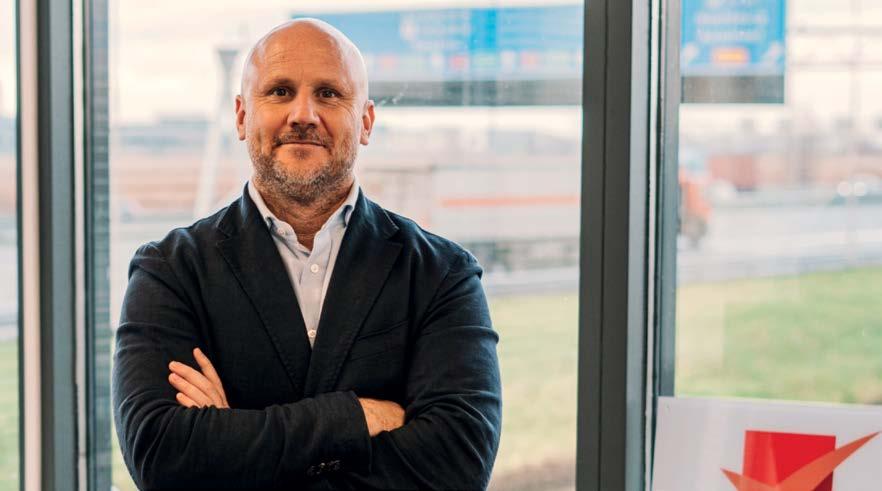
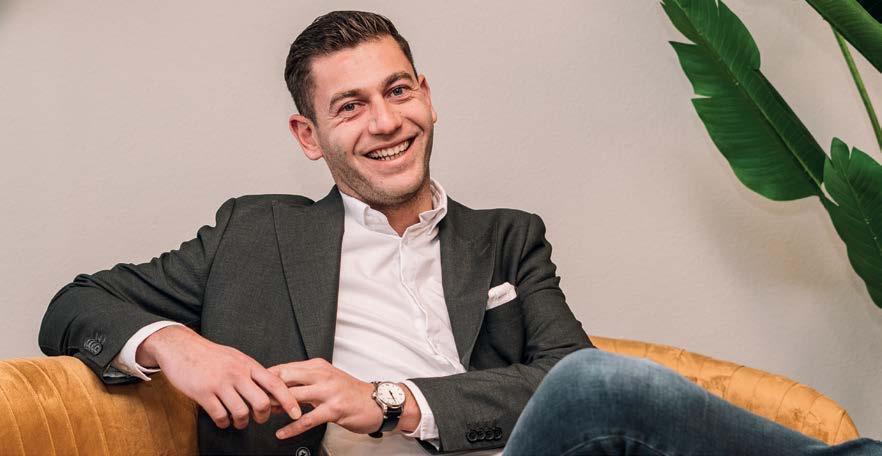
Atlas World Group has appointed Christy Lewis as Vice President, General Manager. She joined the company in July 2019.
five and a half years overseeing the Commercial Operations Group here in Evansville.
Christy Lewis
Atlas World Group Chairman and CEO Jack Griffin said: ‘Christy brings many years of leadership experience to the General Manager role, both from her prior positions outside of Atlas and her

‘Our management team continues to strengthen its leadership and, under Christy Lewis’ continued direction and guidance in her new role as Vice President, we are confident that this
organisation will continue to thrive and expand.’
Lewis said: ‘It is a privilege to serve this company and everyone who depends on Atlas’ services. I am grateful to Jack for his continued trust and support, and am confident that Atlas will carry our steady momentum forward for years to come.’
The Movers Oman (Premium Move Services LLC) has appointed Neeraj Puri as its new Relocations Manager.
‘Neeraj brings more than 20 years of experience in the GCC, with a proven track record in administration management, contracts, agreements and asset management, and more than a decade of
De Haan has announced two staff promotions. Dennis Nijssen has taken on the role of Team Manager Corporate Contracts and joined the company’s management team.
Nijssen has been with De Haan for 12 years, starting as move coordinator before taking on the role of surveyor and then move manager. ‘His customer focus and integrity make him a highly valued manager,’ said the company.
Meanwhile, Lisa Huijgen – after seven years with the business – has been promoted to Team Manager, Partner Desk. She also joins the management team.
‘Since joining in 2018, Lisa has proven herself as a driven, dedicated and resultsorientated professional,’ said the company. ‘With her commitment and collaborative approach, she builds strong relationships within our global partner network, including as an active member of the FIDI 39 Club.’
expertise in sales and marketing,’ said the company. ‘His strategic vision and operational excellence are expected to further enhance The Movers Oman’s commitment to delivering premium relocation services… and to investing in top talent to drive innovation and maintain its position as a trusted partner for relocation services across the region.’

Celebrity Intl Movers SA has appointed Christina Chrisovergis – daughter of the company’s owners, Kathy and George Chrisovergis – as its new CEO. She succeeds Panagiotis Raptis in the role.
A company announcement said: ‘Her leadership signals a new chapter, blending tradition with innovation to drive future growth. With a 40-year history of delivering exceptional service, Celebrity Intl Movers remains committed to treating its clients like celebrities under her leadership.’

Gosselin has promoted Jessica Deutschmann and Lennert de Jong to Directors of Moving.
Both joined the company more than five years ago and, according to the company, have made their mark on its moving division.
Deutschmann will be responsible for Germany, Switzerland, Italy and Eastern Europe (Baltics, Poland, Czechia, Ukraine, Georgia, Romania, Hungary, Croatia and Central Asia), while De Jong will cover the UK, France, Belgium and The Netherlands.
Both will retain their current responsibilities towards the firm’s partners: while Deutschmann looks after Gosselin’s overseas partners, De Jong will take on its European partner relationships.
Company CEO Marcel Jörg – pictured below, left, with Deutschmann and De Jong – has passed his direct reports over to the pair, allowing him to focus on strategic matters, M&A activities and his role on the Gosselin Group board.
Deutschmann is a previous FIDI 39 Club President and De Jong is a FIDI Academy trainer for its MiM programme.
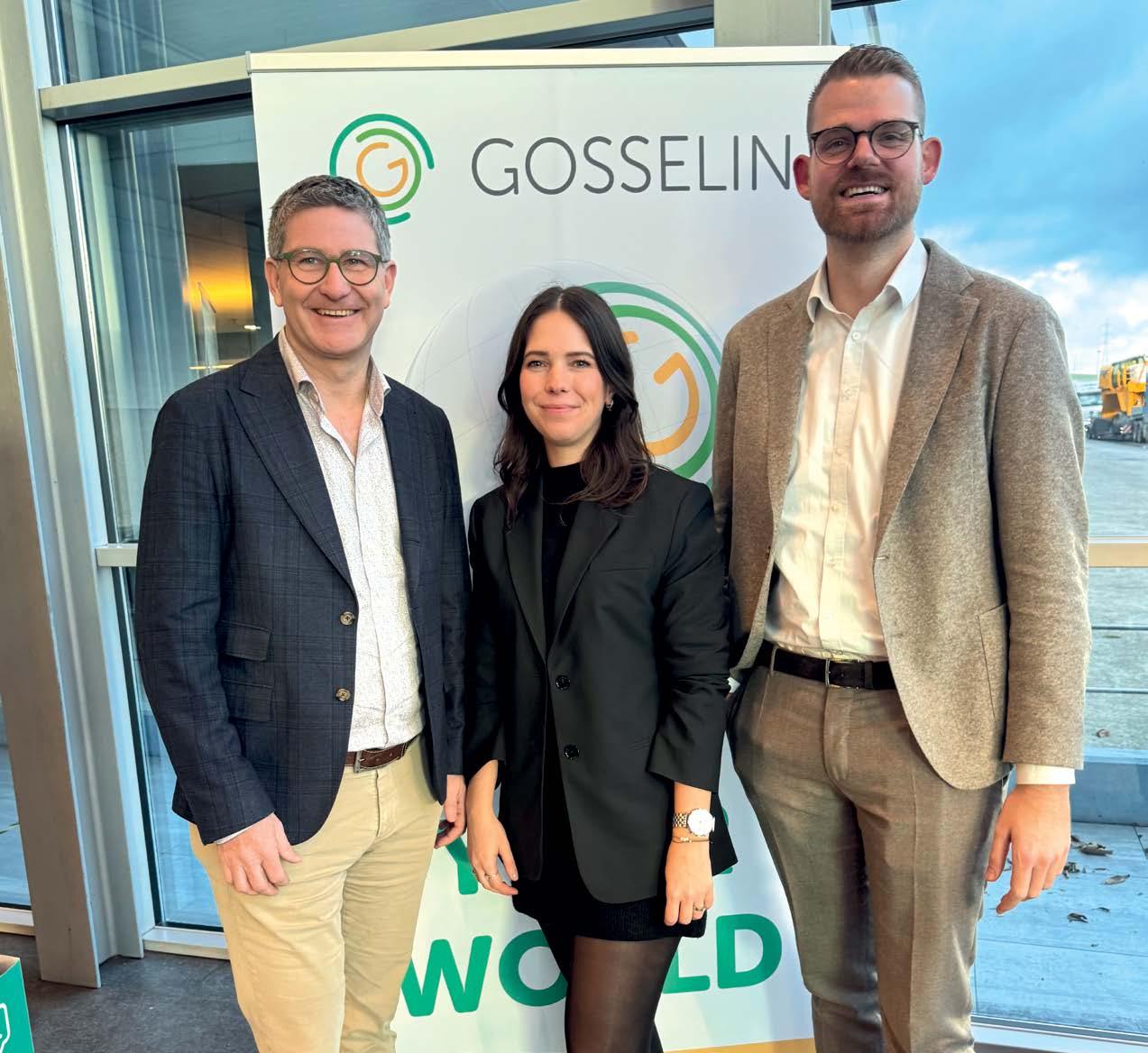
JK Moving Services has appointed Chad Marston as Chief Operating Officer, reporting to founder and Chairman Chuck Kuhn.
Marston brings extensive experience from the consumer goods sector, having worked with companies such as Clorox, Dannon and Kellogg’s. He will oversee the company’s executive-led corporate strategies in areas including HR, IT, global supply chain management, contracts, marketing, and other segments of JK enterprise services.
‘JK has grown significantly over the years, with global expansion in China, India, Canada, Colombia, Albania and the UK, and new service lines that include JK Land Holdings and JK Technology Services,’ said Kuhn.
‘Chad’s expertise includes developing and driving strategy and operational efficiency within complex organisations. We look forward to his insights and creative contributions as we continue serving our clients with the care and respect that defines our brand.’
Marston said: ‘I am excited to join an organisation that has the continual drive to be the best, helps lead its industry with integrity, evolves with the marketplace, and still puts the culture, community and their people at the centre of everything they do.’

Asian Tigers Indonesia’s Bill Lloyd has joined the board of the Overseas Moving Network International (OMNI). Lloyd has been a strong supporter of the network, attending 13 OMNI conferences.
Having recently completed a management buyout of Asian Tigers Indonesia, Lloyd said he is honoured to join the board and looks forward to contributing to OMNI’s strategic direction and strengthening trade relationships within the network.
As Florida’s relocation market booms, Global Movers Relocators is expanding its reach, building personalised services, and embracing sustainability. FIDI Focus meets its International Director, Jorge Mayorca

FIDI Focus (FF): Please tell us about Global Movers Relocators’ business
Jorge Mayorca (JM): Global Movers Relocators (GMR) specialises in providing full-service relocation solutions for domestic and international moves. We have more than 10 years’ experience and have built our business around personalised services to individuals, families and businesses.
We take care of everything – from packing and transportation to customs clearance and delivery – to ensure a smooth and stress-free experience. It’s not just about moving belongings; it’s about relocating lives and dreams. It’s why our motto is ‘We Move Your Dreams’.
FF: What are the characteristics of your local market?
JM: Florida’s market is incredibly dynamic, shaped by a diverse mix of clients, including retirees, international communities and businesses. Over the past decade, we’ve experienced significant growth in inbound migration, especially from northern states and Latin America. Florida’s appeal lies in its tax-friendly environment, vibrant economy, and expanding job market.
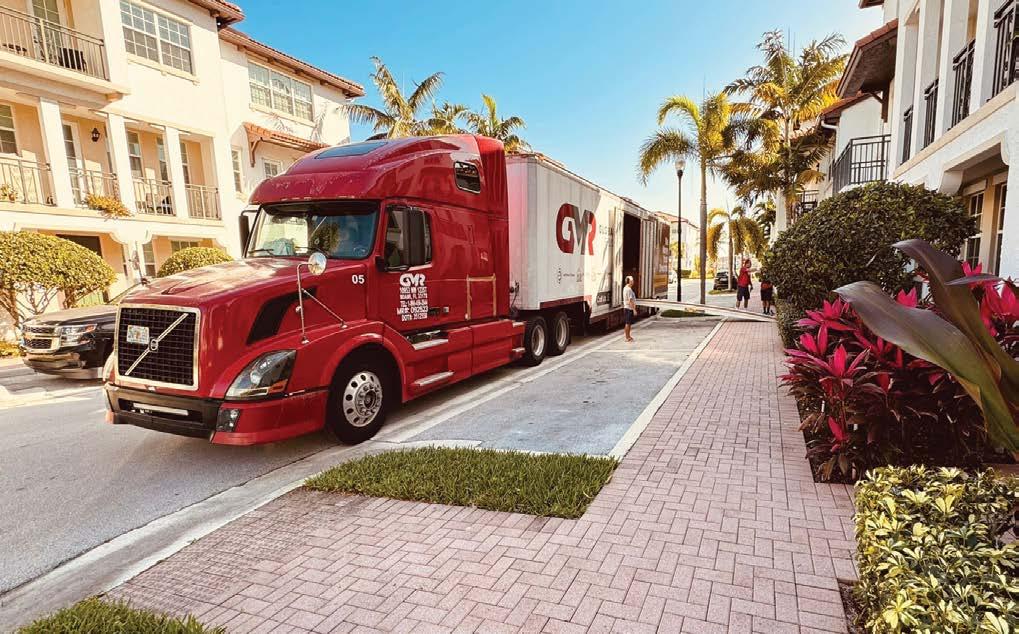
FF: Where are your biggest opportunities for growth?
JM: Locally, expanding in Florida’s rapidly growing markets such as Orlando and Tampa, targeting retirees and remote workers. Internationally, strengthening ties in Latin America and Europe, particularly in emerging markets with growing expatriate communities, and leveraging technology to streamline cross-border moves.
FF: How has Global Movers adapted to the changing market?
International Director of Global Movers Relocators, Jorge Mayorca, says: ‘Global Movers Relocators is more than a moving company – we are a partner in life’s transitions. By prioritising innovation, sustainability and customer satisfaction, we remain committed to delivering exceptional service tailored to the unique needs of each client.
‘We are also truly excited to be part of the FIDI family, and look forward to connecting with all the FIDI members while attending this year’s conference. This marks an important step in our journey as we embrace the shared values of quality, professionalism and collaboration within the global moving industry.’
In the past couple of years, Miami has also become a hot spot for businesses relocating headquarters, further fuelling the demand for corporate and employee relocation services. Nationwide, the rise of flexible work arrangements has also driven an increase in interstate relocations. With these shifts, we’ve noticed a growing demand for more customised moving solutions and environmentally friendly practices, aligning perfectly with our commitment to innovation and client satisfaction.
FF: What are the most popular domestic and international transferee destinations?
JM: Locally, we’ve seen a significant trend of companies from states such as Illinois, New York, Texas and California relocating employees to Miami. This increased inbound relocations, making Miami a major destination for corporate and individual moves, rather than a point of departure. The city’s thriving business and tax environment, and growing opportunities, have made it highly attractive for companies and their teams.
Internationally, Miami continues to be a hub for businesses and expatriates. We’ve observed a growing trend of inbound relocations from Europe, Canada and Latin America, often driven by corporate expansions, expatriate assignments, and individuals seeking better opportunities while staying connected to key international markets.
At the same time, we’ve seen many retirees relocating to South America, drawn by the lower cost of living, favourable climates, and the opportunity to immerse themselves in vibrant cultural experiences.
The US has seen an increased focus on sustainability, prompting innovations such as energy-efficient transport and eco-friendly packing materials. Global Movers has embraced these trends by incorporating sustainability into our procedures.
We’ve eliminated all plastic from our services –including tape, mattress bags and other materials –changing to eco-friendly alternatives. We are also reusing destination services boxes by shredding the cardboard to make new packing material. In addition, we’ve adopted advanced digital solutions for inventory tracking, client communication and virtual surveys to enhance the customer experience. Through these initiatives, we are positioning ourselves as a leader in quality, efficiency and environmental responsibility within the moving industry.
FF: Why did Global Movers decide to join FIDI?
JM: To align with the highest global standards of quality and professionalism. FIDI FAIM has been pivotal for 75 years, setting benchmarks for operational excellence, offering a reliable network, and ensuring trust among international clients. Membership reinforces our commitment to quality assurance, continuous improvement, and delivering exceptional service that meets the evolving needs of our clients.
FF: What are Global Movers’ immediate plans?
JM: They include expanding our service network in underserved areas, adopting cutting-edge technology to improve operational efficiency, and enhancing employee training programmes to maintain exceptional service standards. We are also exploring partnerships to strengthen our presence in strategic international markets.
Ed Voerman, founder of Dutch mover Voerman, died on 17 January 2025, at the age of 84.
A statement on behalf of Ed’s son, Robert Jan Voerman, and the Voerman Group’s management board said Ed had been ‘a mentor to many within and beyond our organisation’.
After starting his career and becoming managing director at Allied Varekamp, Ed founded Voerman International in 1986 at the World Trade Center, Amsterdam.
Former FIDI Board member Piet van Herk said: ‘My brother André and I had an operational moving company, which did packing and moving throughout Europe. When we merged our companies in 1989, we kept the name Voerman International, later taking over Batenburg & Folmer and Transpack, long-established (1896), international, well-known companies in the moving industry. Voerman became a FIDI member in the same year and started to grow. Ed was a visionary.’
Under Ed’s leadership, the business expanded beyond its initial Dutch borders, notably with the establishment of facilities in Moscow, Prague and other Eastern European locations, starting in 1992.
‘Ed also pioneered the concept of destination services in Europe, through EuroHome Relocation Services, and founded UTS International, now known as Harmony Relocation Network,’ said Robert Voerman.
‘Ed devoted much of his time to his passion for “servant leadership”, a philosophy he actively followed within his company for many years. He founded an academy where hundreds of experienced managers embraced Robert Greenleaf’s philosophy of “the servant as leader”.
‘Ed was immensely proud of the company’s evolution, our new global headquarters that bear his name, and the continued involvement of the next generation in our business. His spirit and principles will forever be the cornerstone of our company’s ethos.’
Paul Bernhardt, Managing Director of Harmony Relocation Network, said: ‘Ed was the first chairman of our network, known as UTS at the time. He chaired the supervisory board from 1991 until 2007. He was known for his long-term strategic vision and led the way for his own company, as well as the network.
Ludwig Henk Senior, founder of Henk International, died on 29 November 2024. His wife, Marlene Henk, died four days later, on 2 December 2024.
A statement from the company said: ‘Together, Ludwig Sr and his wife Marlene founded our company, Henk International, in 1959, laying the foundation for what we are today. With tireless dedication, immense passion and visionary determination, they created a legacy that grew successfully over the decades and continues to thrive today under the guidance of the second and third generations.
‘Despite their remarkable achievements, Ludwig and Marlene remained humble individuals who never lost their grounded nature. For them, family always came first.
‘Their love extended not only to their family, but also to their shared

‘Ed left a mark on our network and the industry at large, and we are forever grateful for that.’
FIDI Secretary General Jesse van Sas said: ‘Ed was an incredibly significant player in our industry, who was open-minded, innovative, and warm to the people he encountered in this business, including me. It is difficult to imagine a world without him.’
Ed enjoyed rowing well into his later years and loved spending time with his grandchildren. He is survived by his wife, Annelies, four children, and seven grandchildren.

joy of travelling. Fate granted them their final wish, allowing them to take their last journey into eternity side by side.
‘We will remember Marlene and Ludwig Senior as outstanding entrepreneurs and loving family members. We are deeply grateful for the legacy of their life’s work.’
Over the past 25 years, Segon-Marill has grown into one of Ethiopia’s leading providers of moving and logistics services. General Manager Biniyam Ketema gives an overview of the opportunities that are emerging for the company, at home and overseas

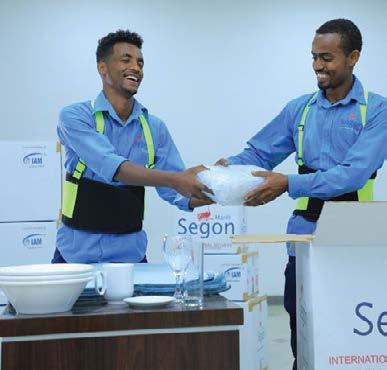
Founded in 2000 and based in Addis Ababa, Ethiopia, Segon-Marill has spent the past 25 years negotiating regional challenges –including Ethiopia’s often patchy infrastructure and unstable regulatory landscape – to become a leader in the country’s moving and logistics sector.
According to General Manager Biniyam Ketema, Ethiopian moving services are best characterised by their affordability. Many customers depend on unofficial operators, with demand growing, fuelled by urbanisation. There is a particular focus on major cities, including Addis Ababa, Dire Dawa, Bahir Dar, Hawassa, and Mekelle because of infrastructure development, employment opportunities and urbanisation.
‘As the country’s economy and infrastructure grows, its relocation services may align more closely with international standards required to service a global clientele,’ says Ketema. ‘Ethiopia’s international moving industry is quite professional, and provides specialised services for cross-border moves, extensive insurance, and cutting-edge technology, albeit at a higher price.’
Driven by political needs and economic migration, transferees from Ethiopia regularly need household items moved to destinations such as the US, Canada, Germany, France, Belgium, the Netherlands, Kenya, and South Africa, with customers from diplomatic communities, or moving for job openings or other commercial reasons.
‘Overseas relocations necessitate more intricate logistics, such as shipping and customs clearance,’ says Ketema, who adds that Segon-Marill aims to provide ‘seamless and comprehensive’ services around the world.
‘Our expertise in managing inbound and outbound air and sea shipments means we can provide tailored solutions and smooth cross-border transitions. Our team of dedicated professionals is passionate about delivering excellence and building lasting relationships rooted in trust, reliability and exceptional service quality.’
The company’s ‘customer-first’ approach is characterised by ‘dependable, innovative and customised
Biniyam Ketema, General Manager at Segon-Marill, says joining FIDI is a key marker on the company’s journey to achieving its aspiration ‘to become Africa’s most dependable, trusted and premium relocation service provider’.
‘It is a strategic move to establish trust, professionalism and global expansion,’ he says, ‘and reflects our dedication to upholding these standards and continually enhancing our offerings.
‘FIDI’s rigorous certification process ensures that Segon-Marill meets international quality and service criteria, boosting our reputation and competitive edge. Membership also grants us access to a global network of reliable partners, enabling seamless cross-border relocations and entry into new markets.
‘Furthermore, FIDI provides valuable training, resources and industry knowledge, helping Segon-Marill enhance operational efficiency and customer satisfaction.’
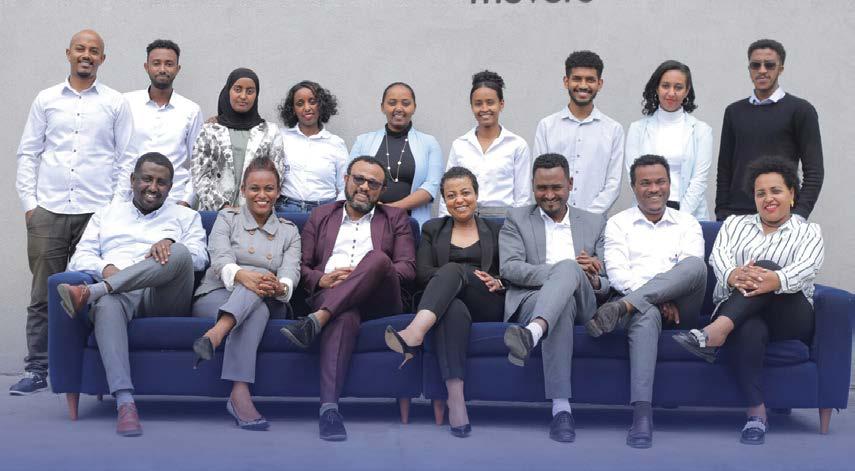
solutions that allow our clients to focus on what truly matters during their transition’, says Ketema.
‘The rapid pace of Ethiopia’s urbanisation and infrastructure growth, and the expansion of the middle class, are fuelling the need for dependable and professional moving services, especially in cities such as Addis Ababa,’ says Ketema. ‘Segon-Marill is looking to seize this opportunity by providing standardised, costeffective and insured solutions.’
Internationally, he sees opportunities connected to Ethiopia’s rising foreign investment and diplomatic ties with more than 130 embassies and diplomatic missions.
‘Collaborating with international logistics firms, Segon-Marill has access to a global market, delivering seamless services for expatriates, diplomats and corporations, while expertly managing customs and shipping challenges,’ Ketema says.
‘Adopting technology and sustainable practices will further strengthen our competitive edge in local and international markets.’ This includes pioneering the use of eco-friendly packing materials. ‘We are the sole provider of ISPM-standard wooden boxes and UAB cartons in the Ethiopian market, so we stand out in delivering premium solutions.
‘We have created a bespoke ERP system that allows clients to monitor their shipment status in real time. This ensures we remain at the forefront of the industry, consistently delivering exceptional service and maintaining a competitive edge.’
Segon-Marill is also boosting the storage capacity of its warehouse and acquiring additional covered trucks and forklifts to improve the efficiency of its services.
‘We are committed to investing in advanced technology and offering ongoing training for our staff, to ensure we adapt to and meet the changing demands of our clients,’ says Ketema. ‘Our mission is to deliver exceptional, white-glove moving solutions that alleviate the stress of relocation. We accomplish this by empowering our passionate team to innovate, explore, and introduce unique services designed to meet the evolving needs of our clients.’


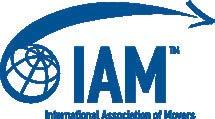

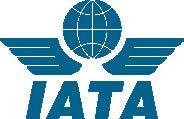
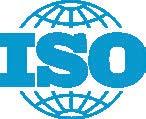

No two moves are alike. They are as unique as the people moving, each with their own reasons, destinations and unique personalities. People move for personal or professional reasons, but here at Gosselin, moving means more than just relocating people and their belongings. We support you throughout the entire process, with care, confidence, and dedication. We cater to your needs and adapt to your world, down to the smallest details.